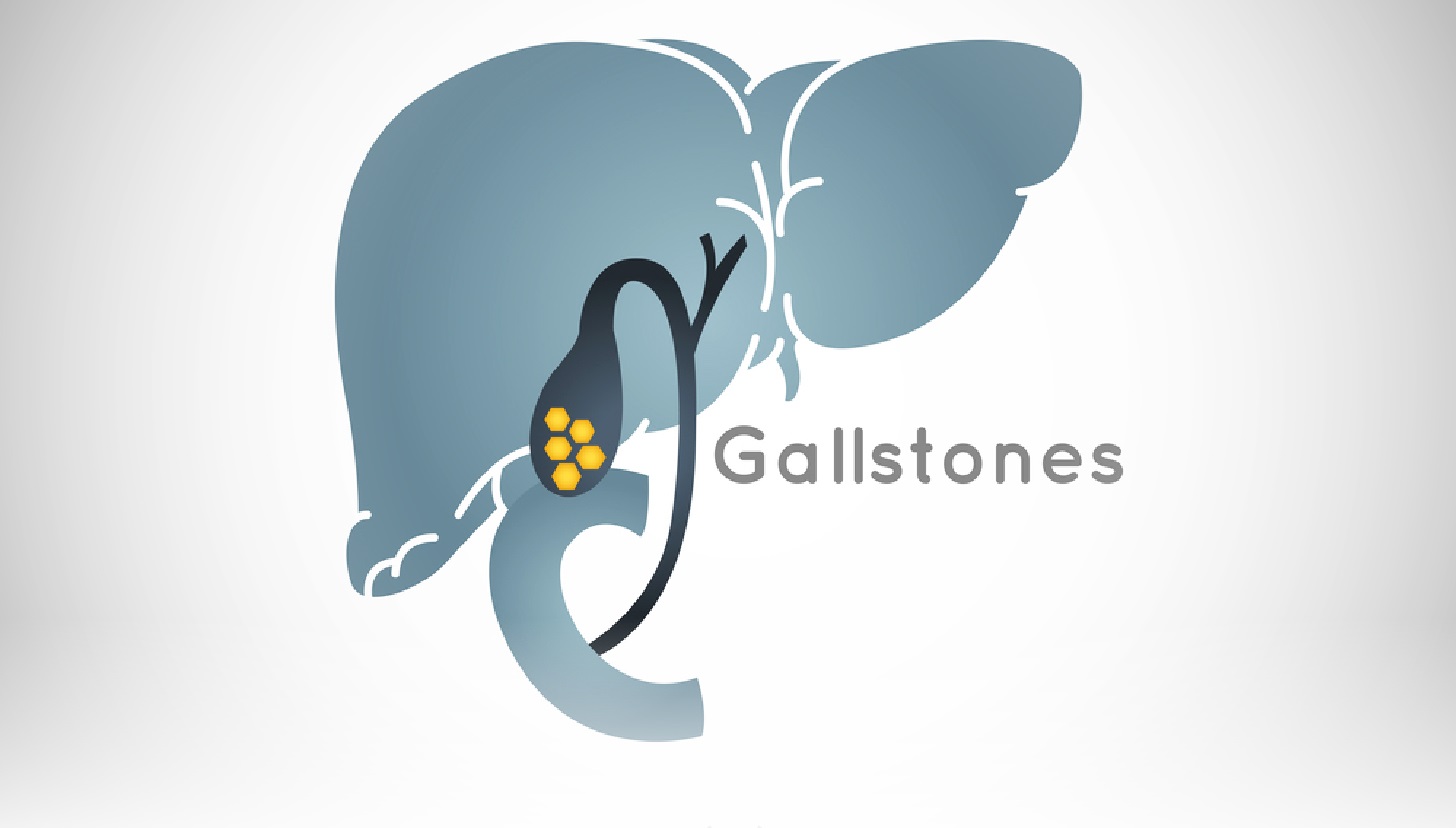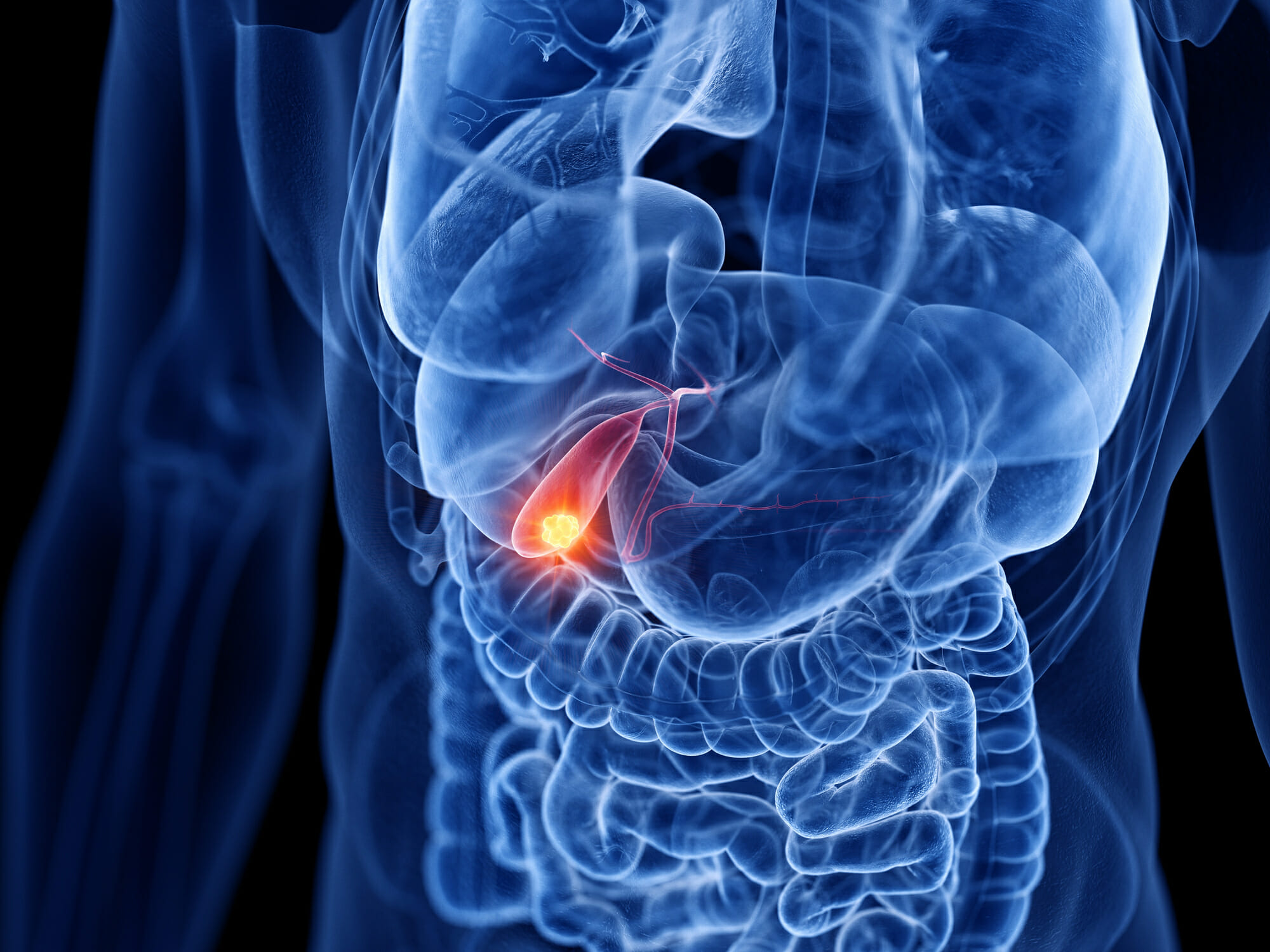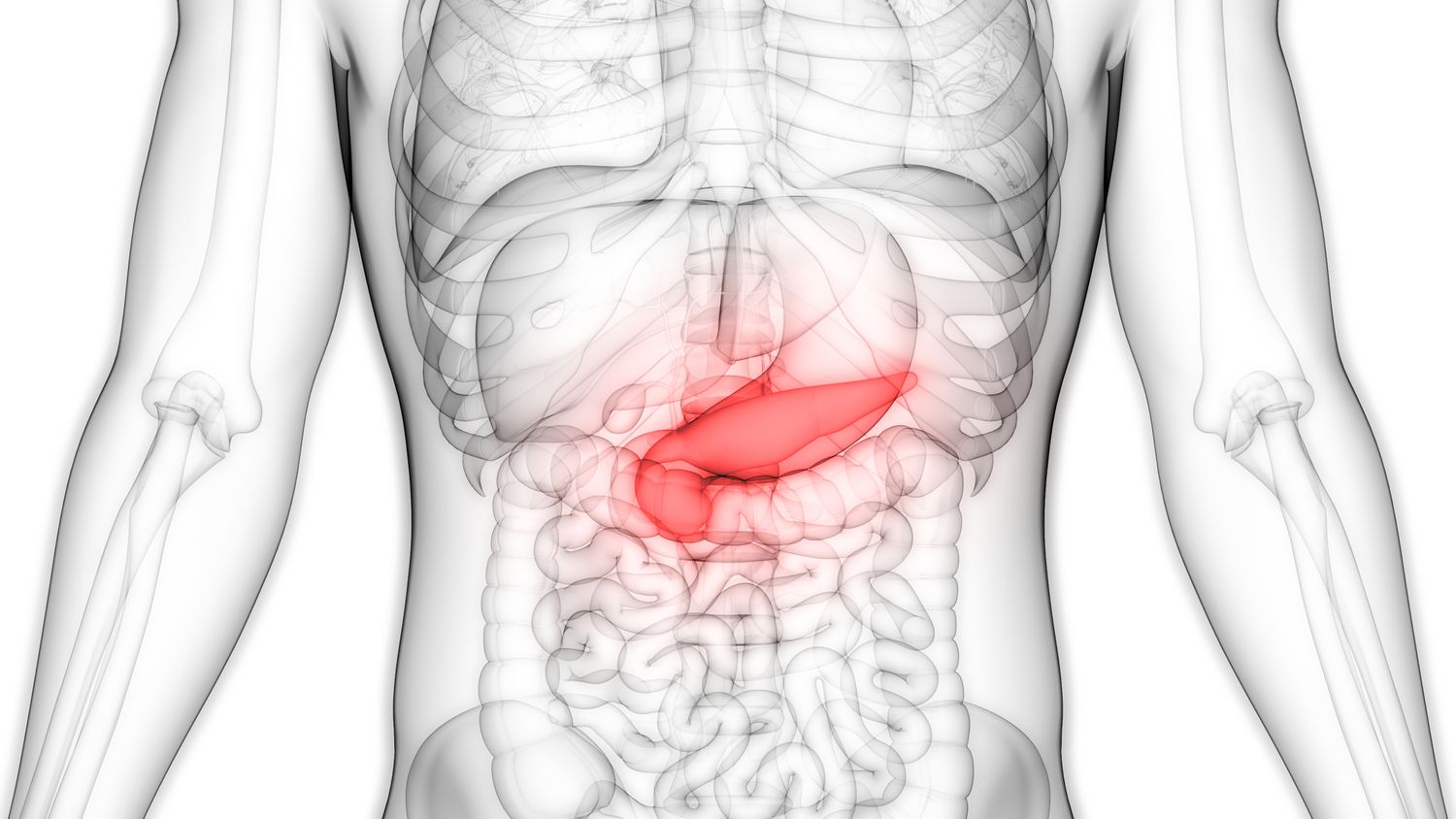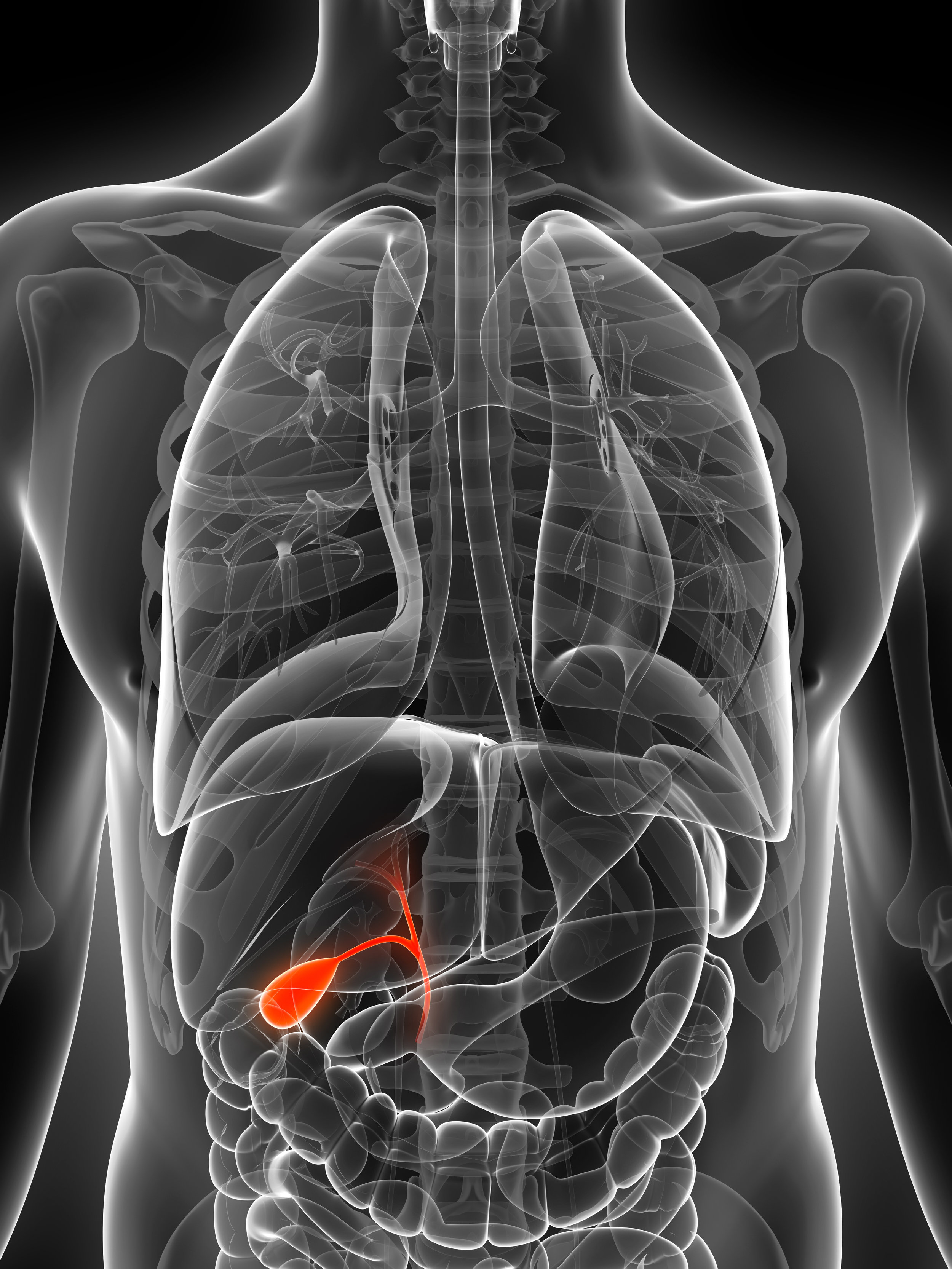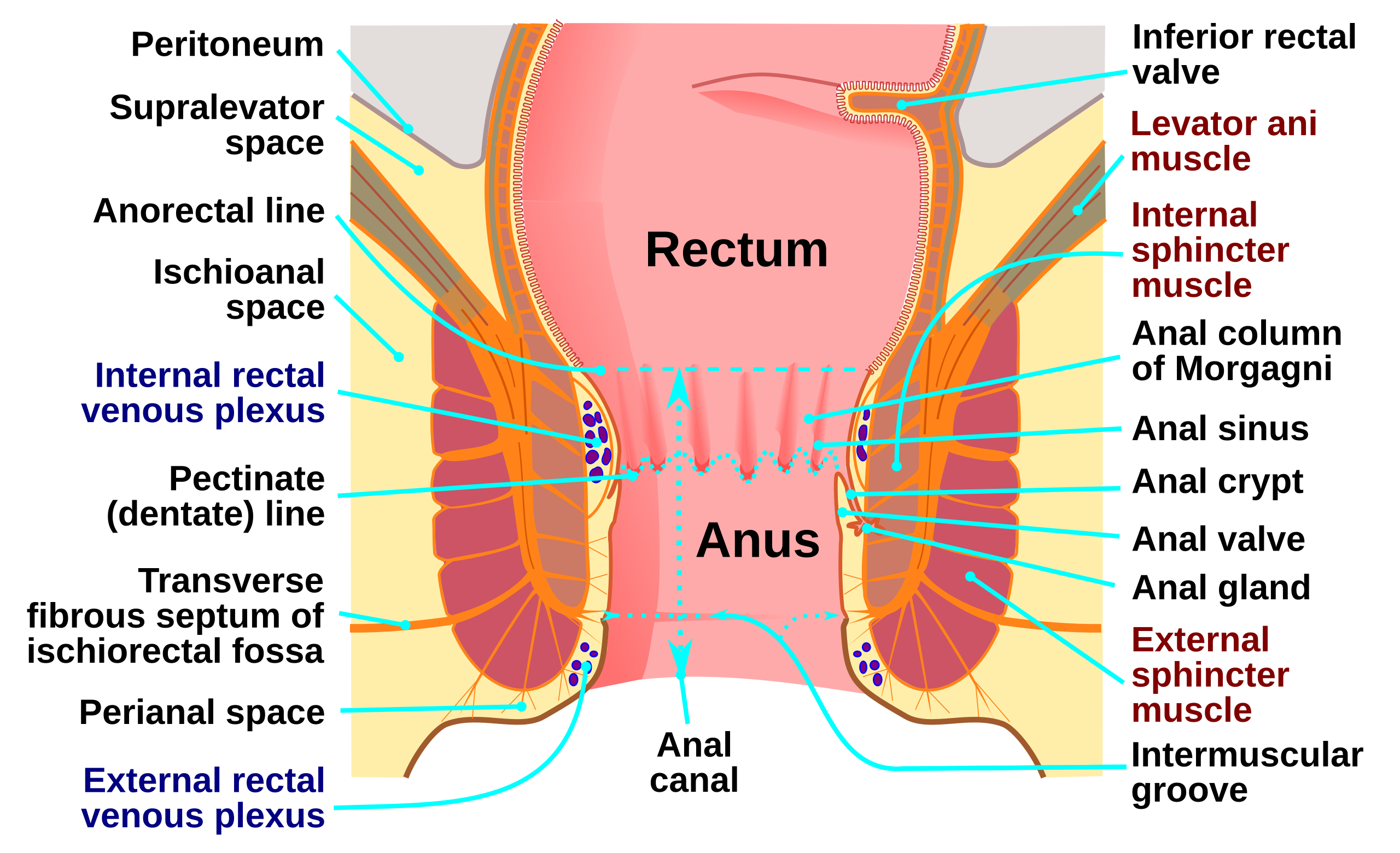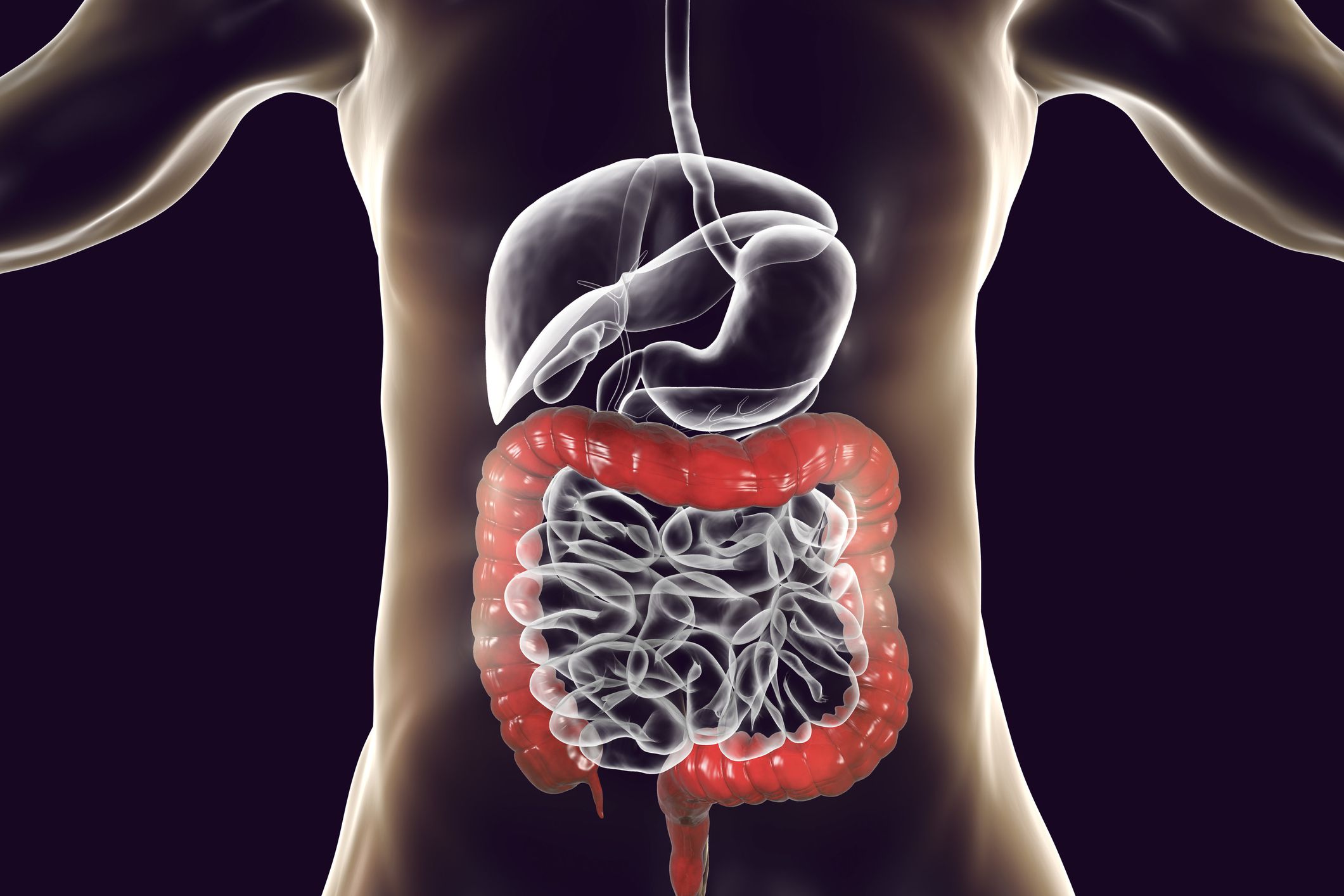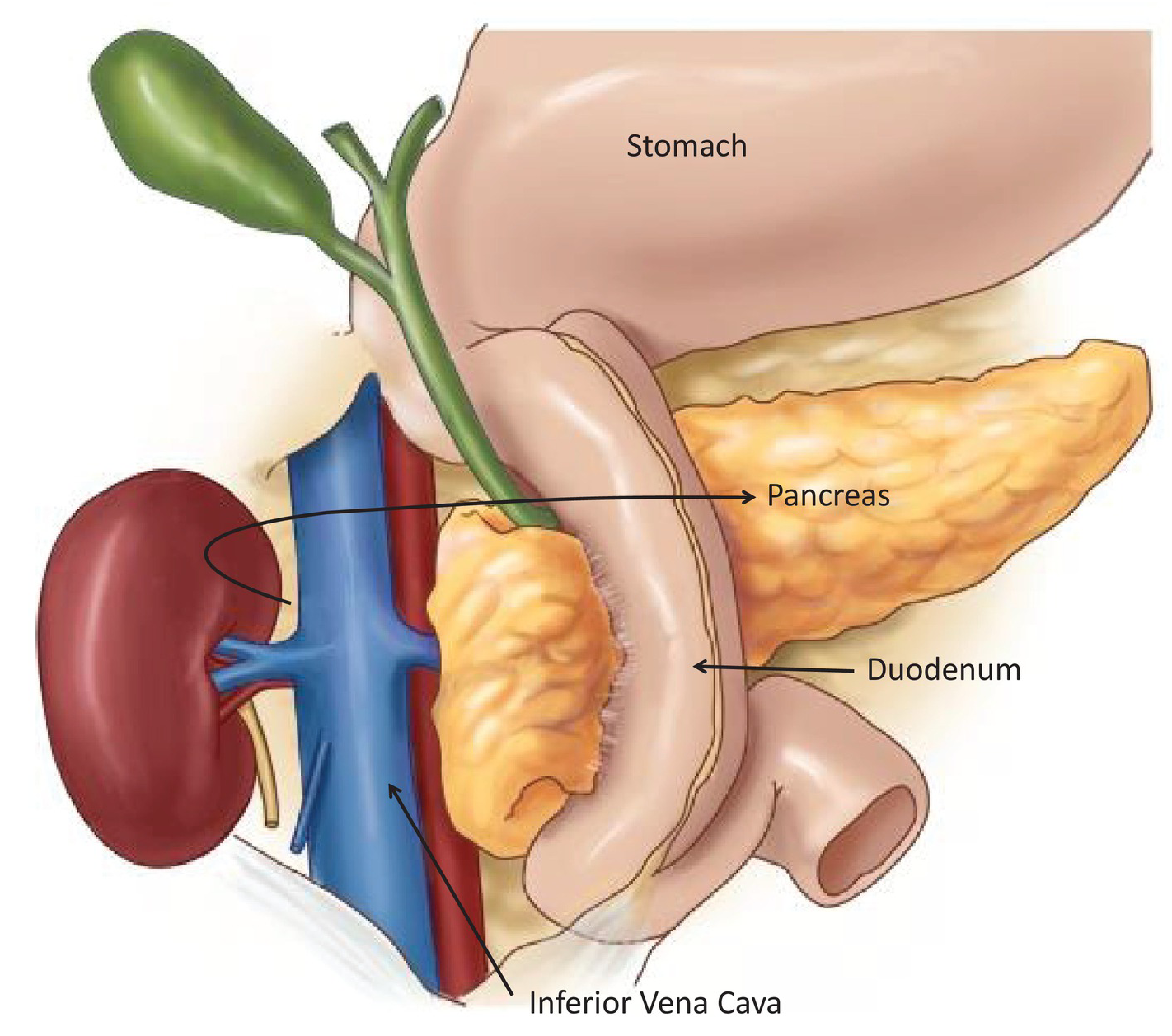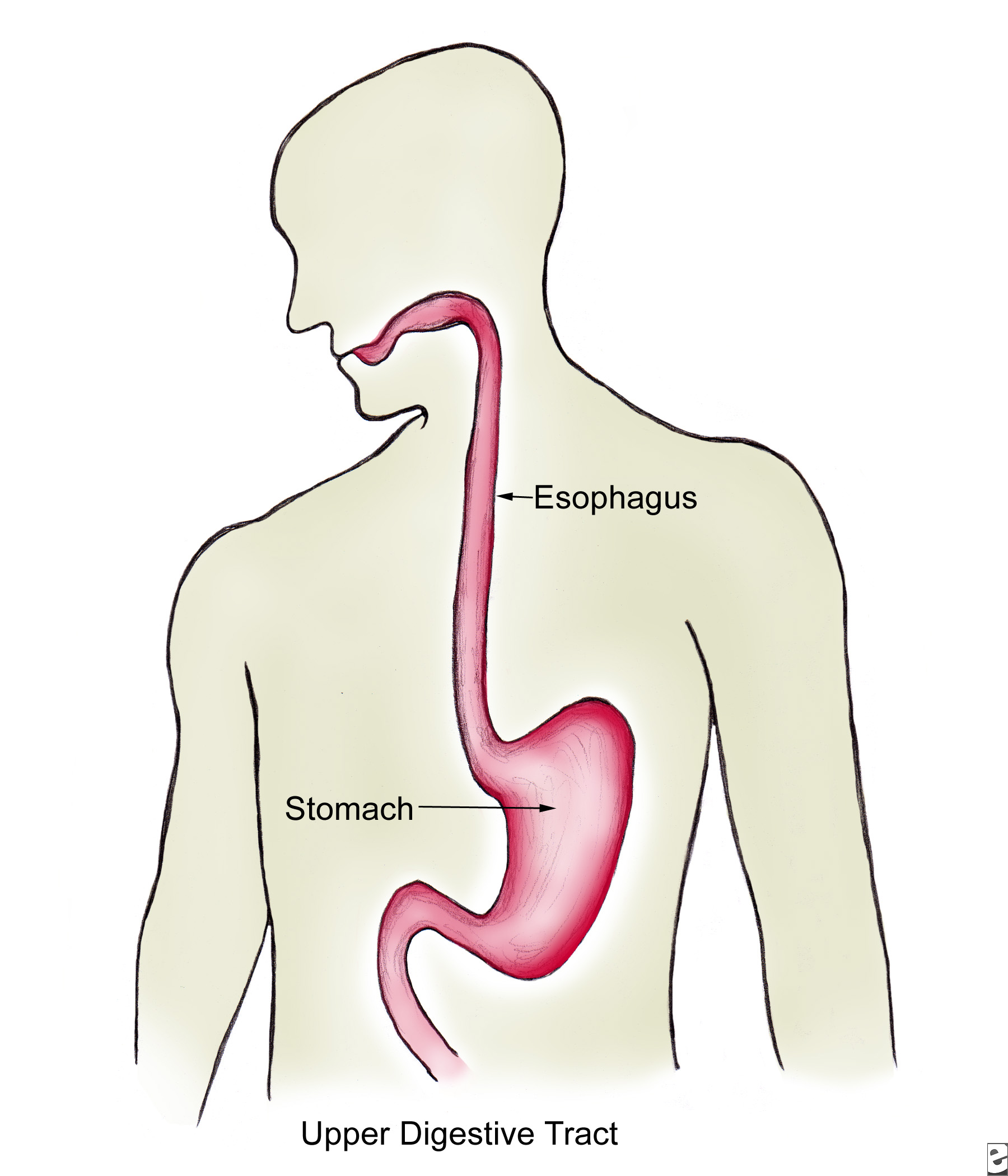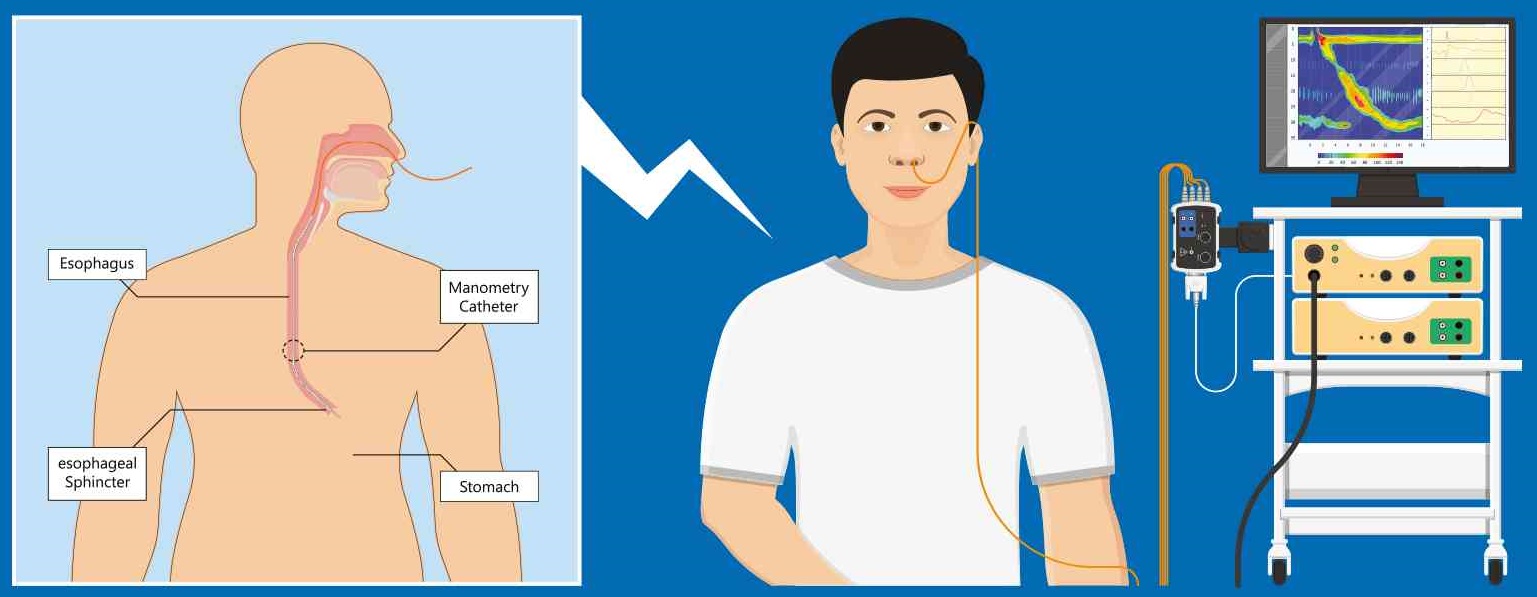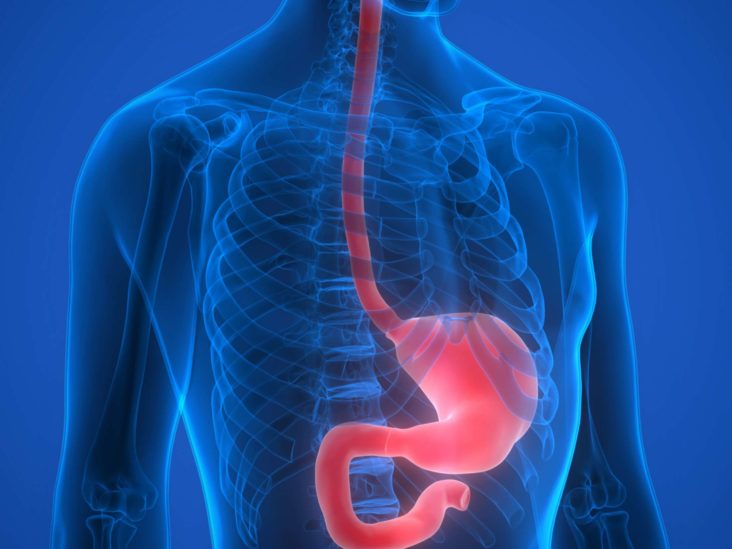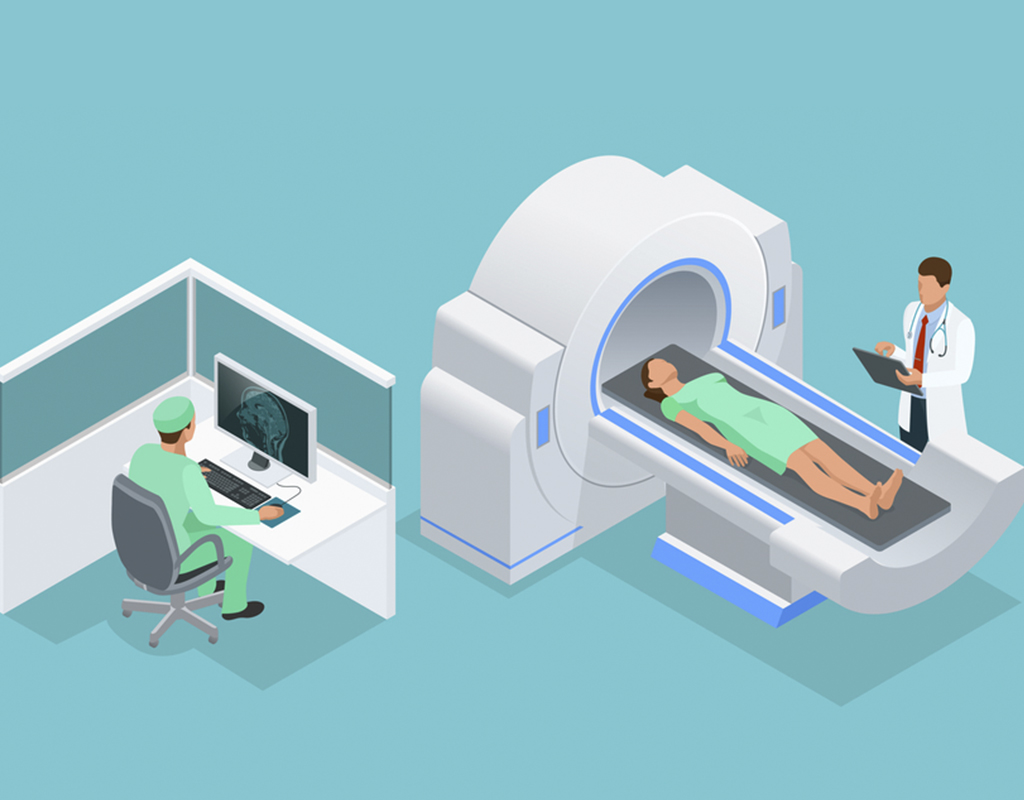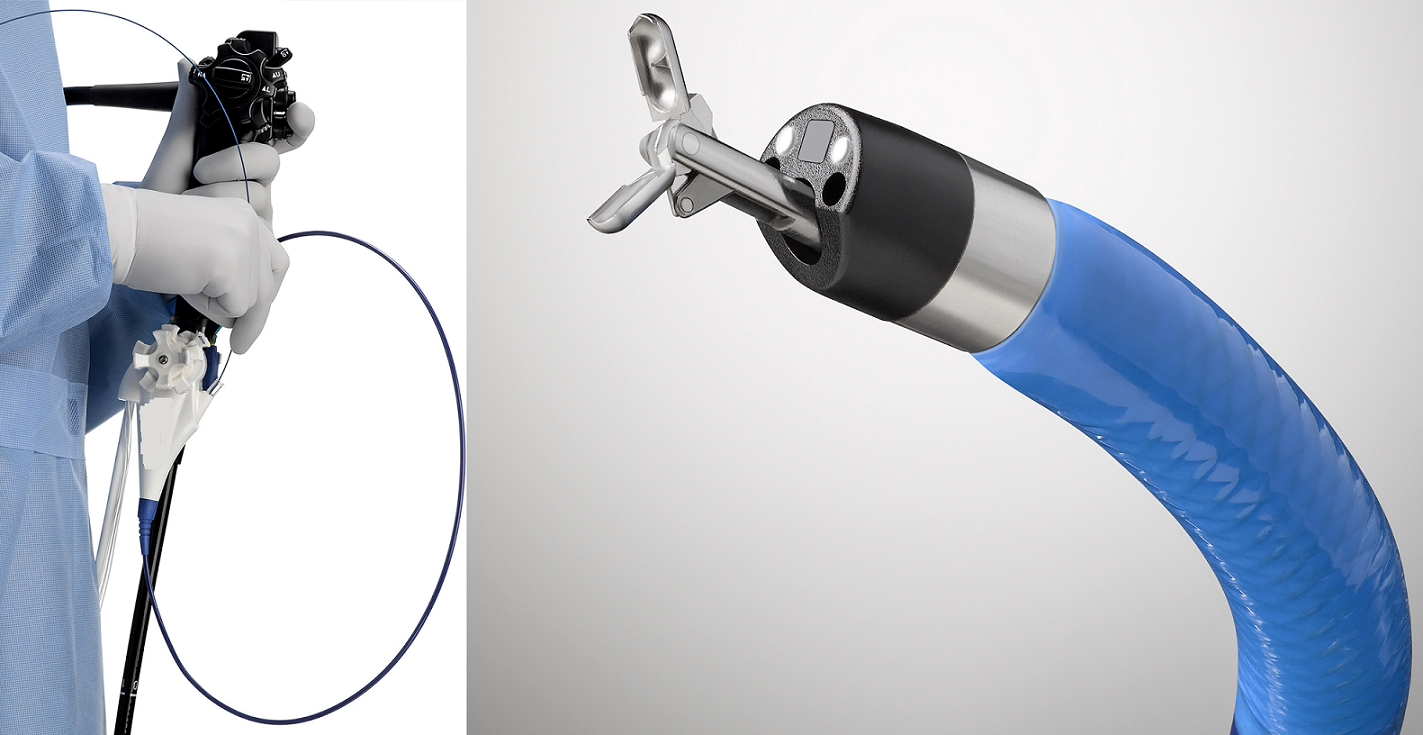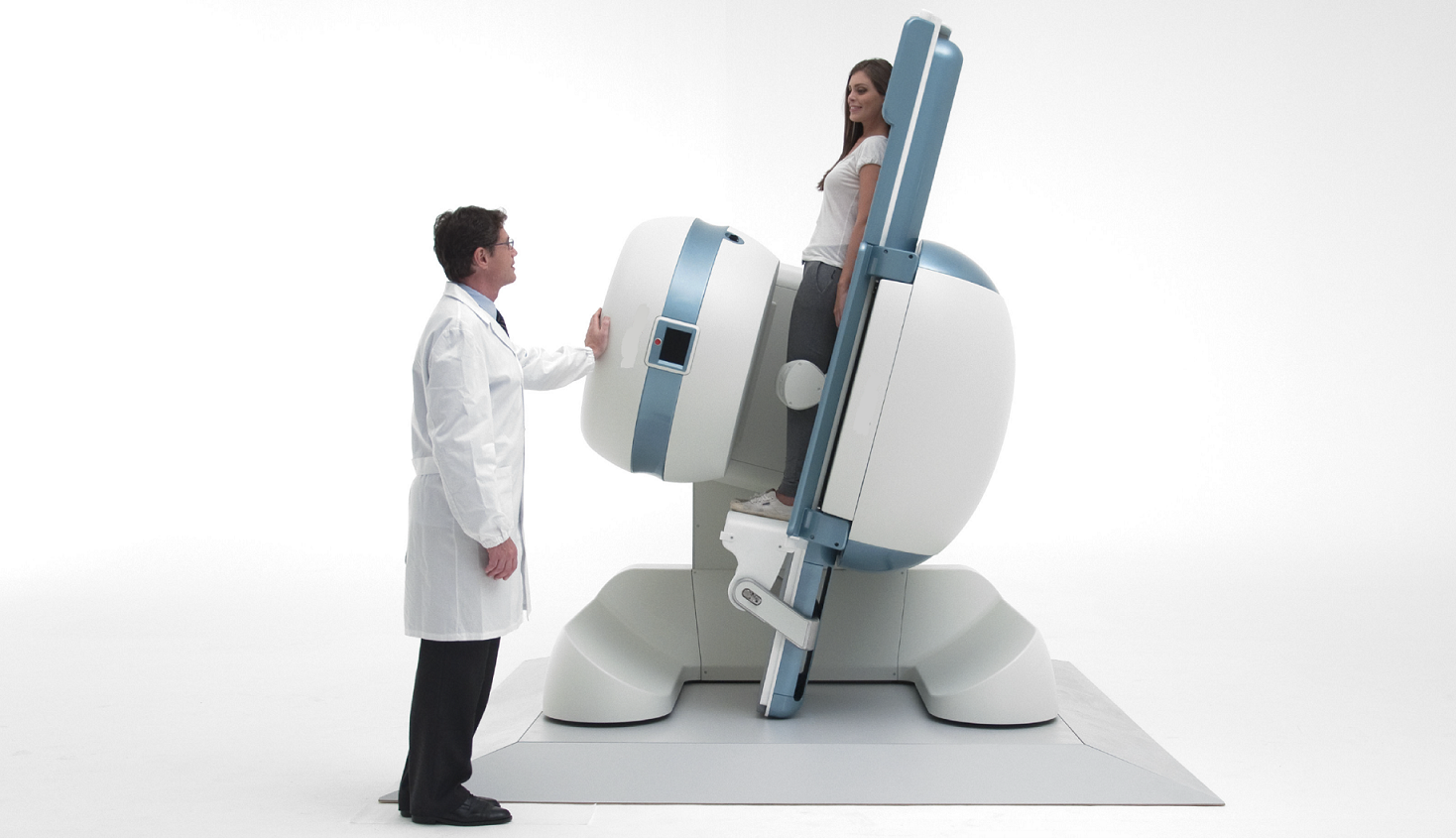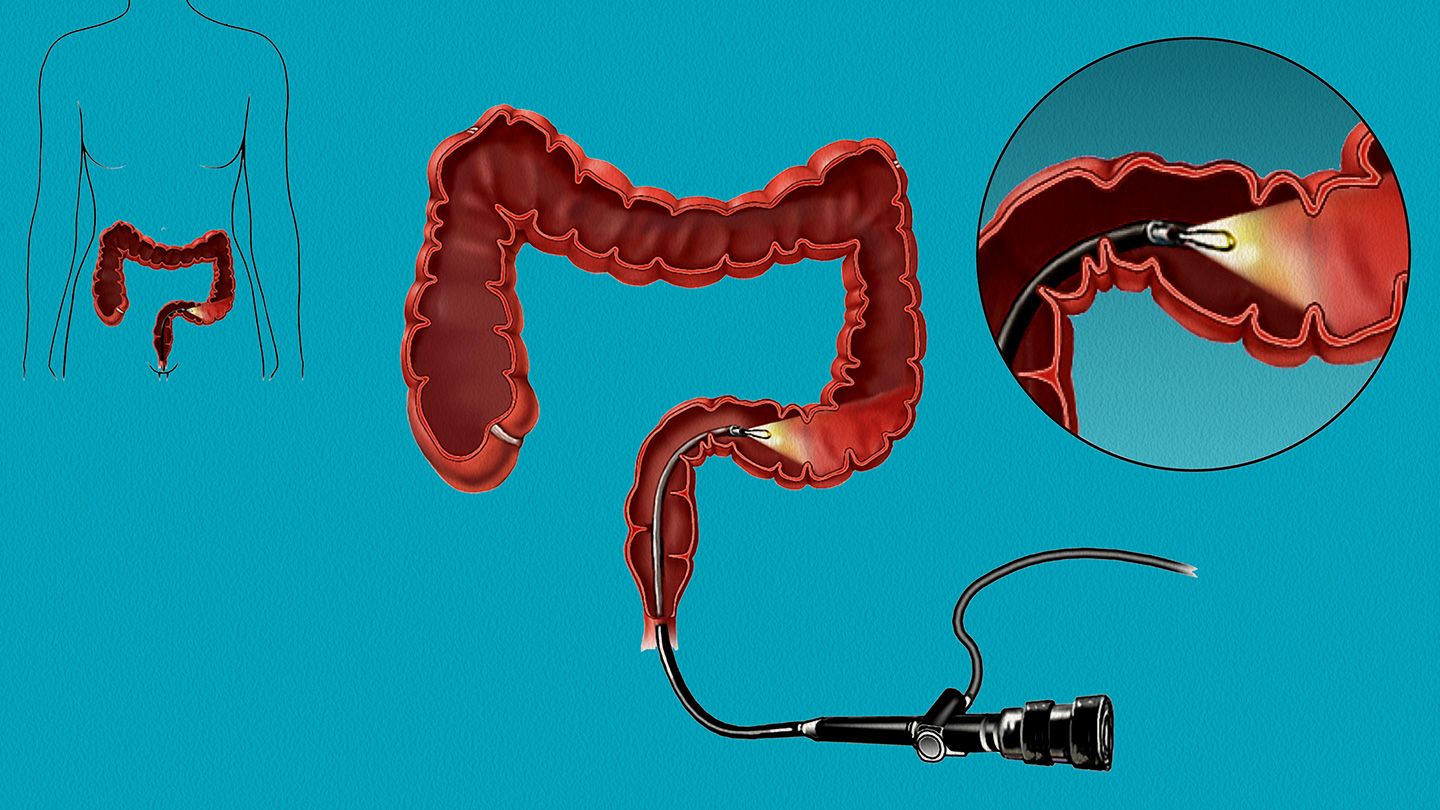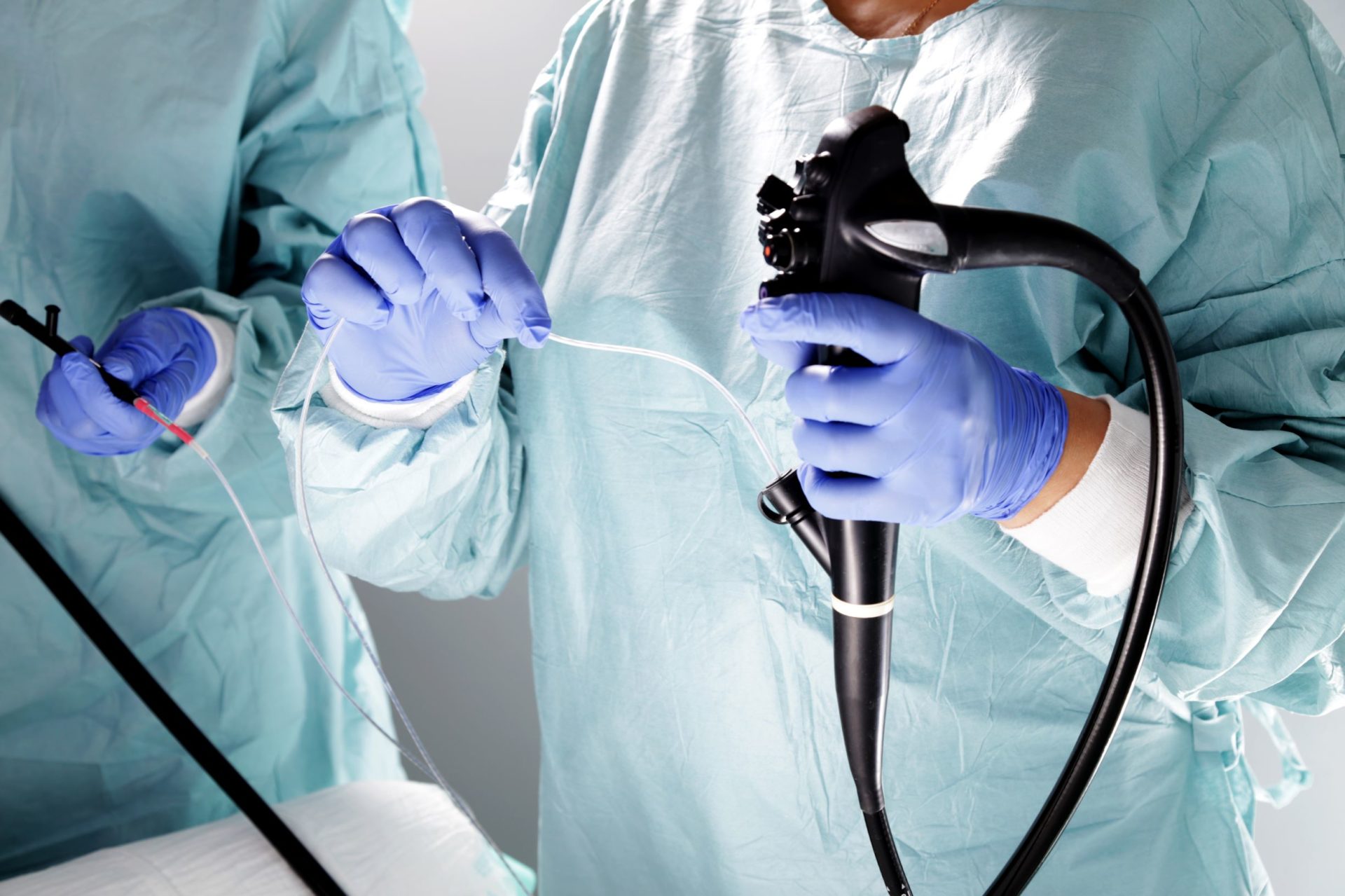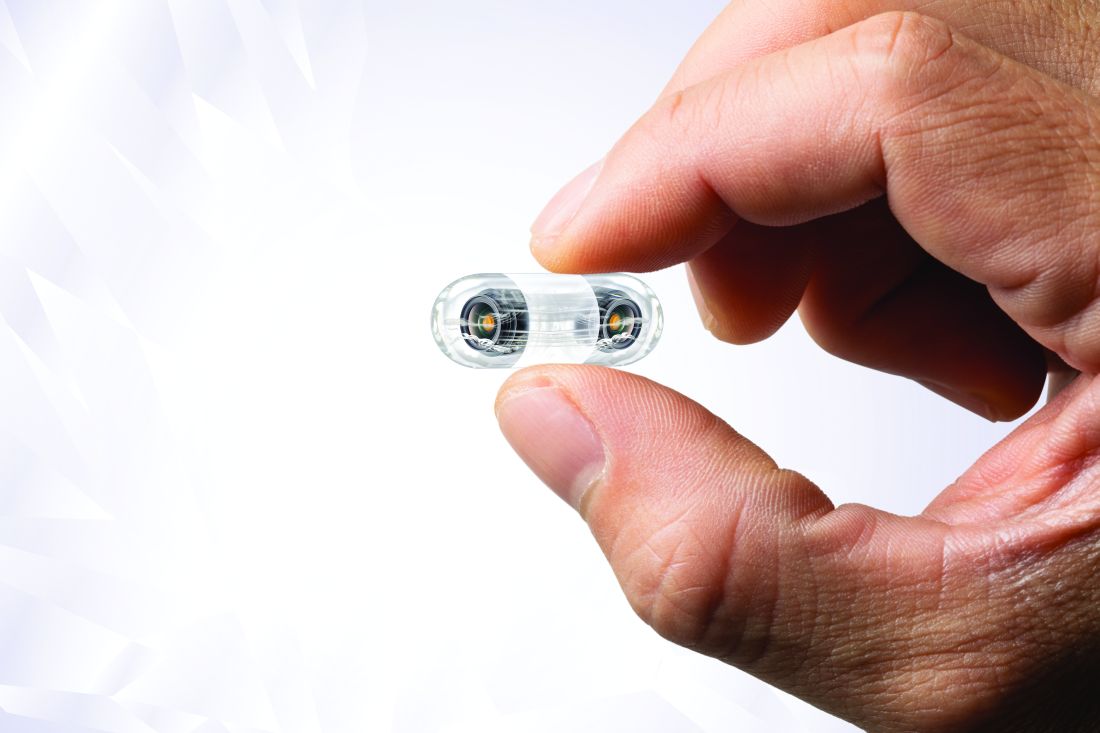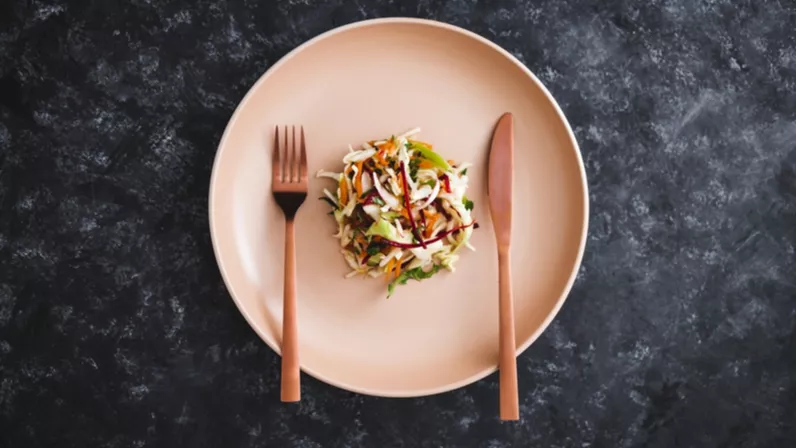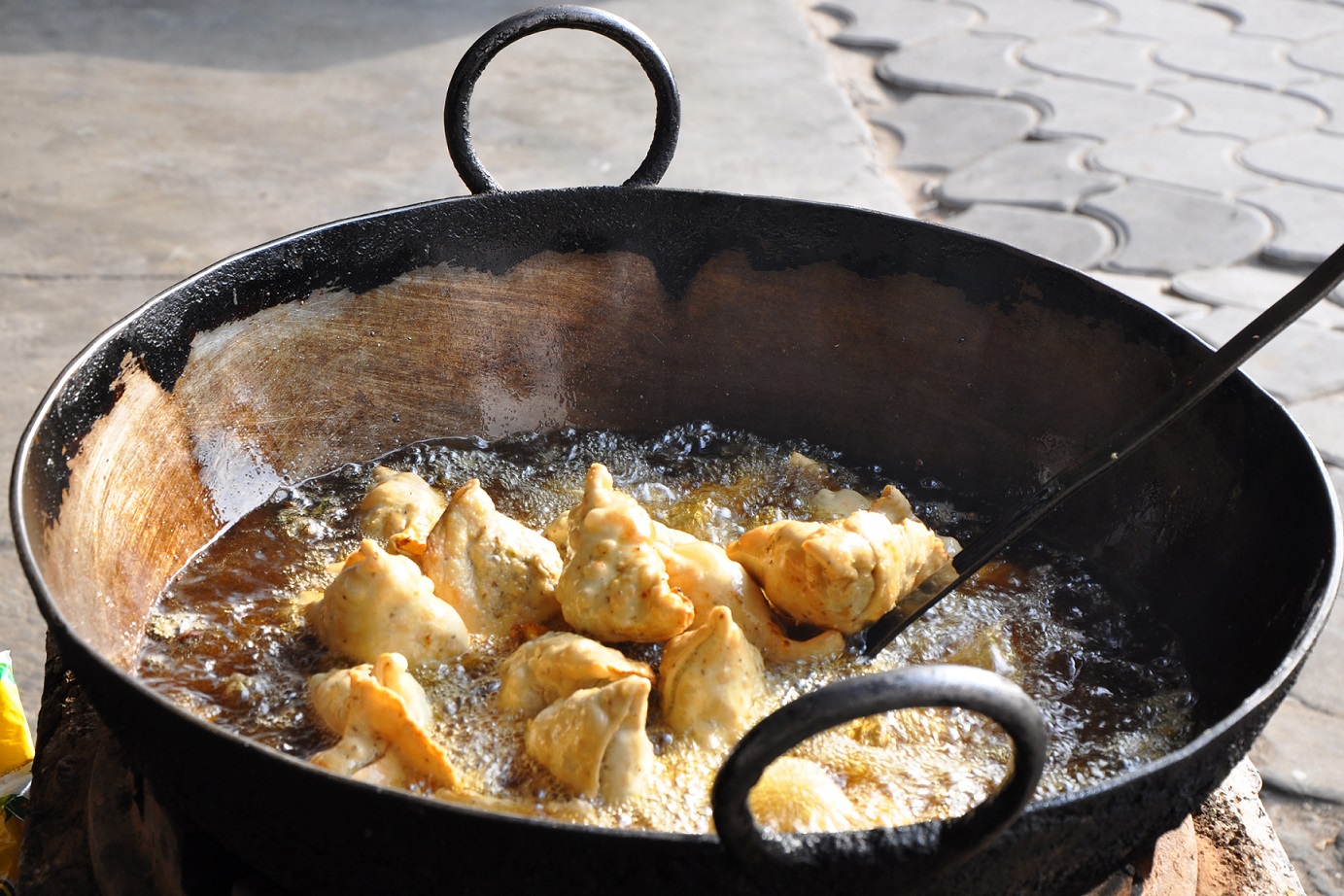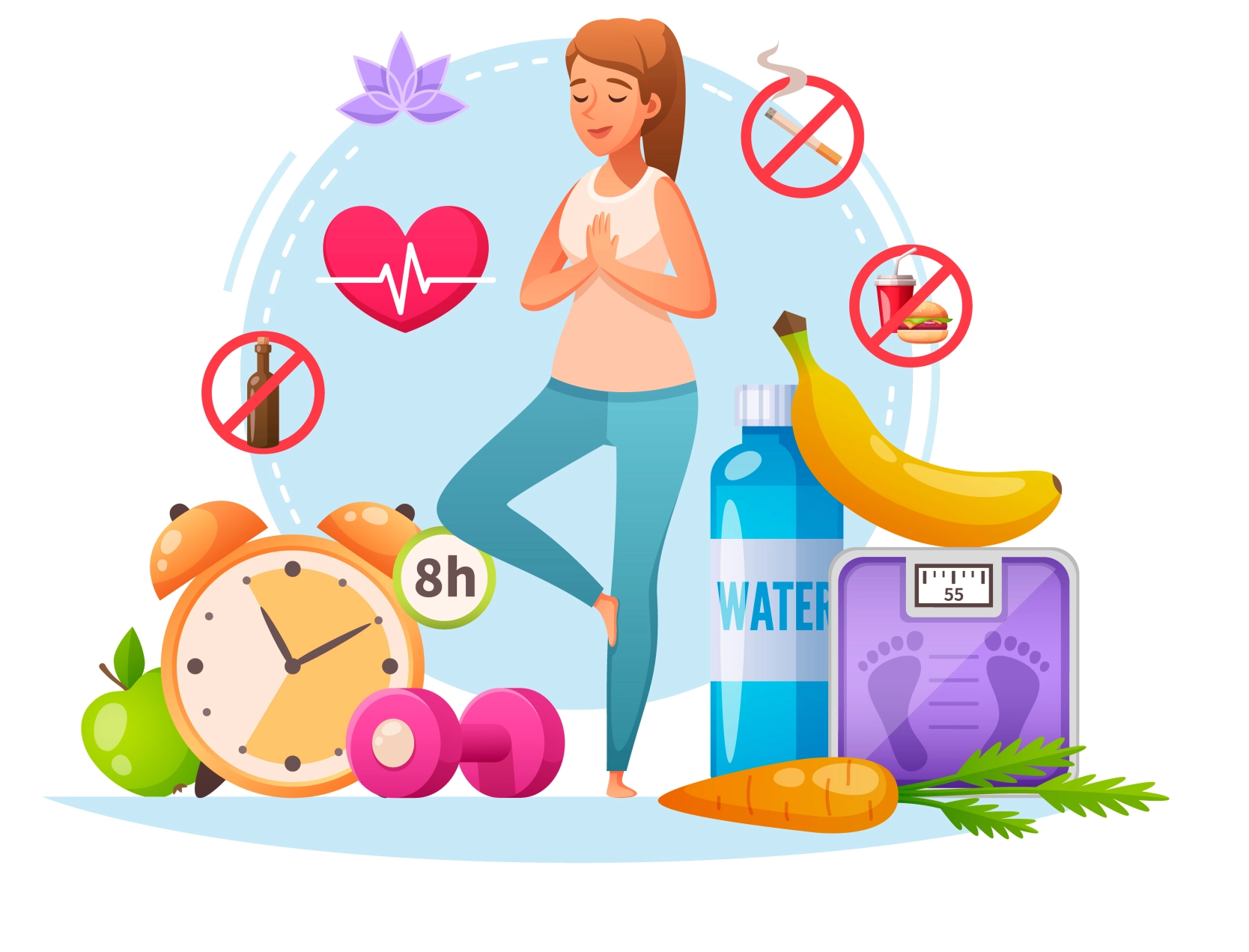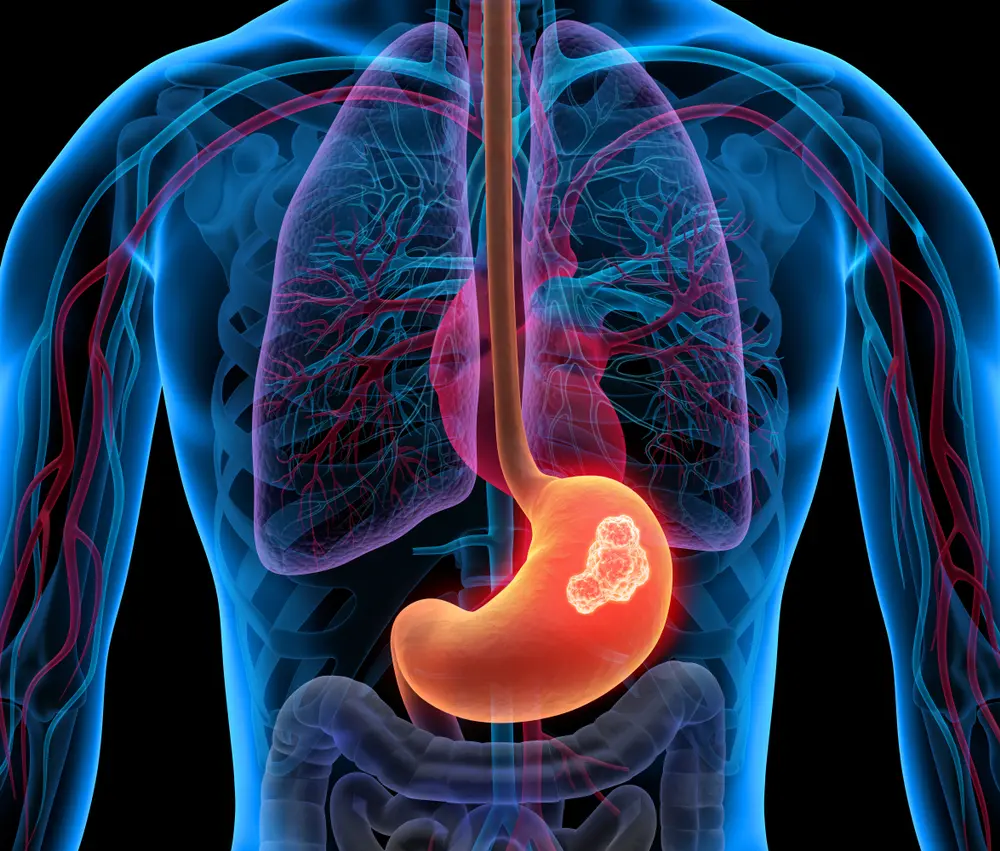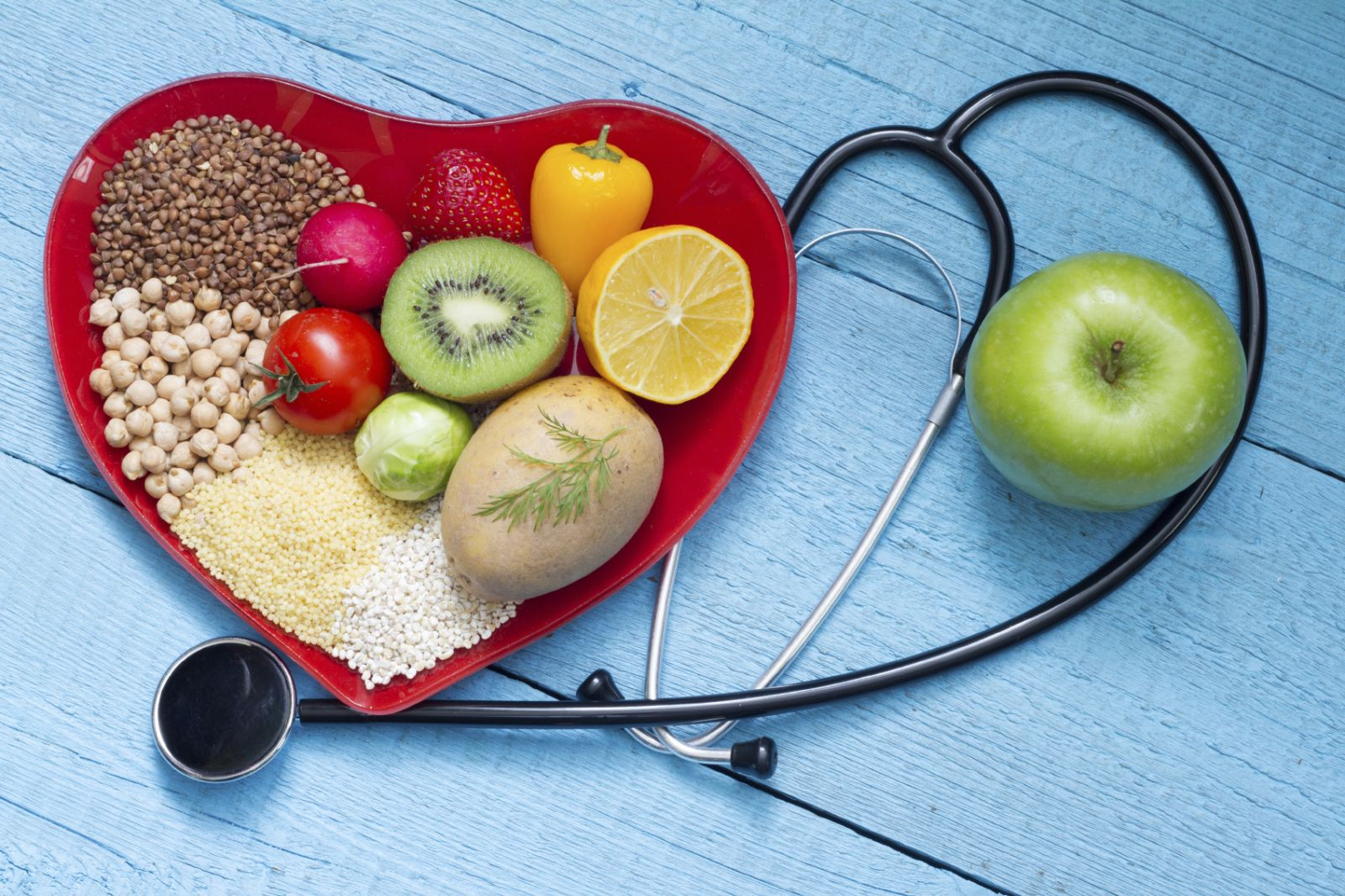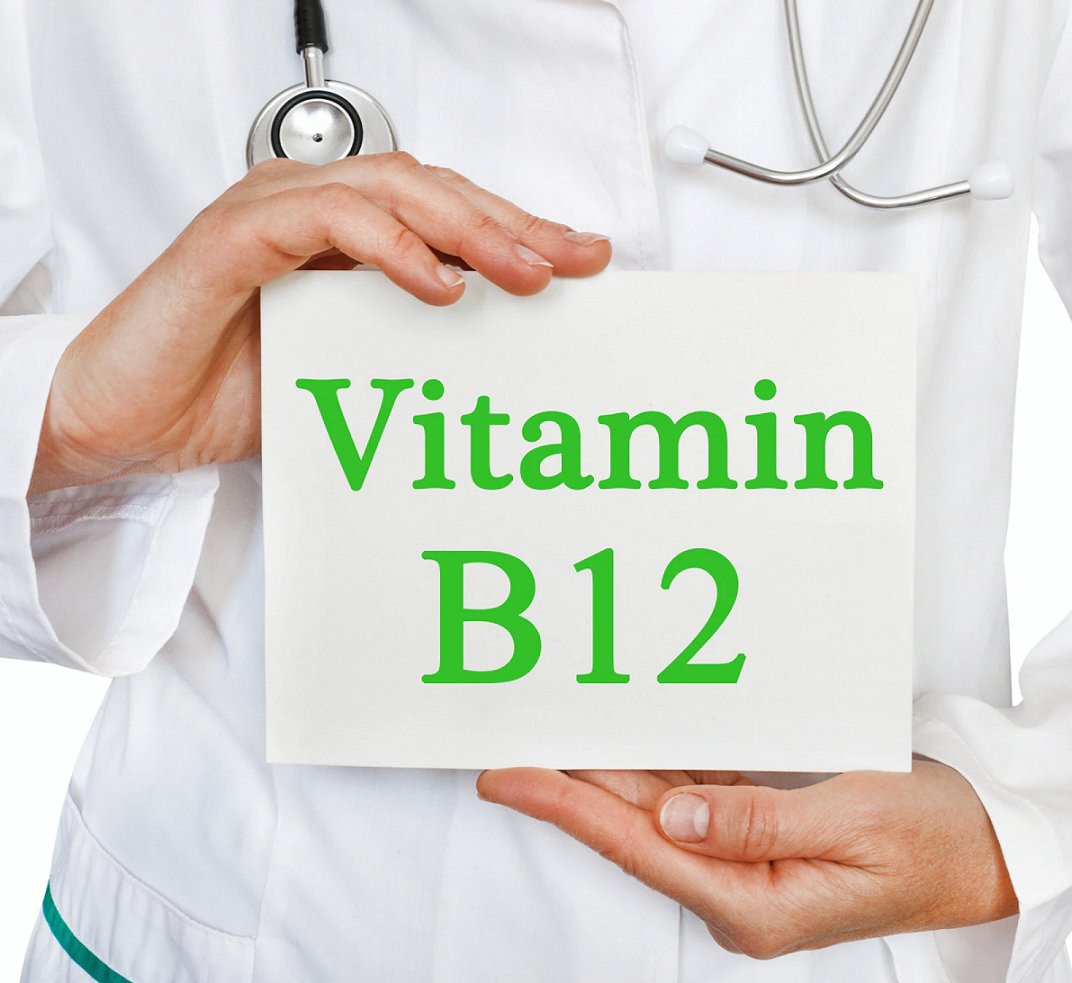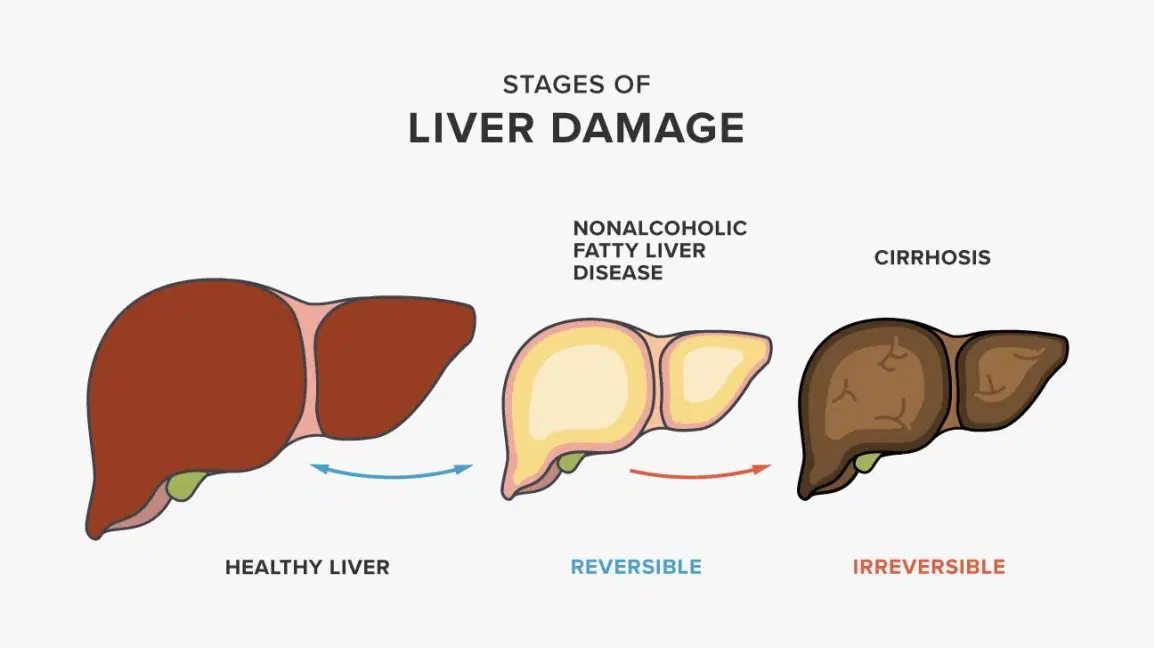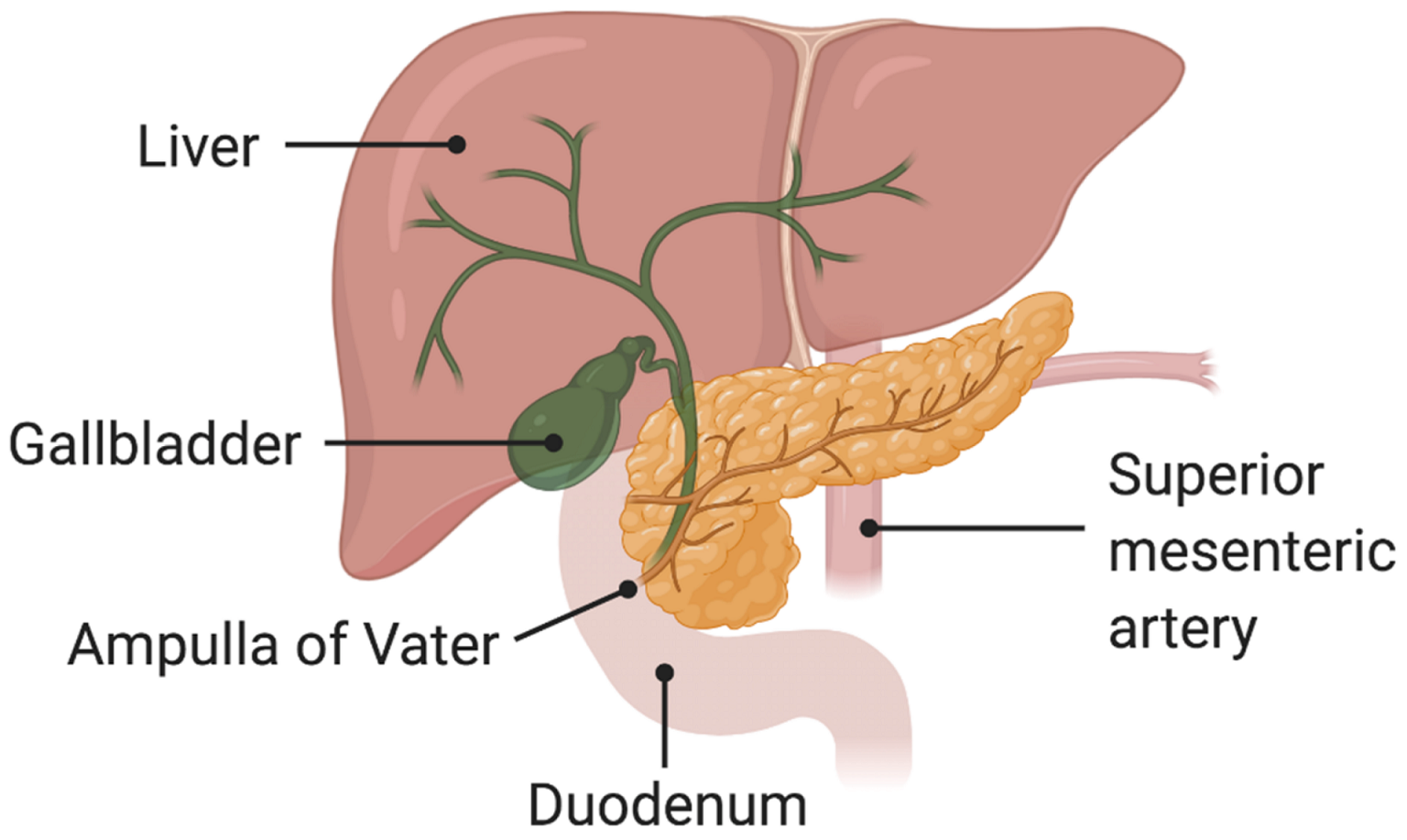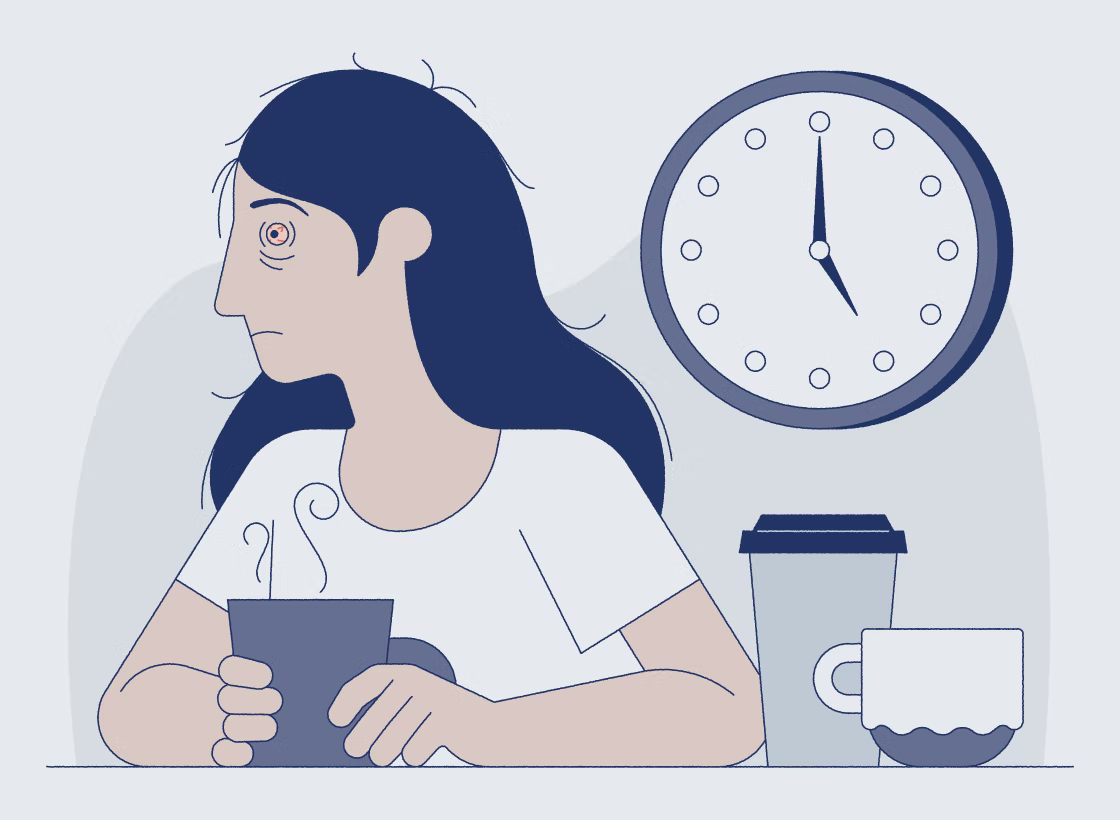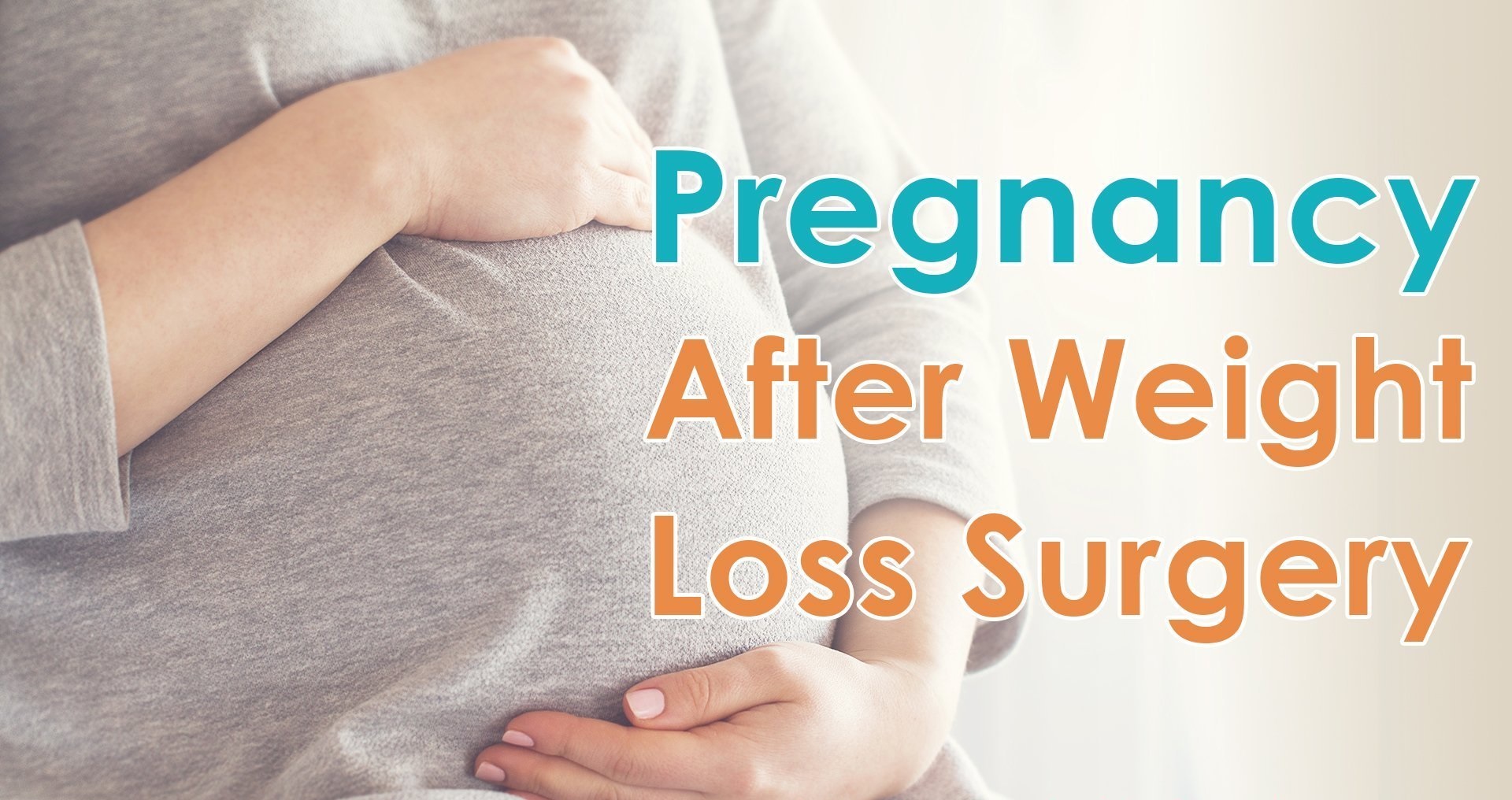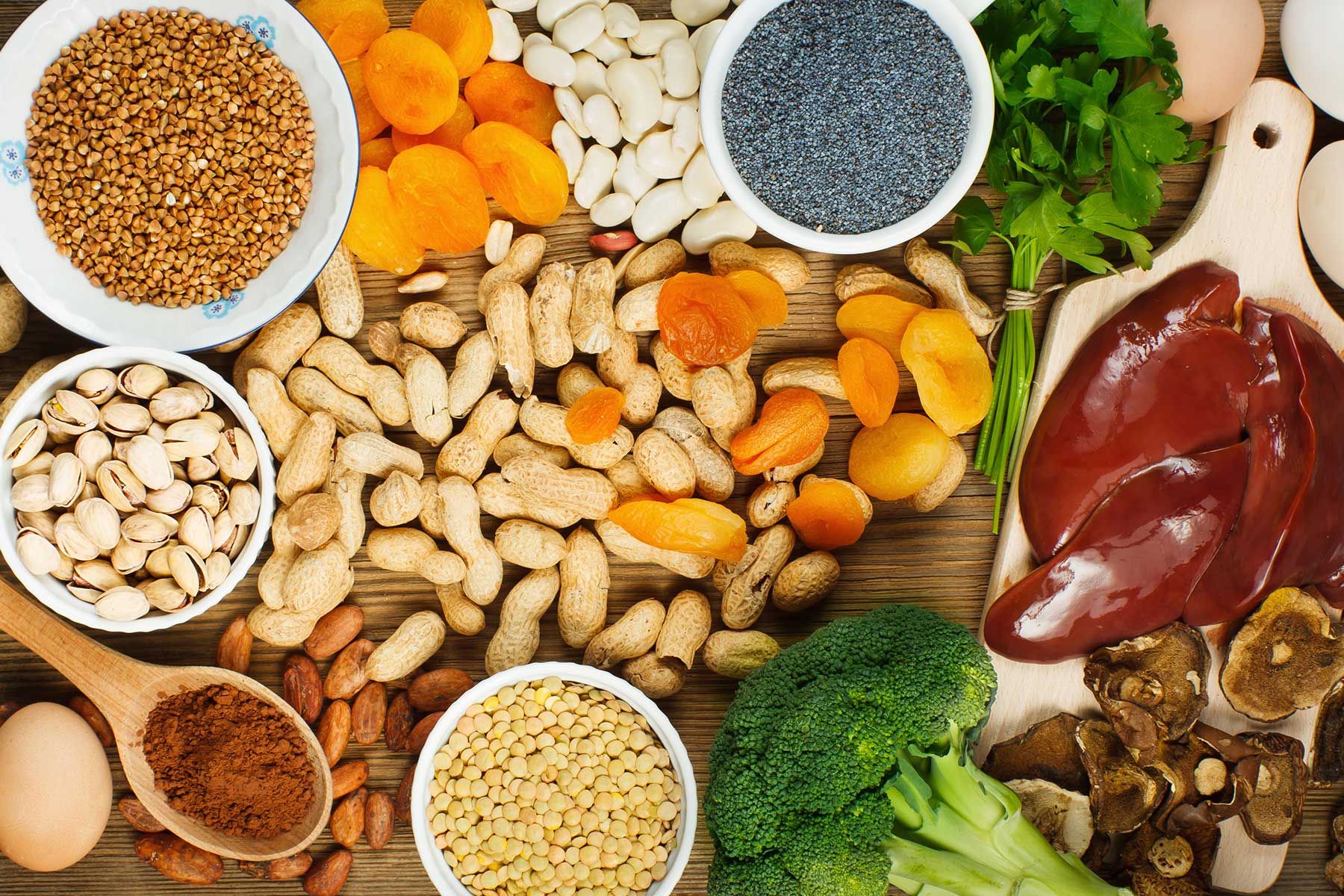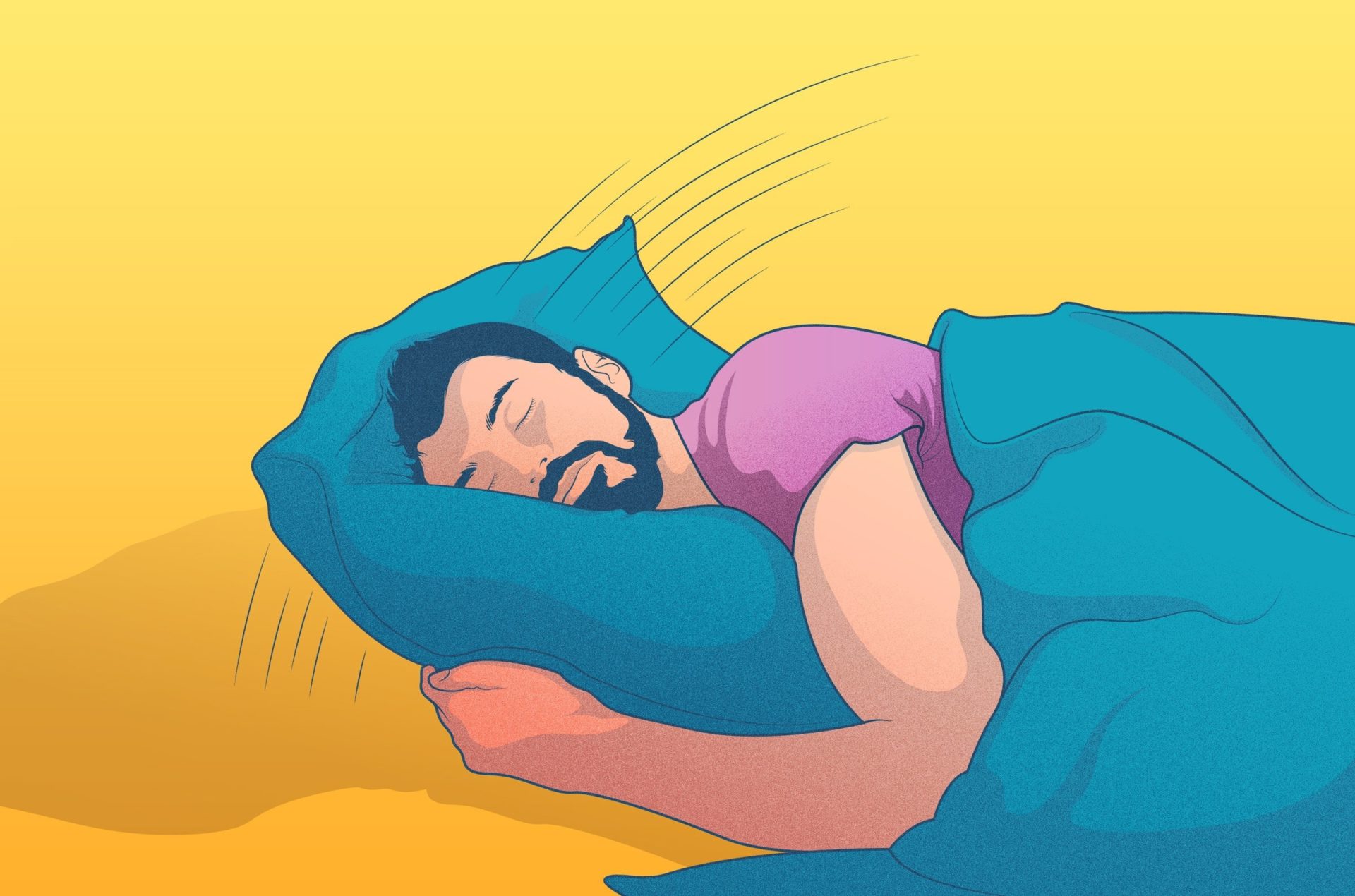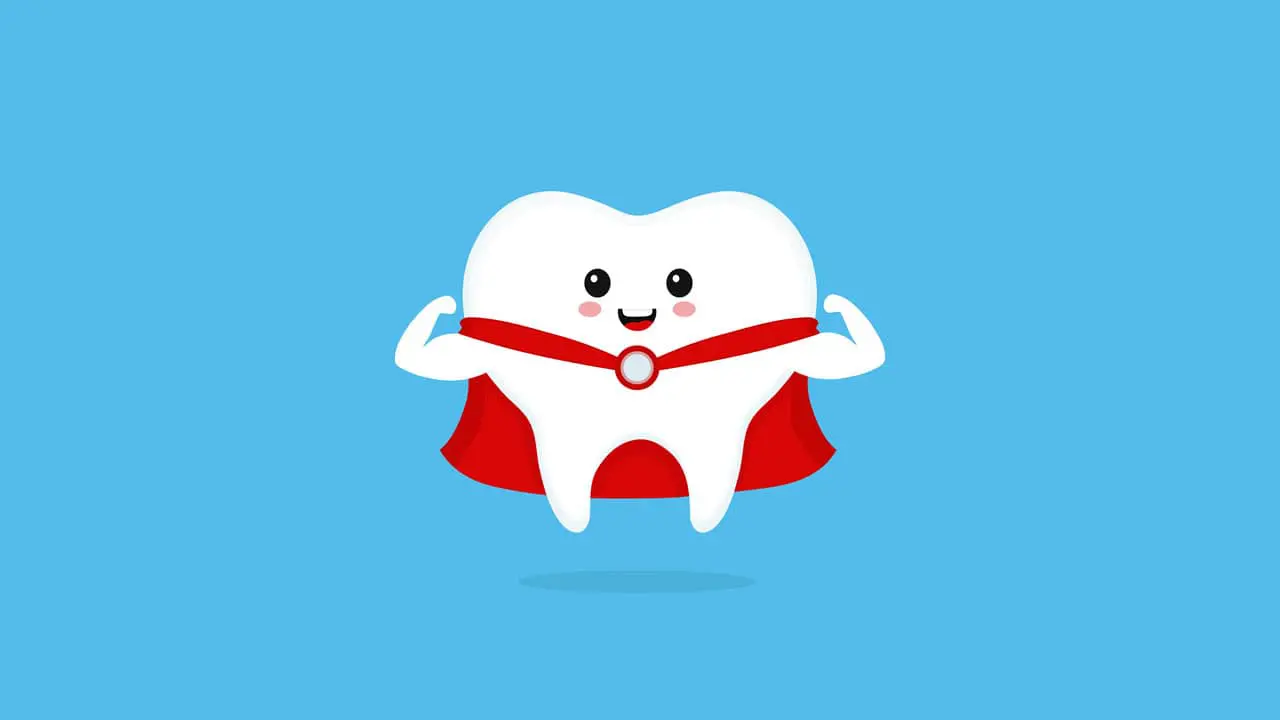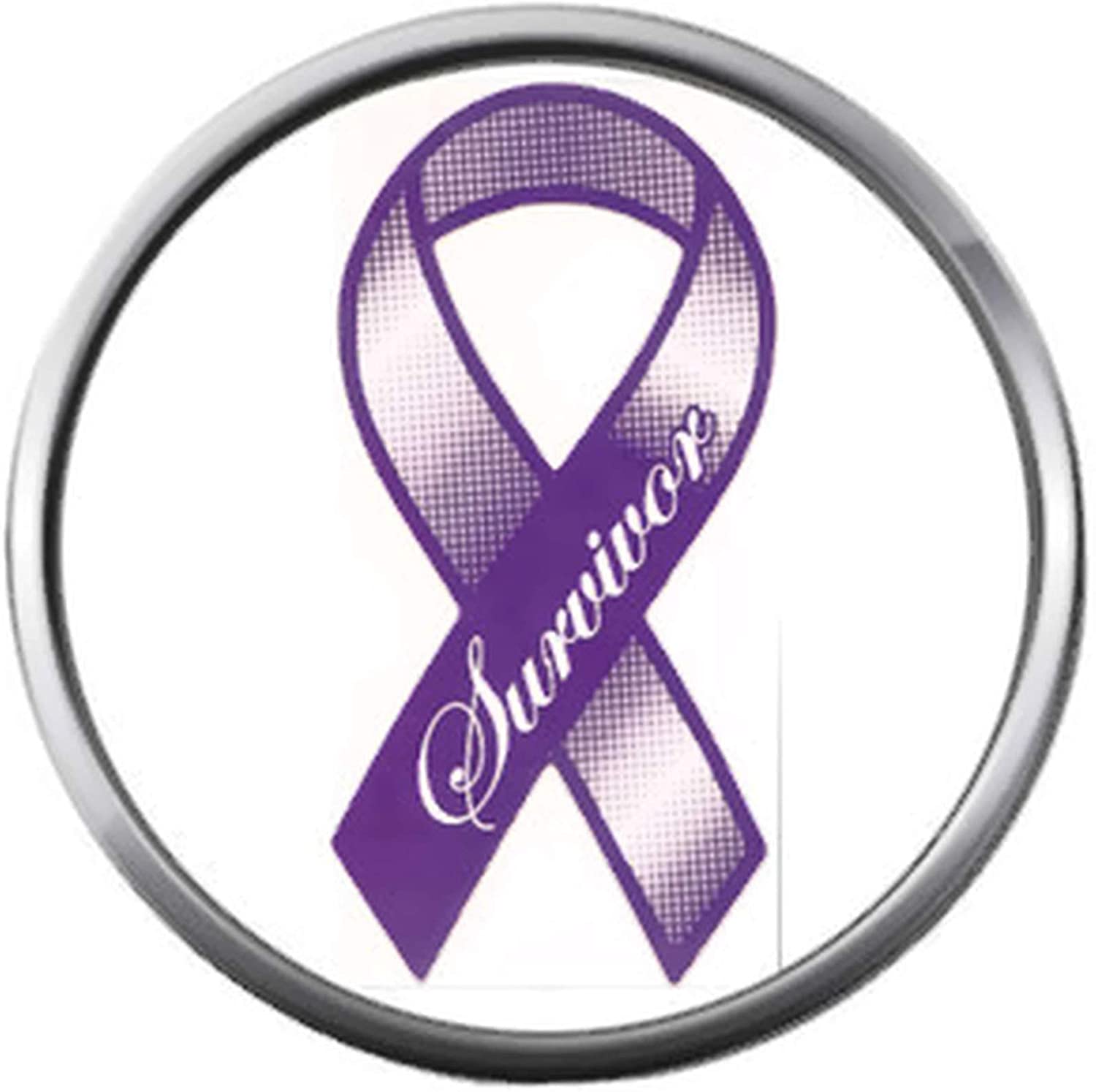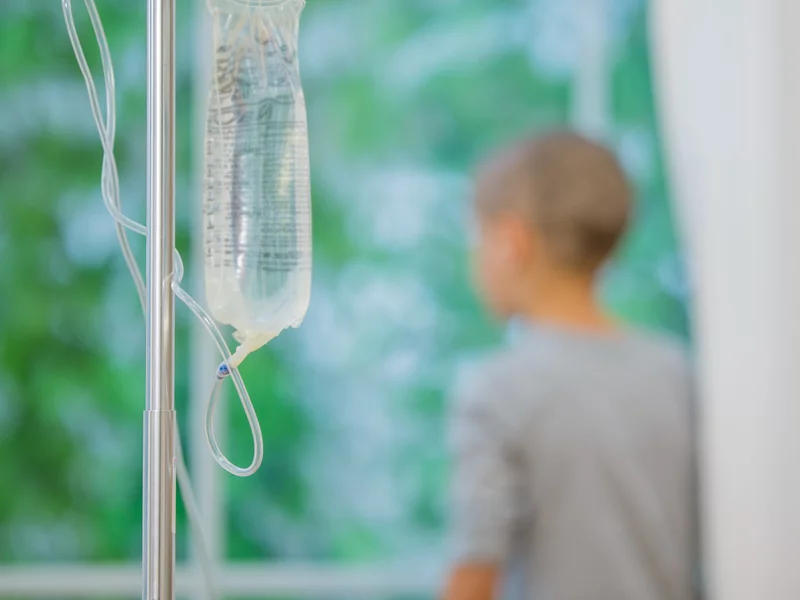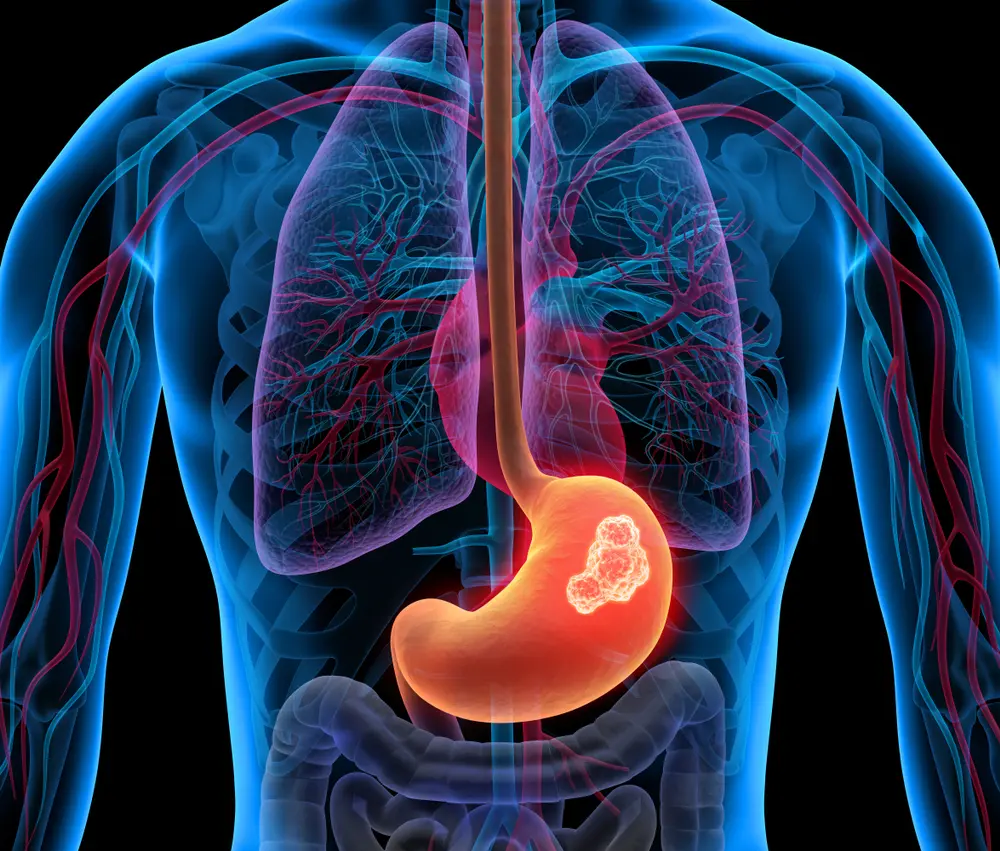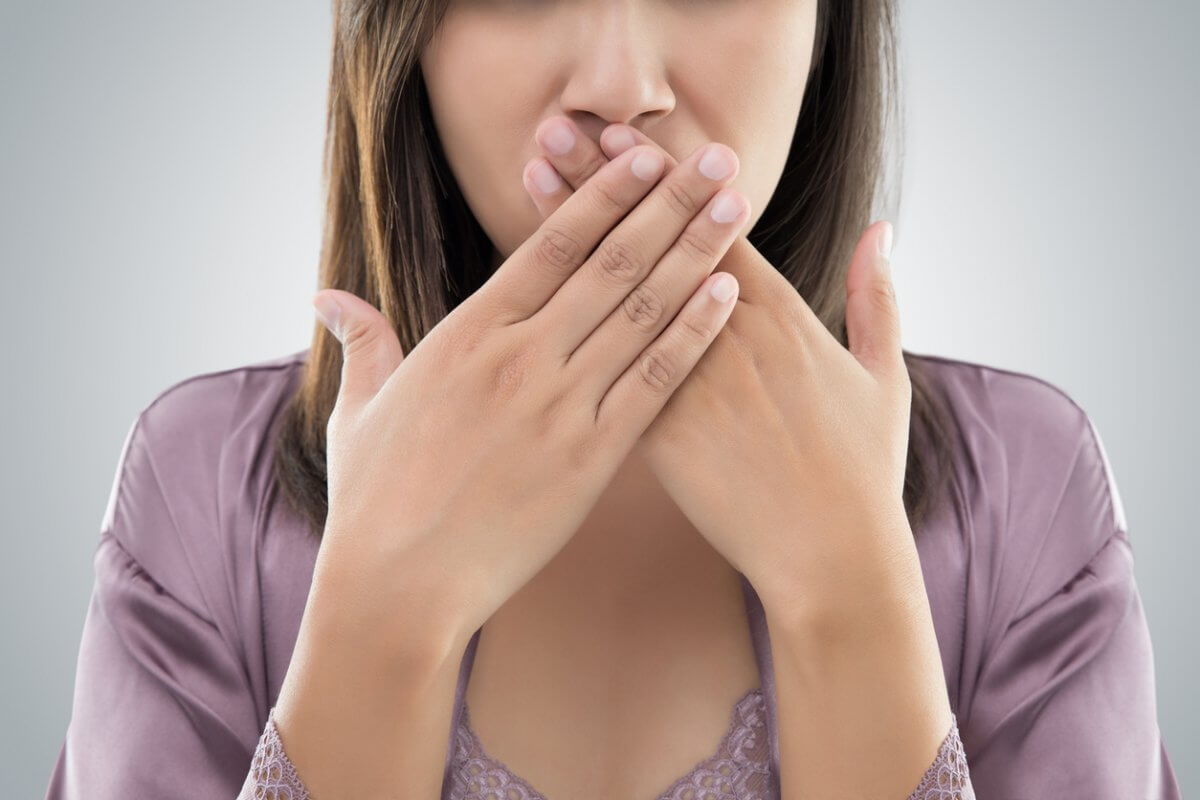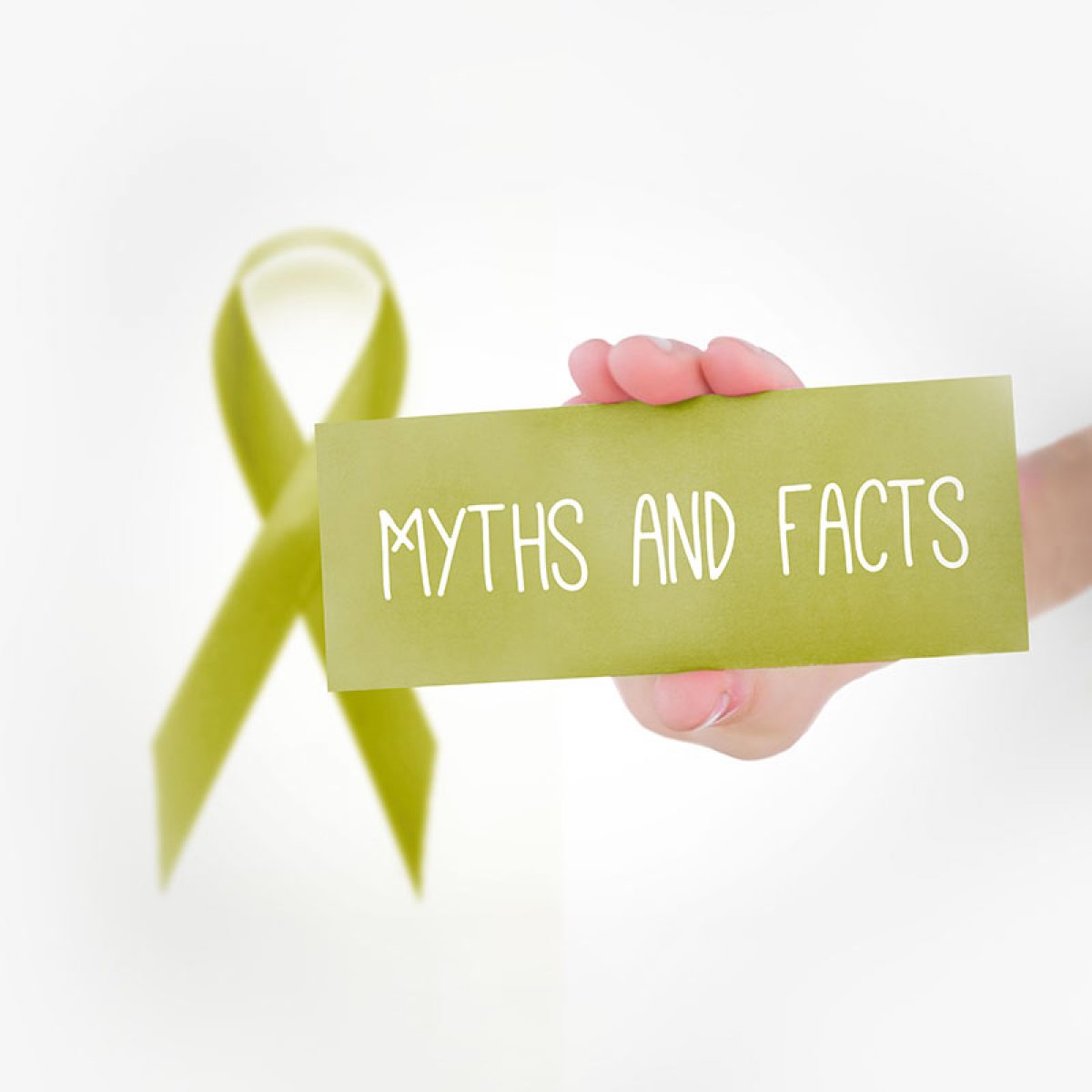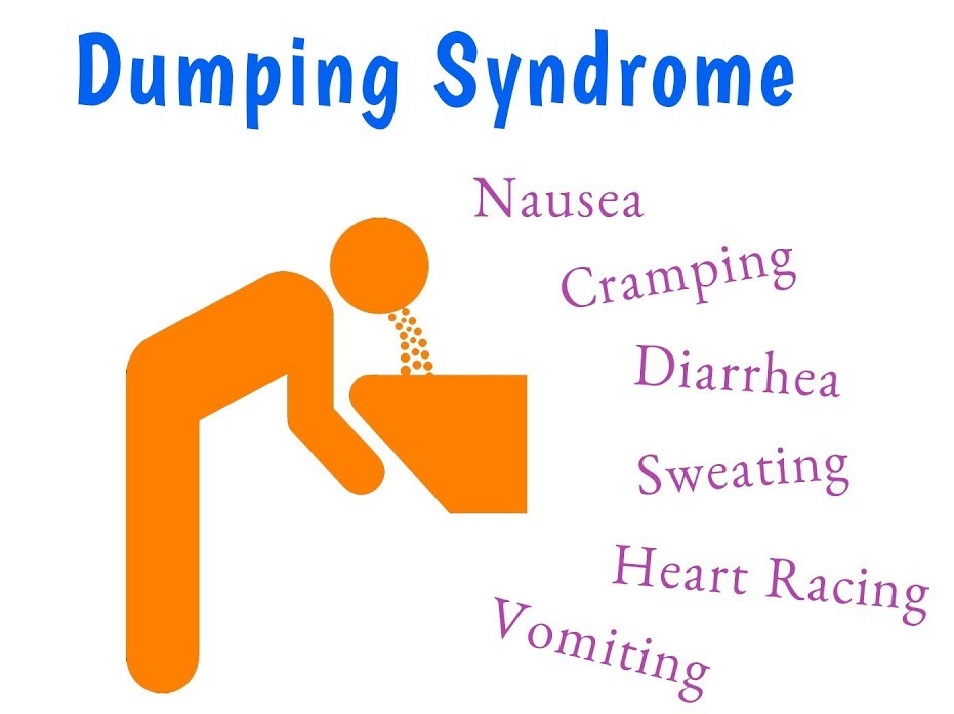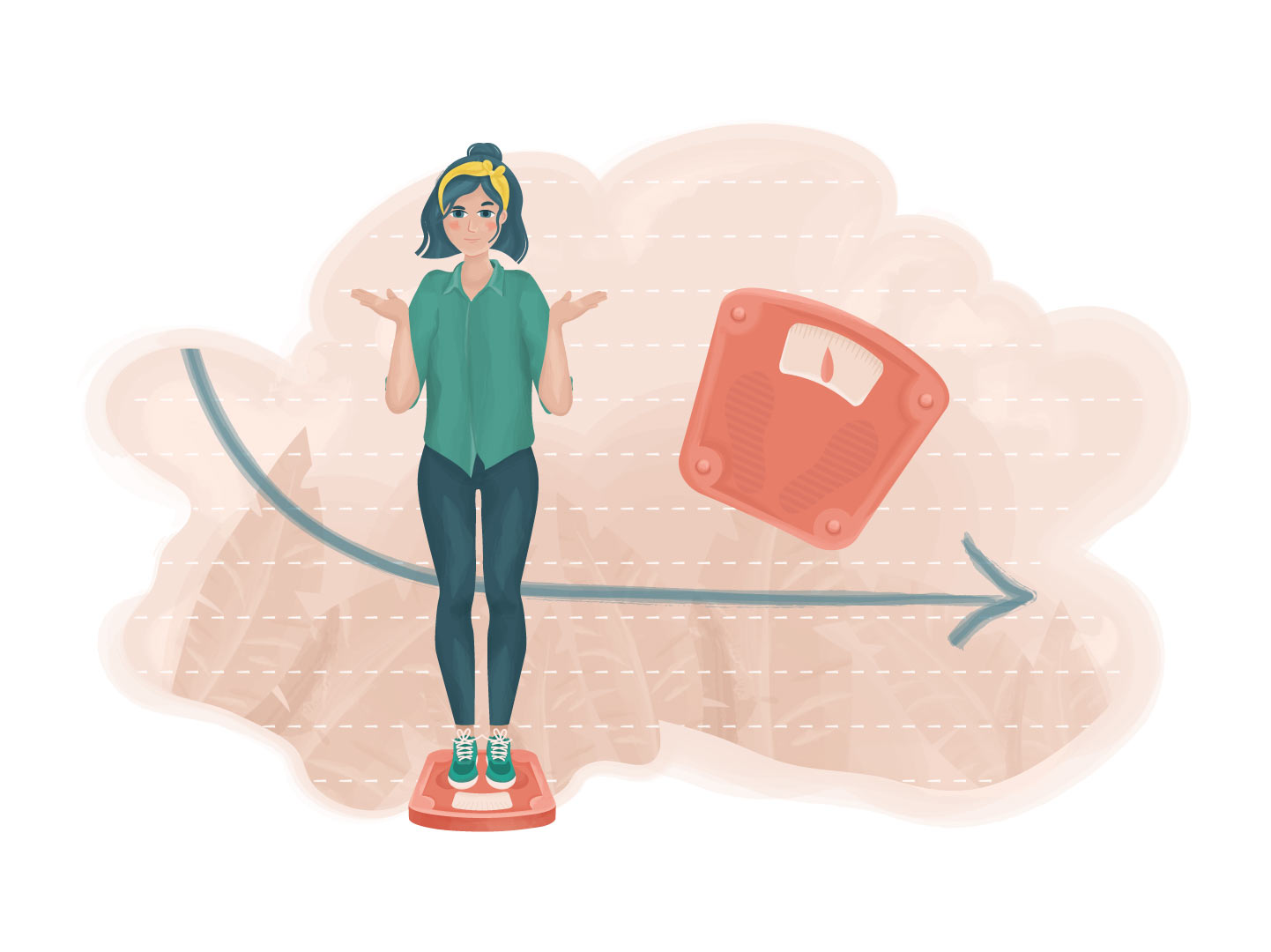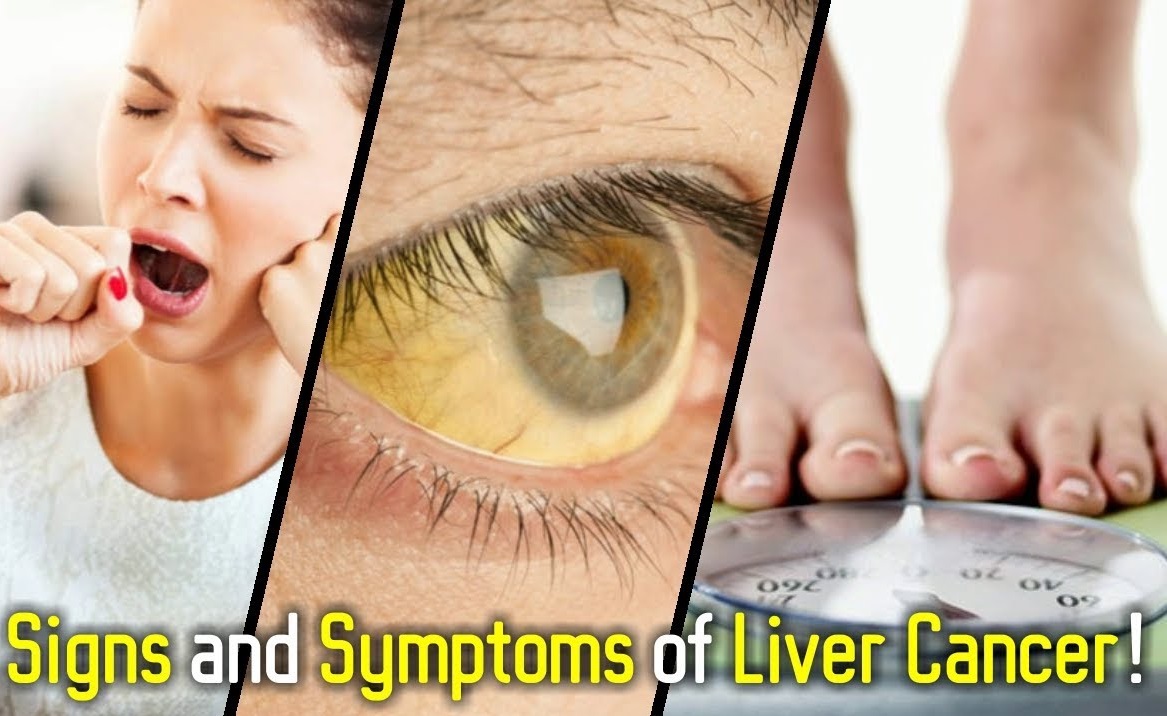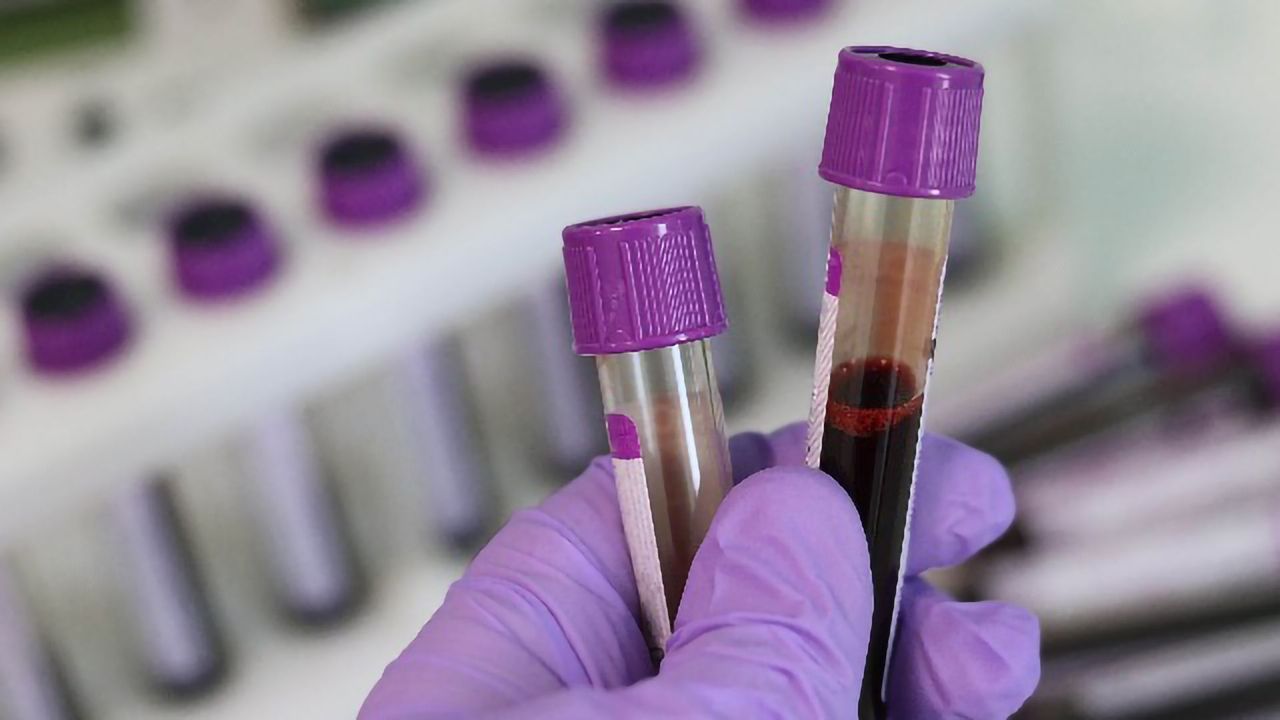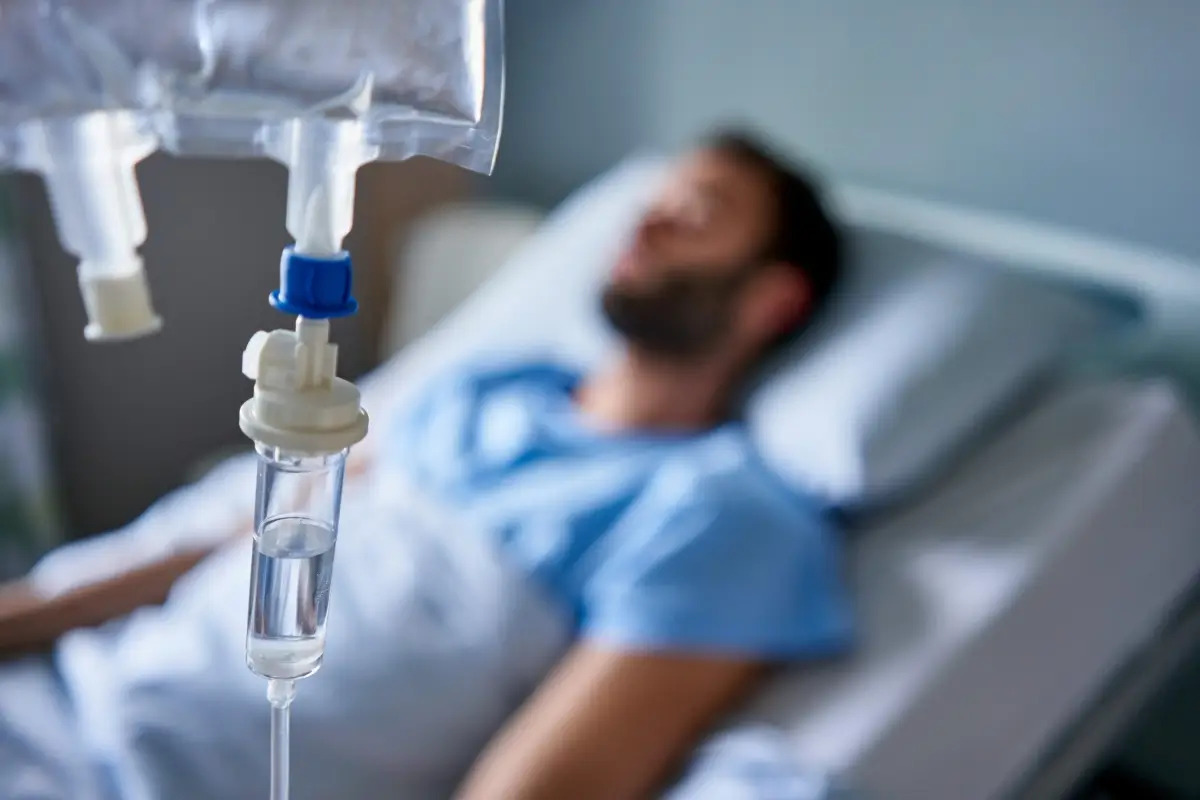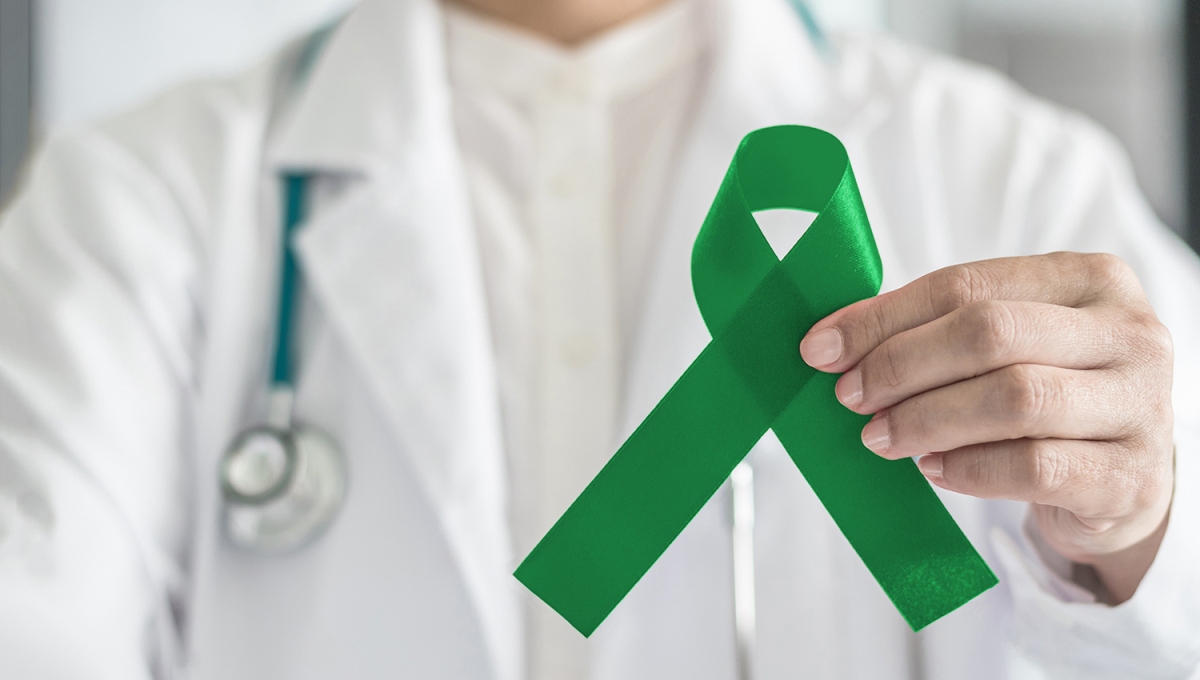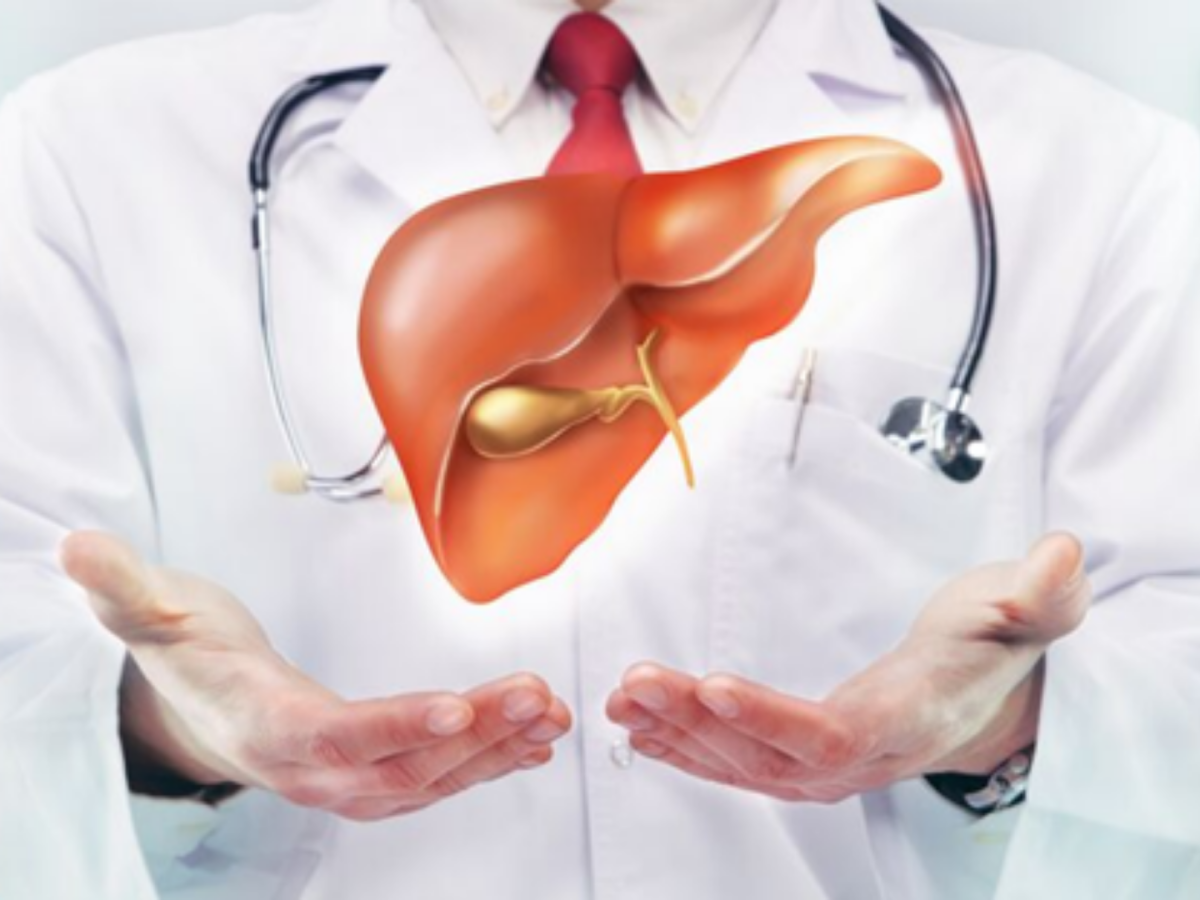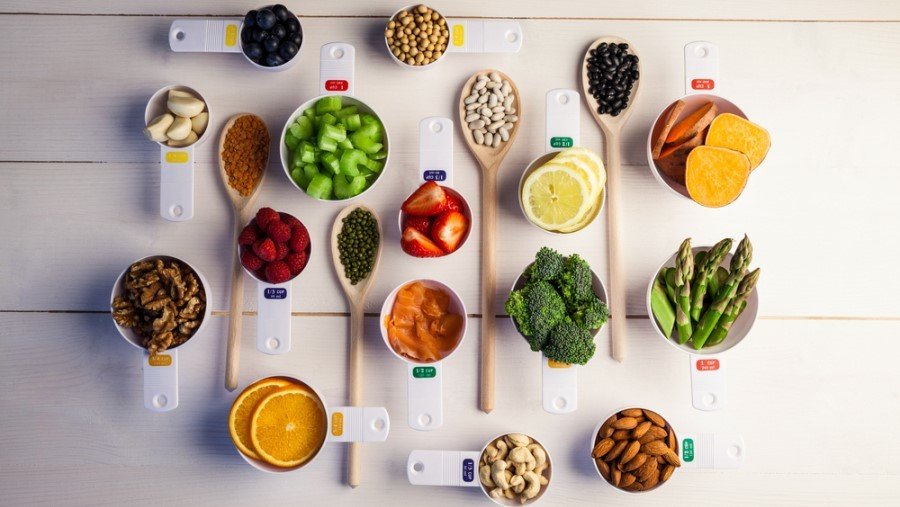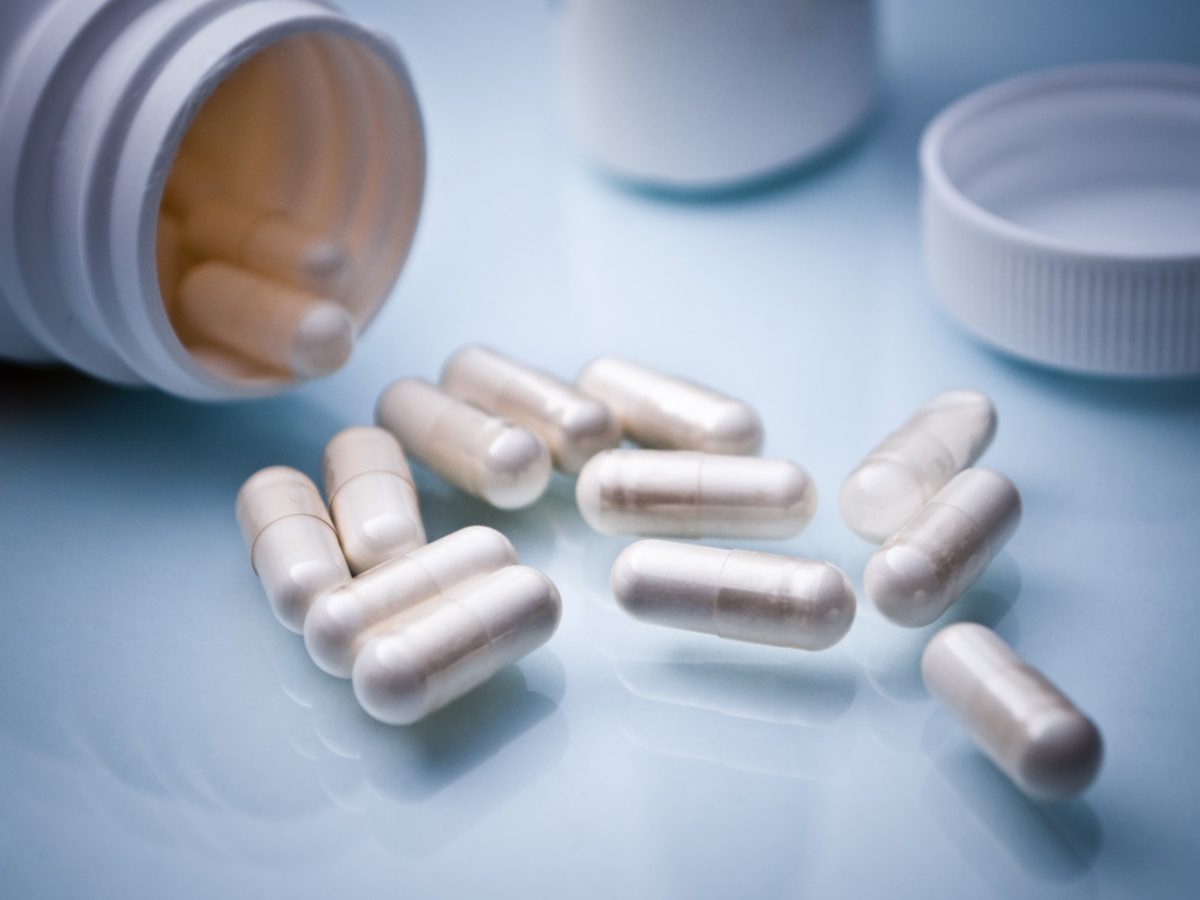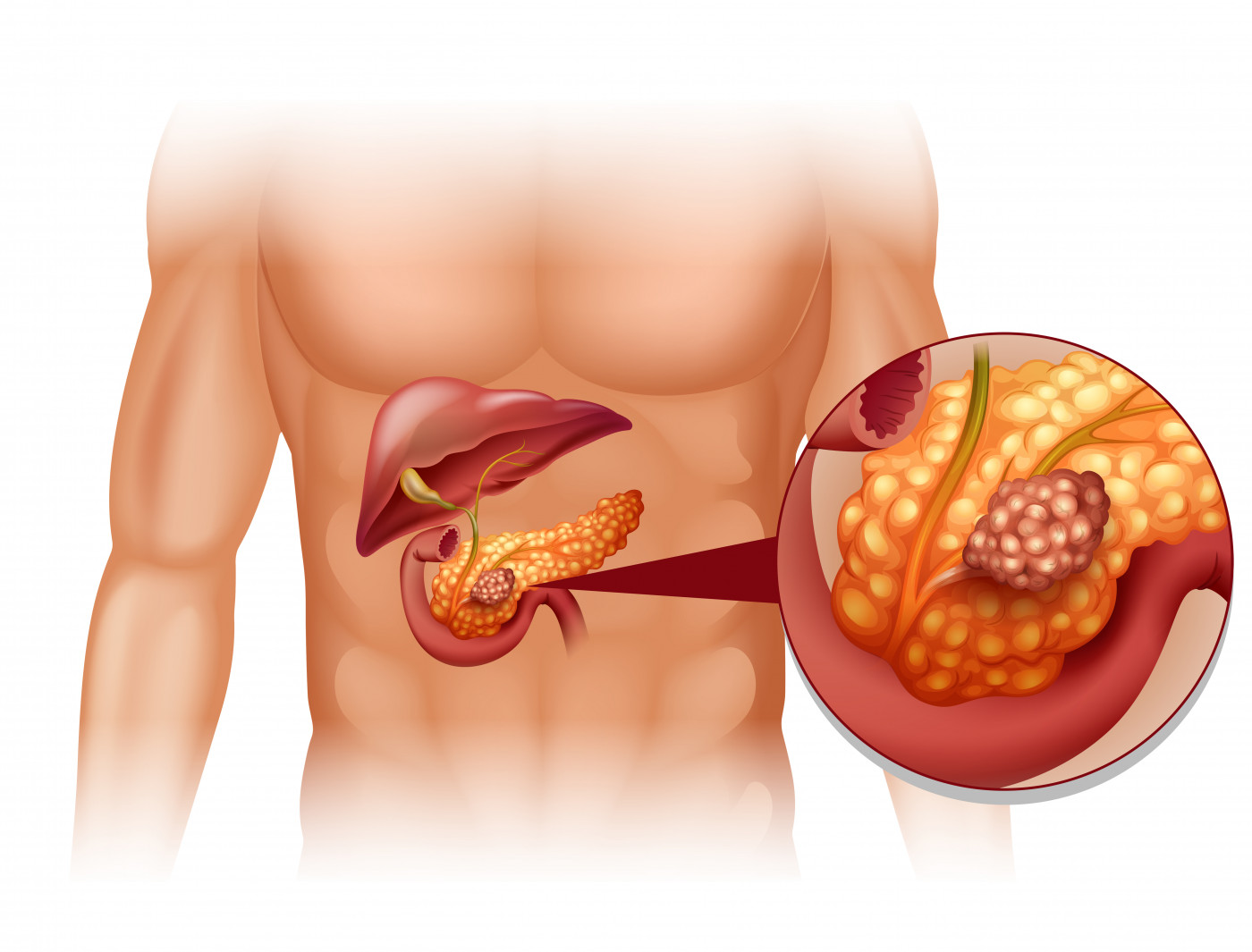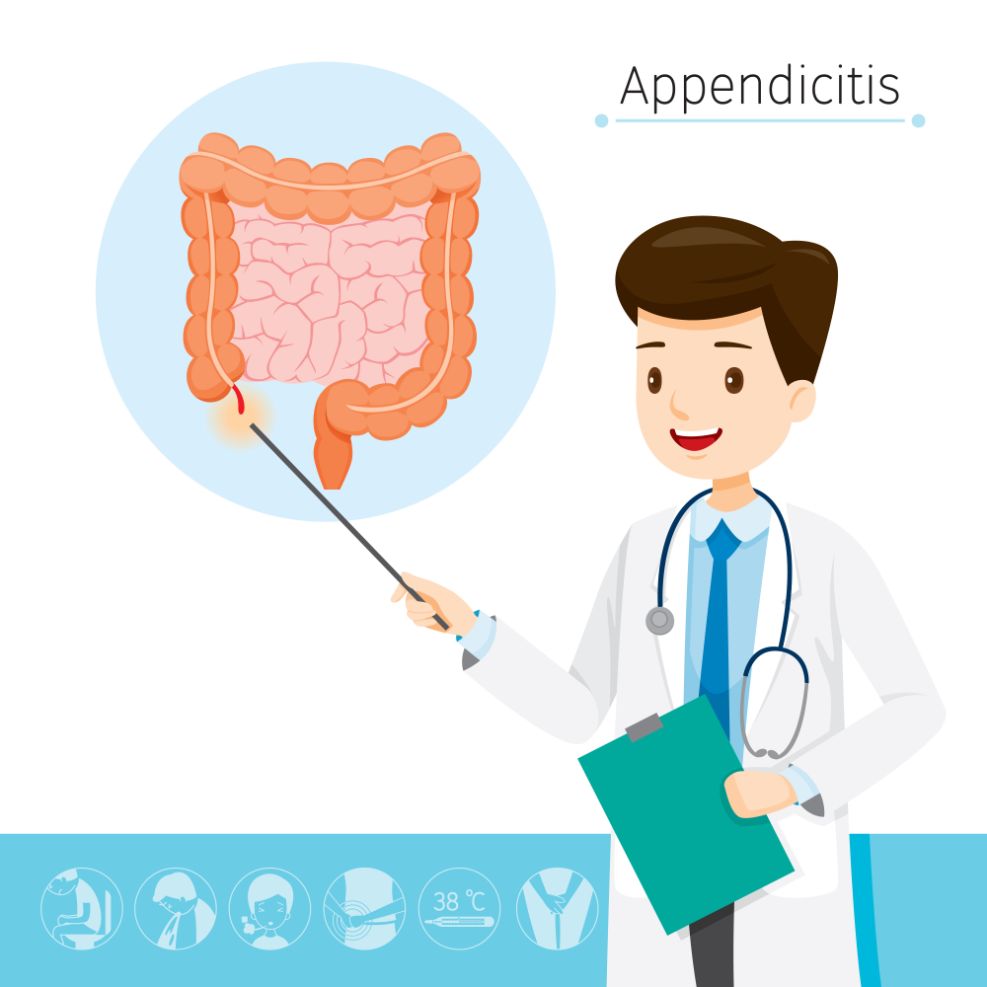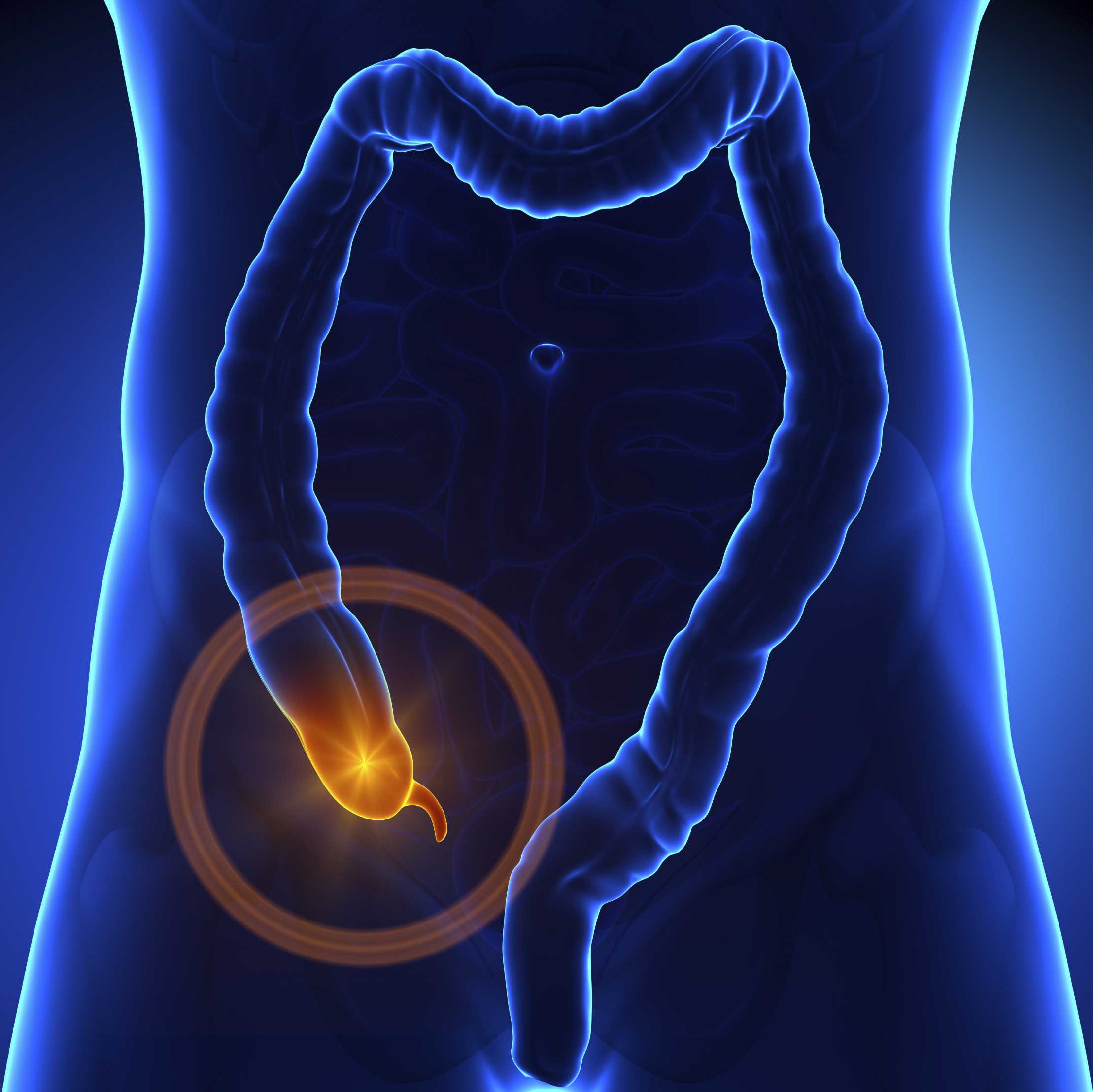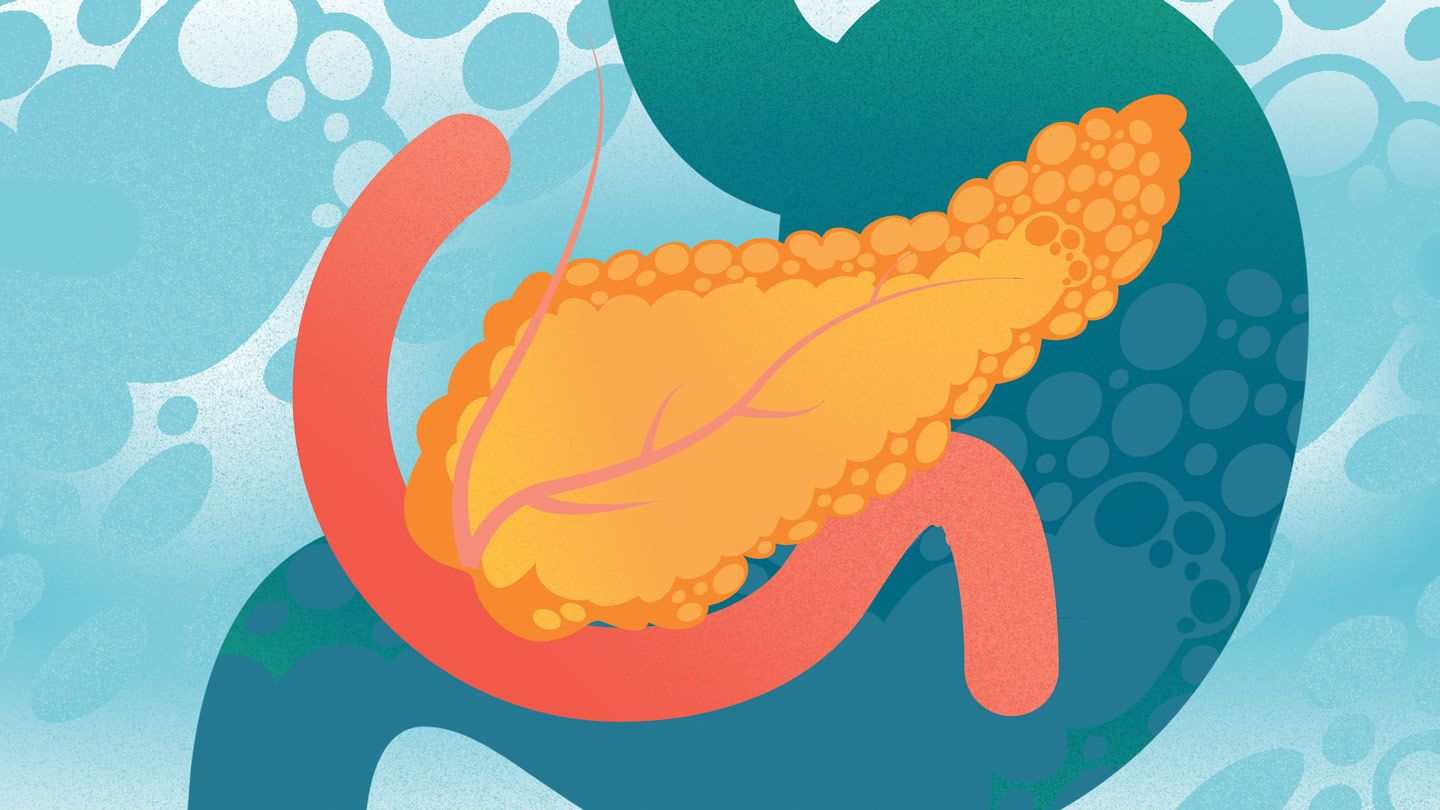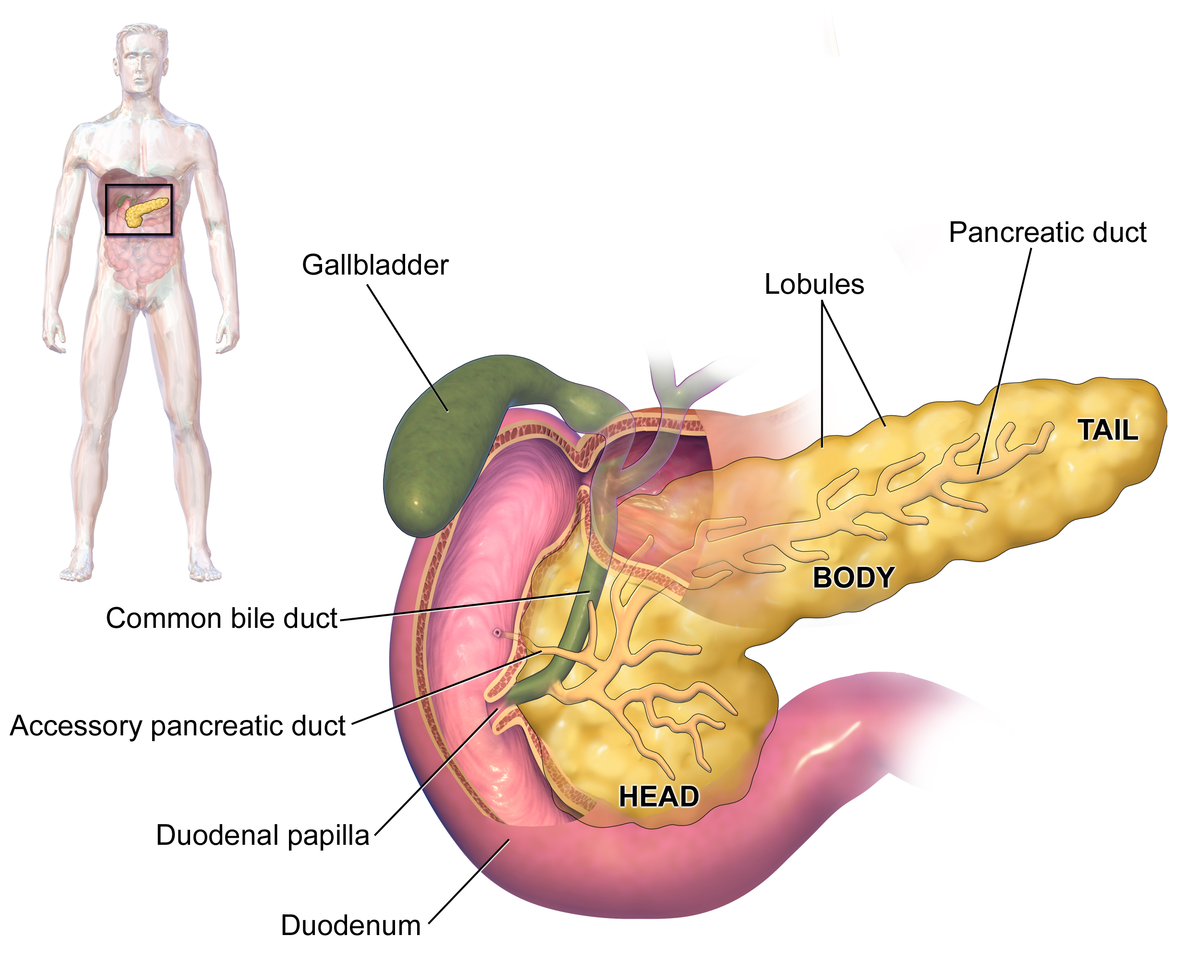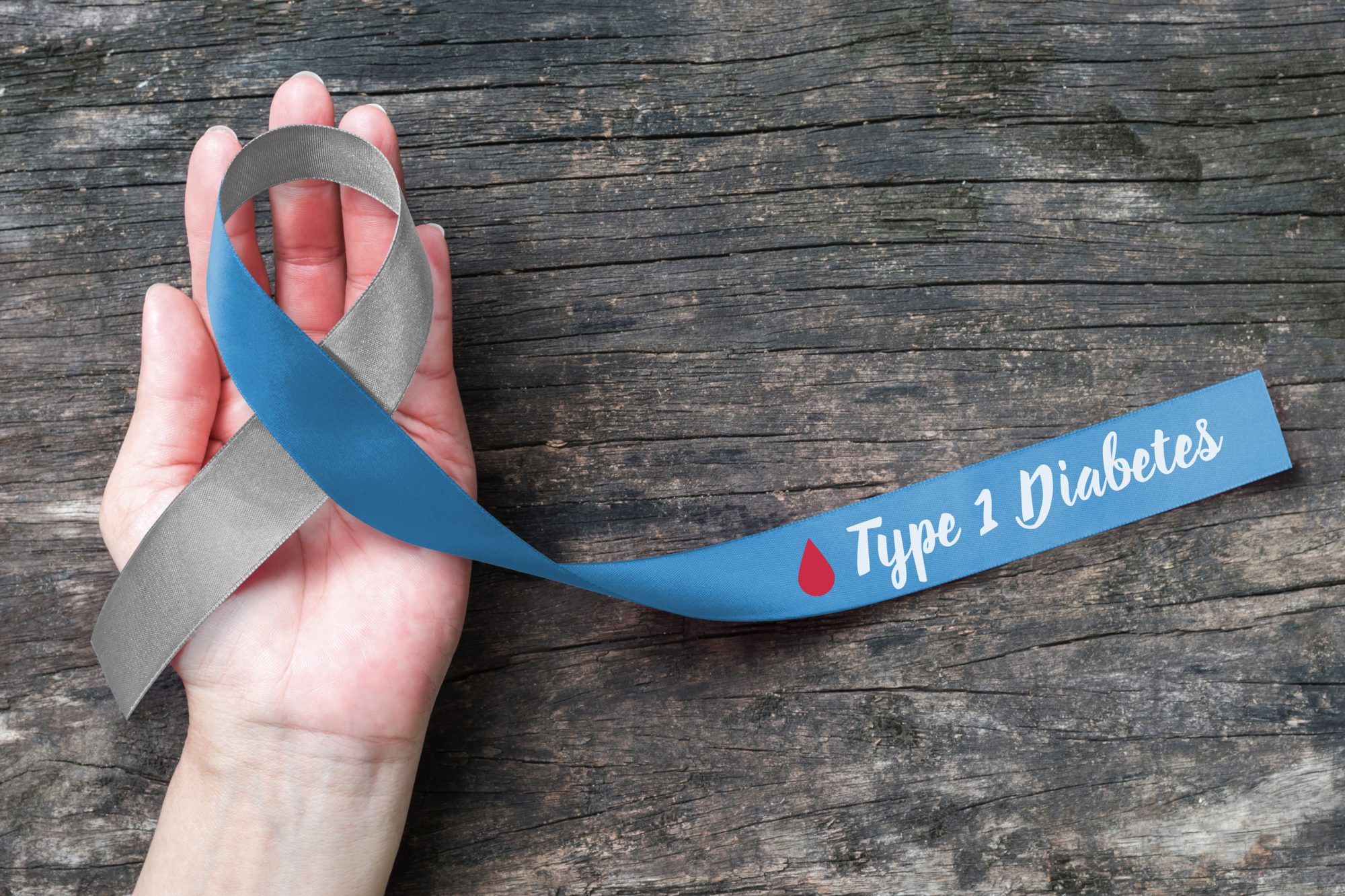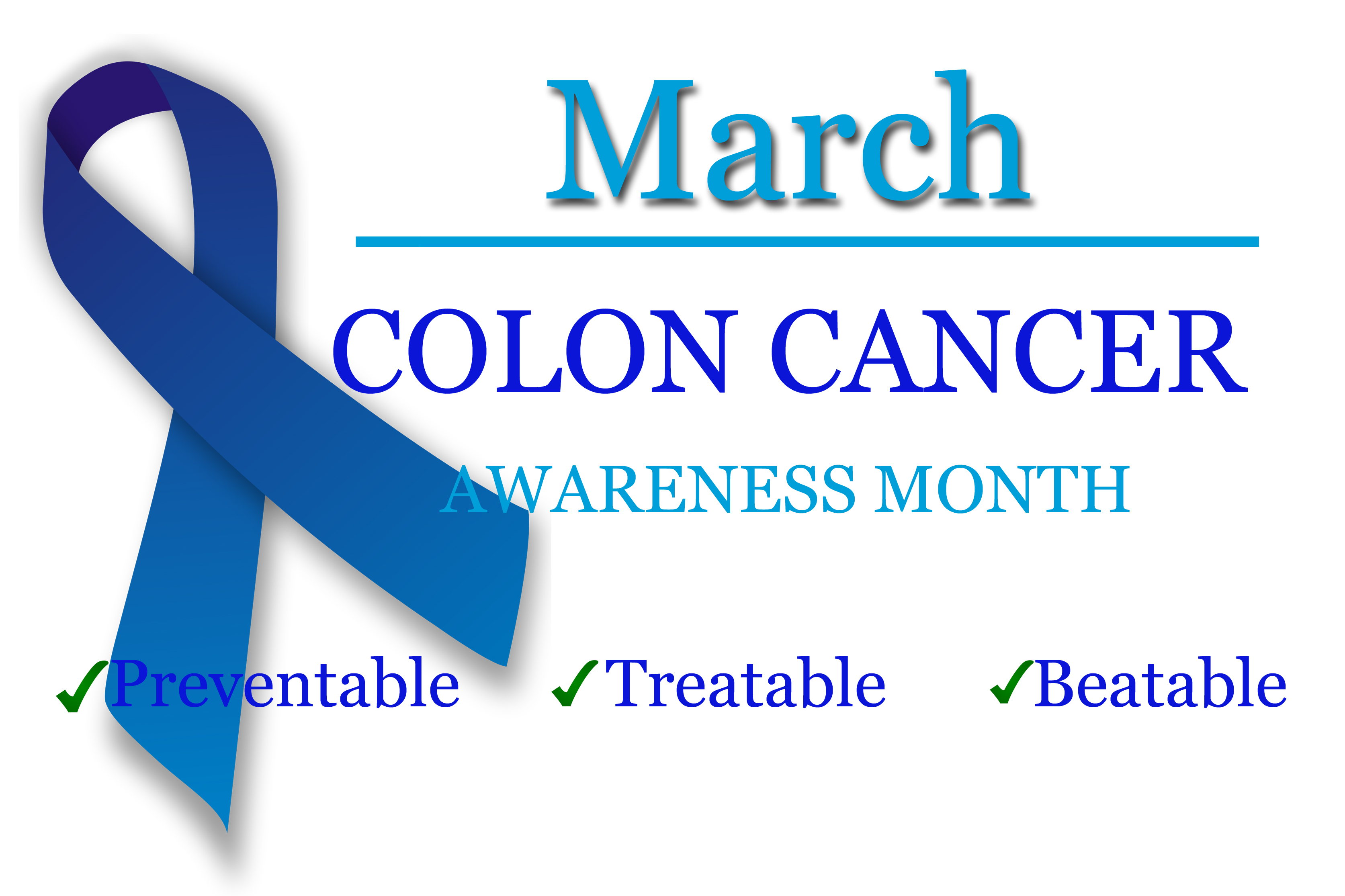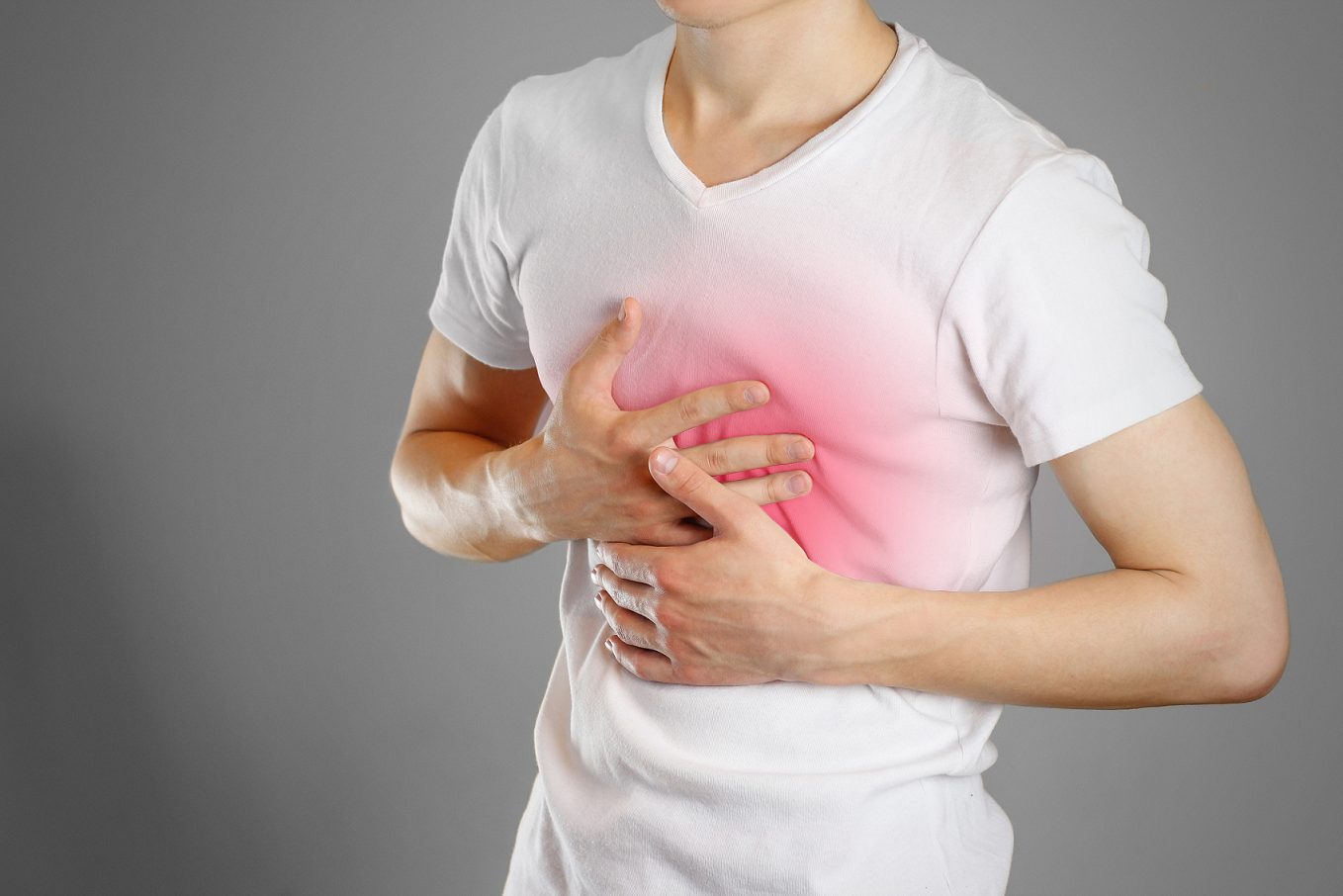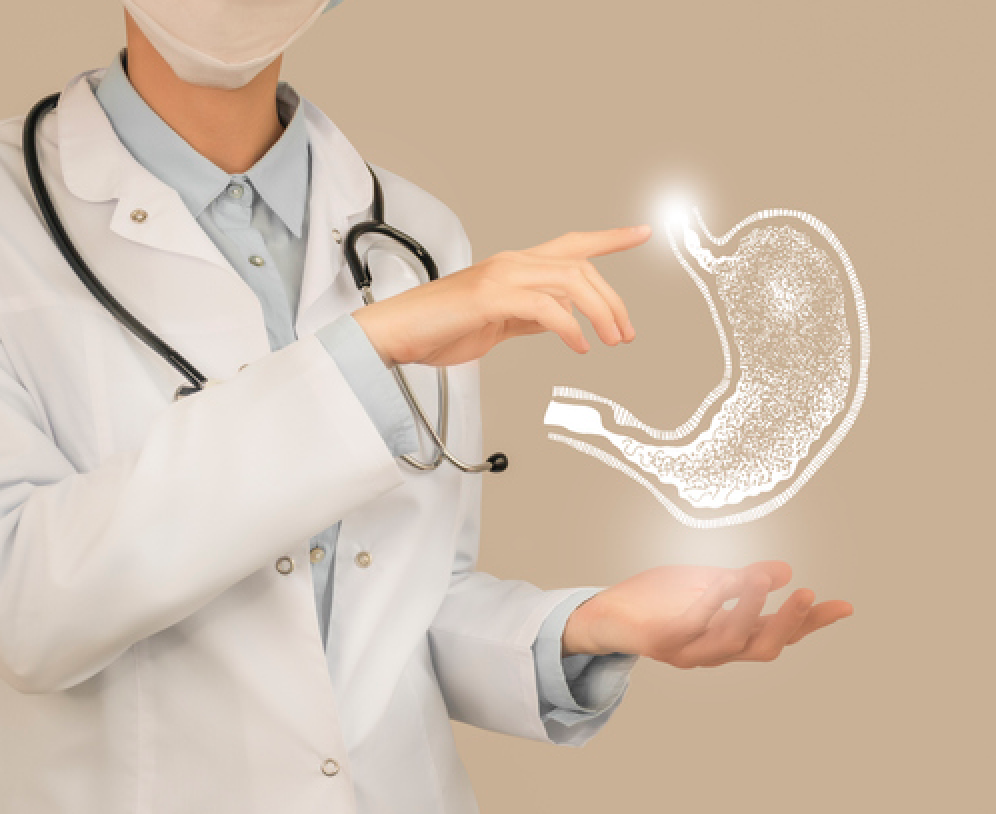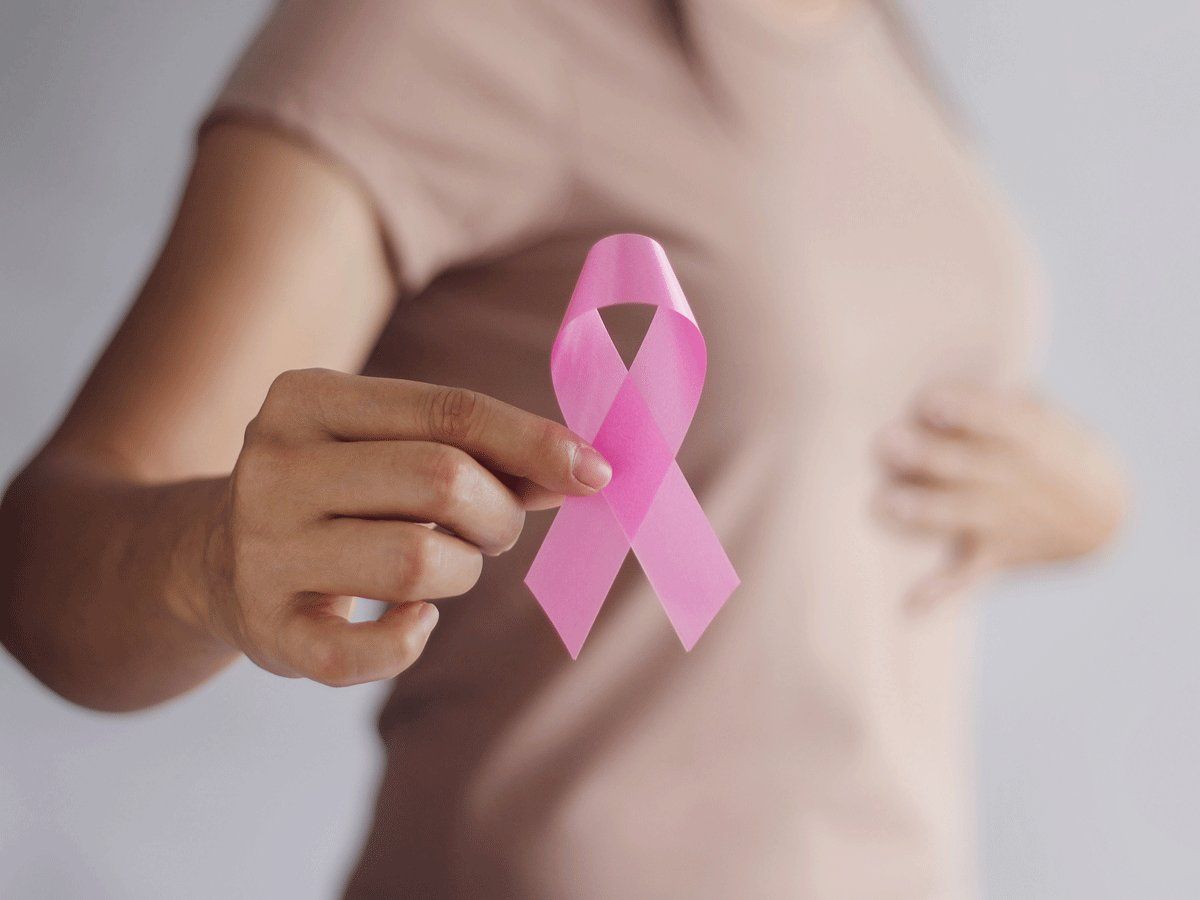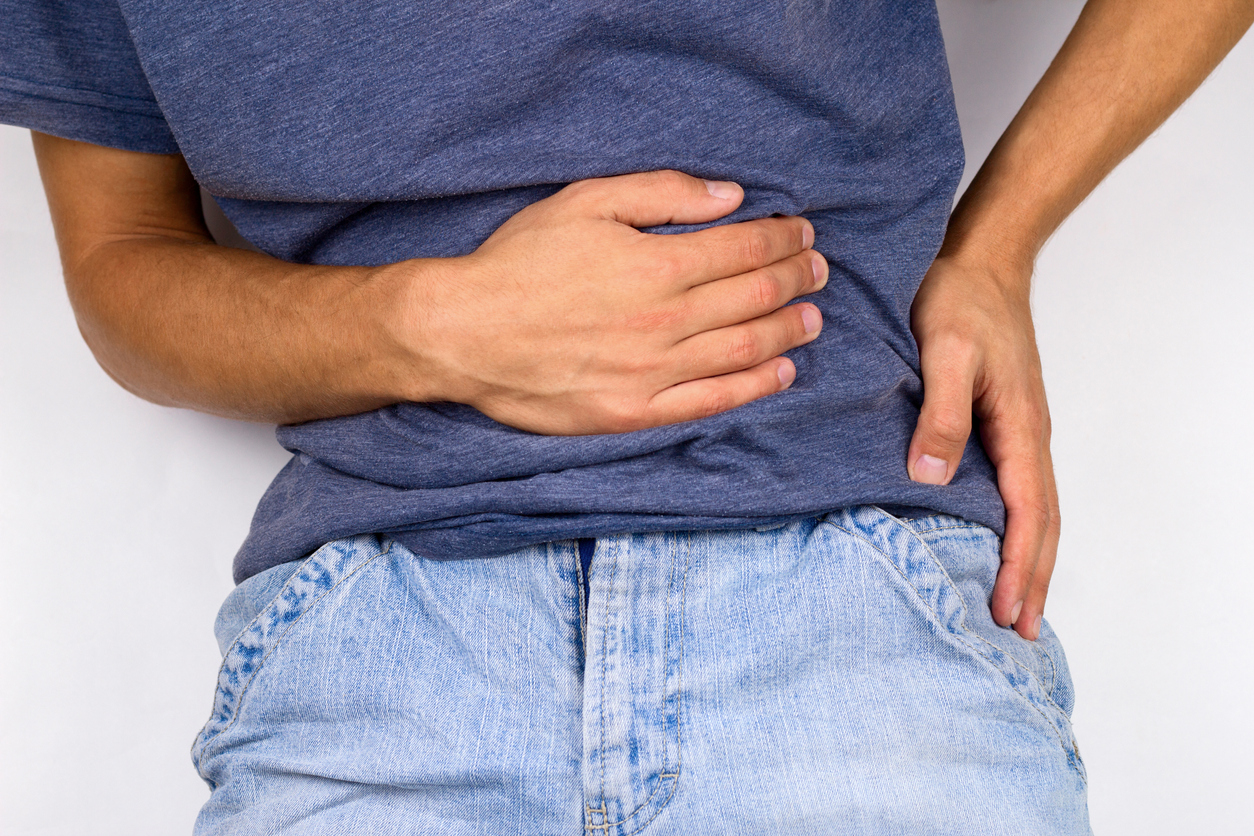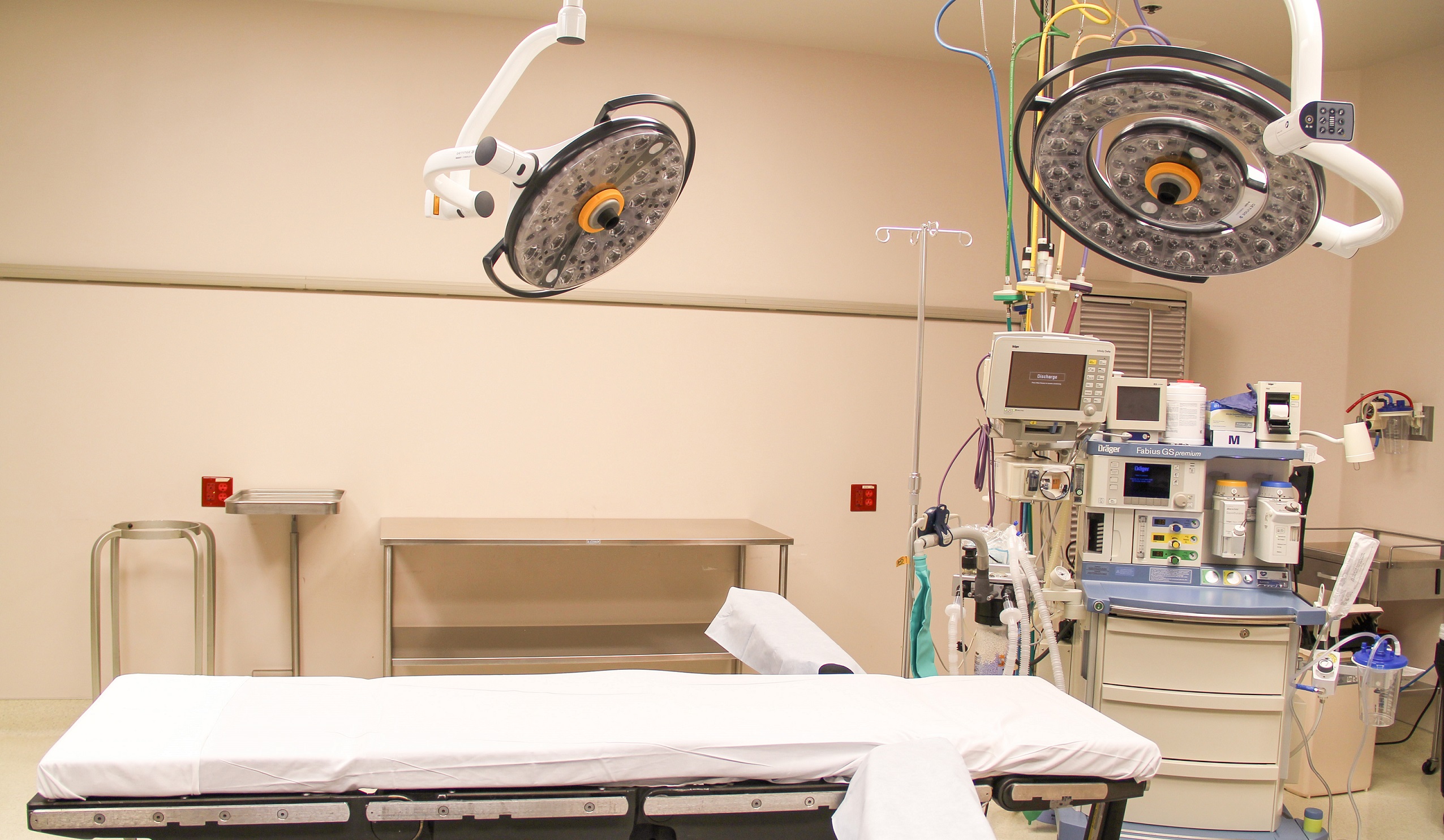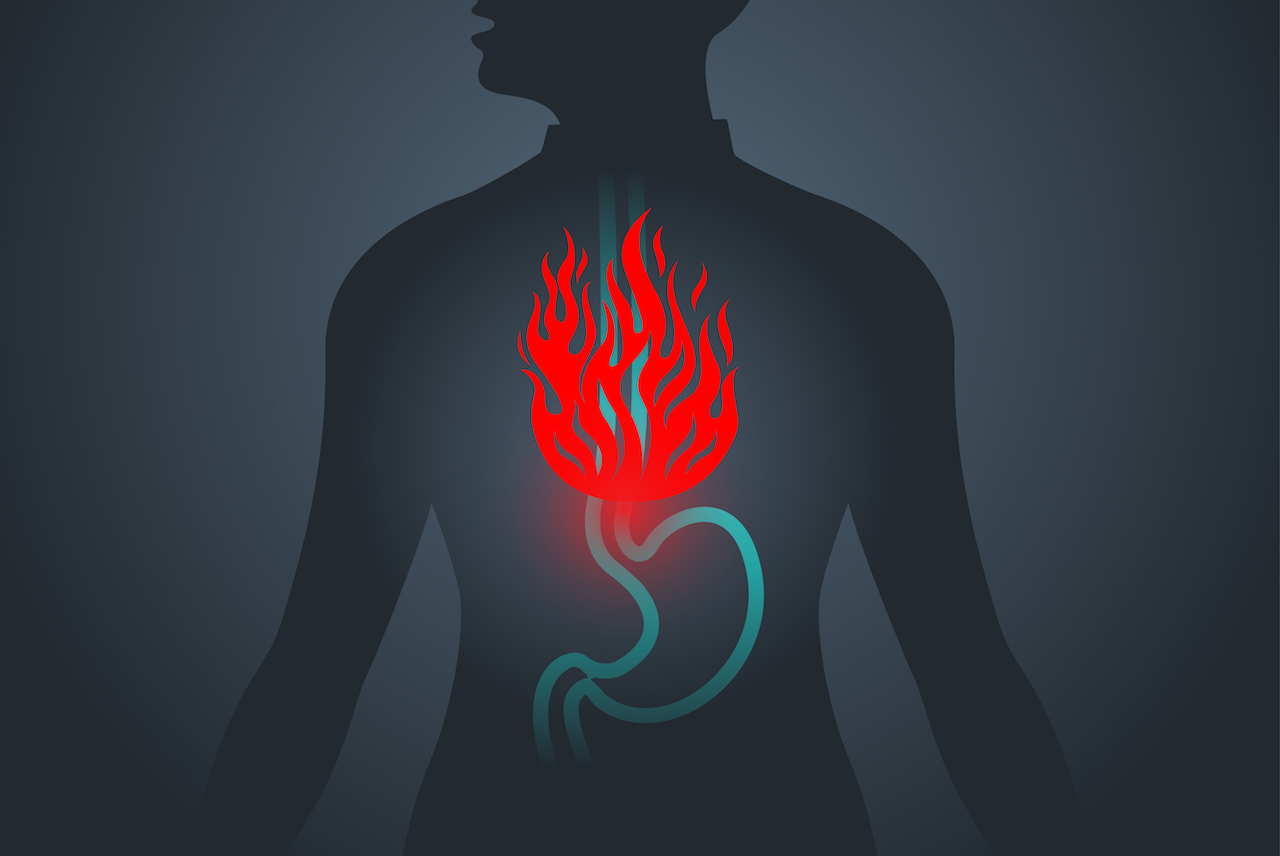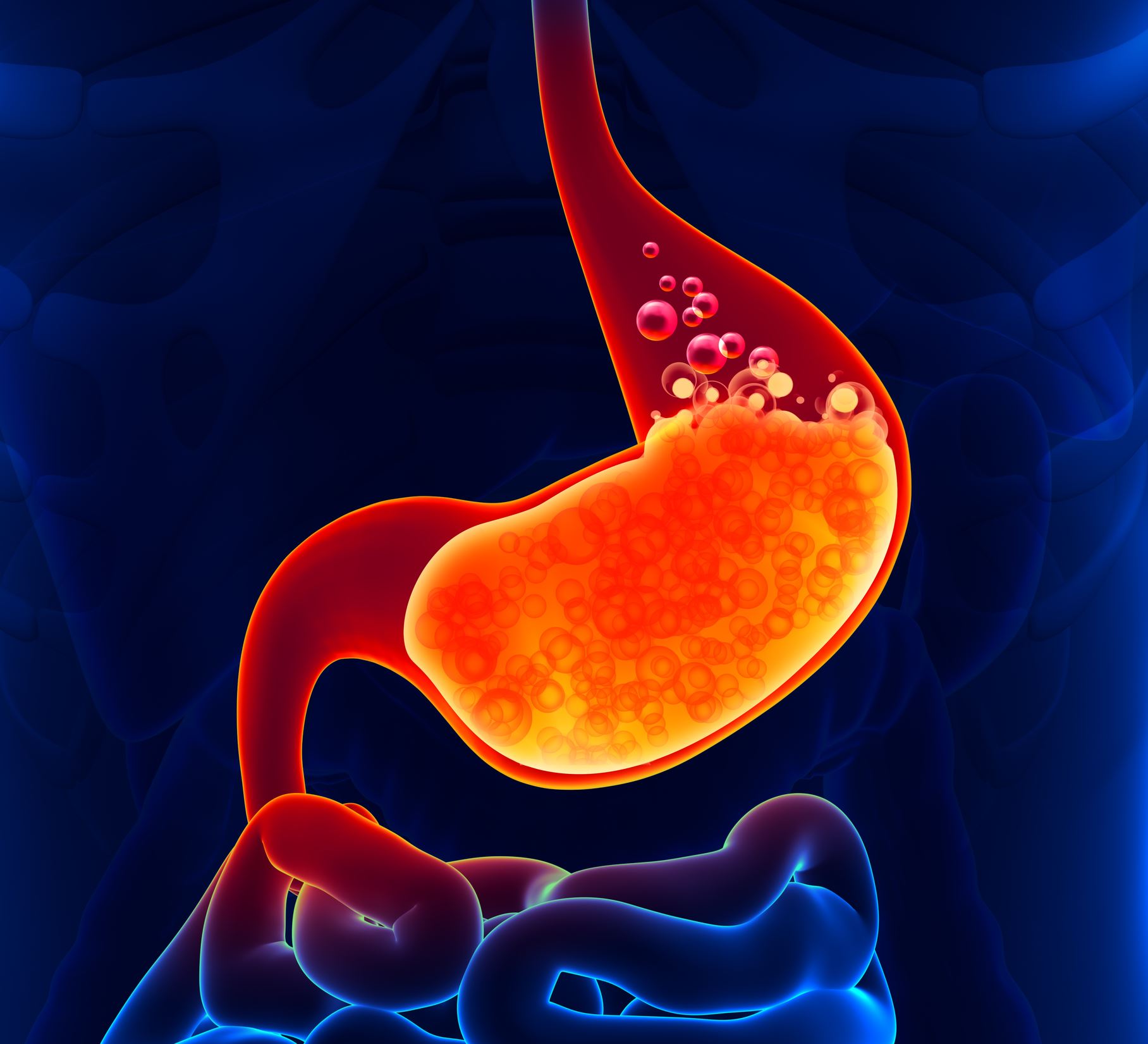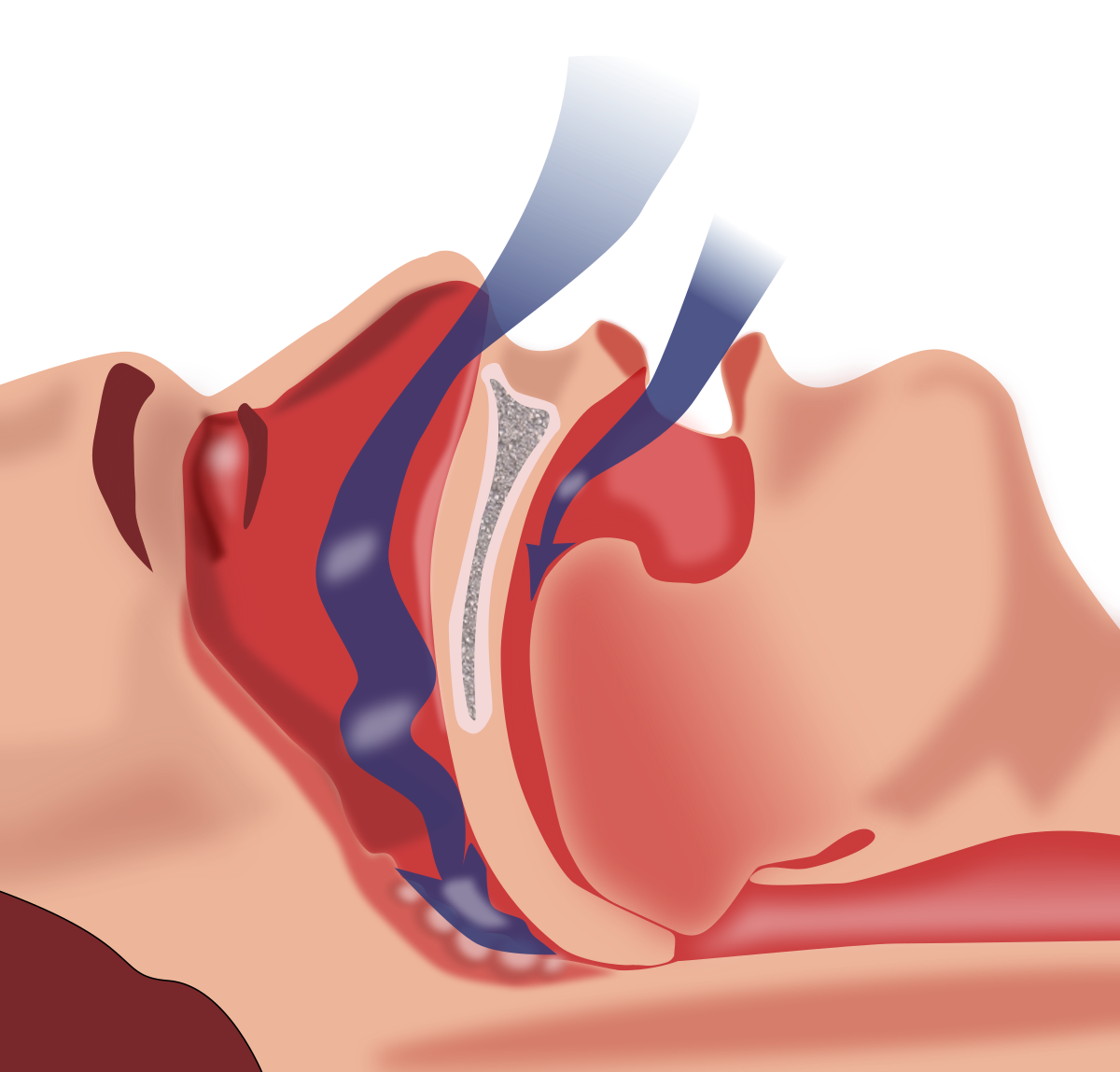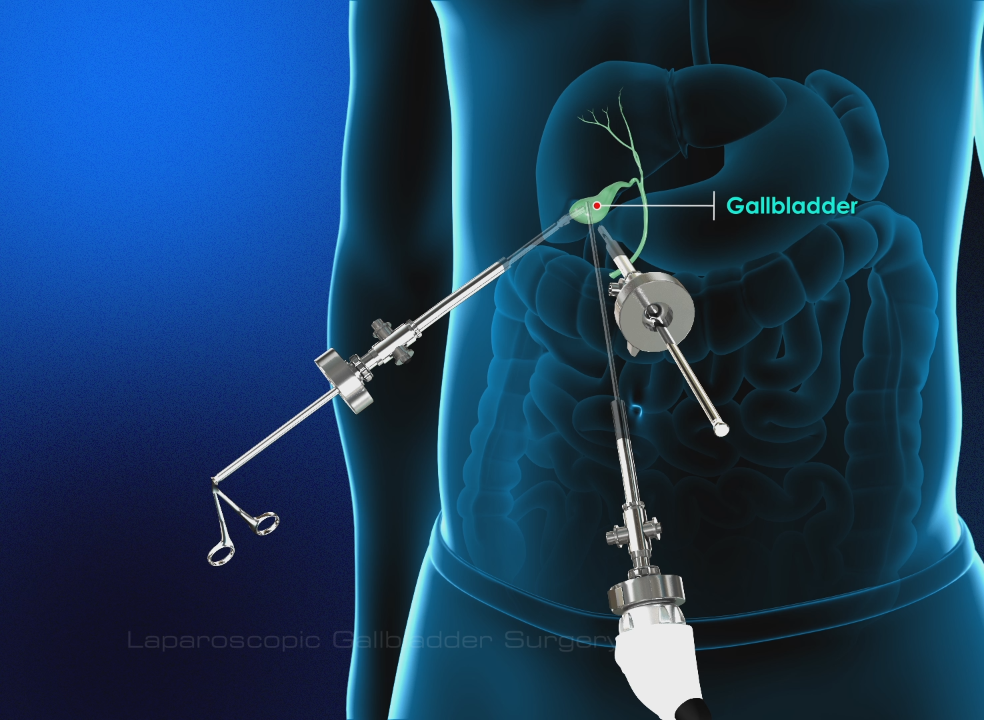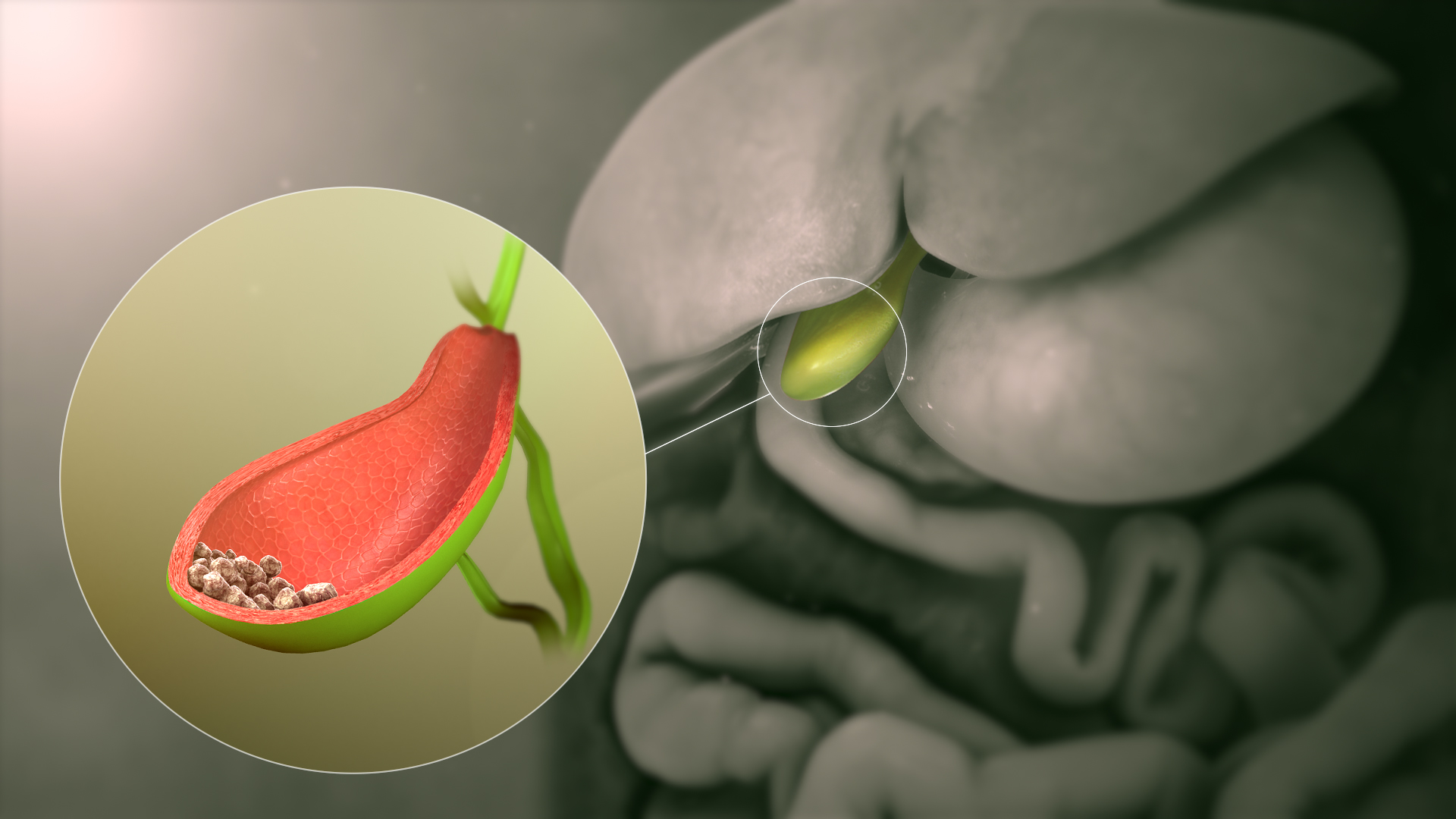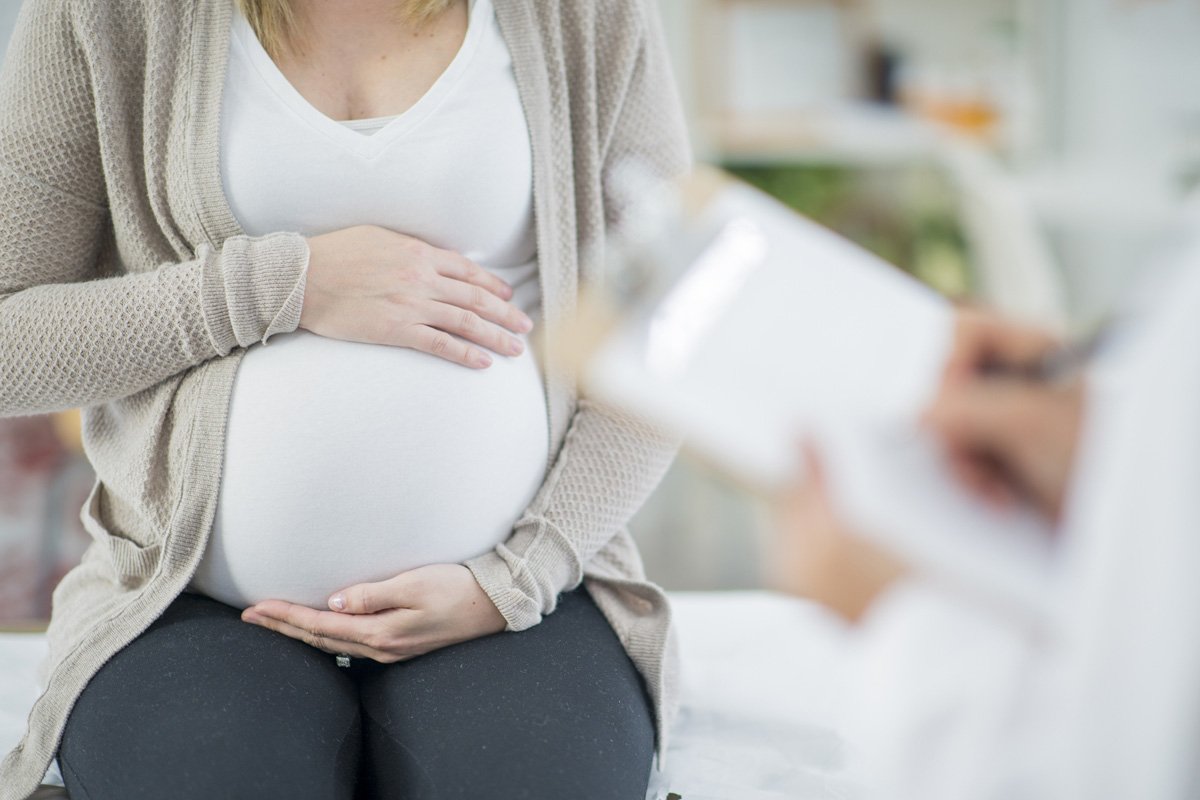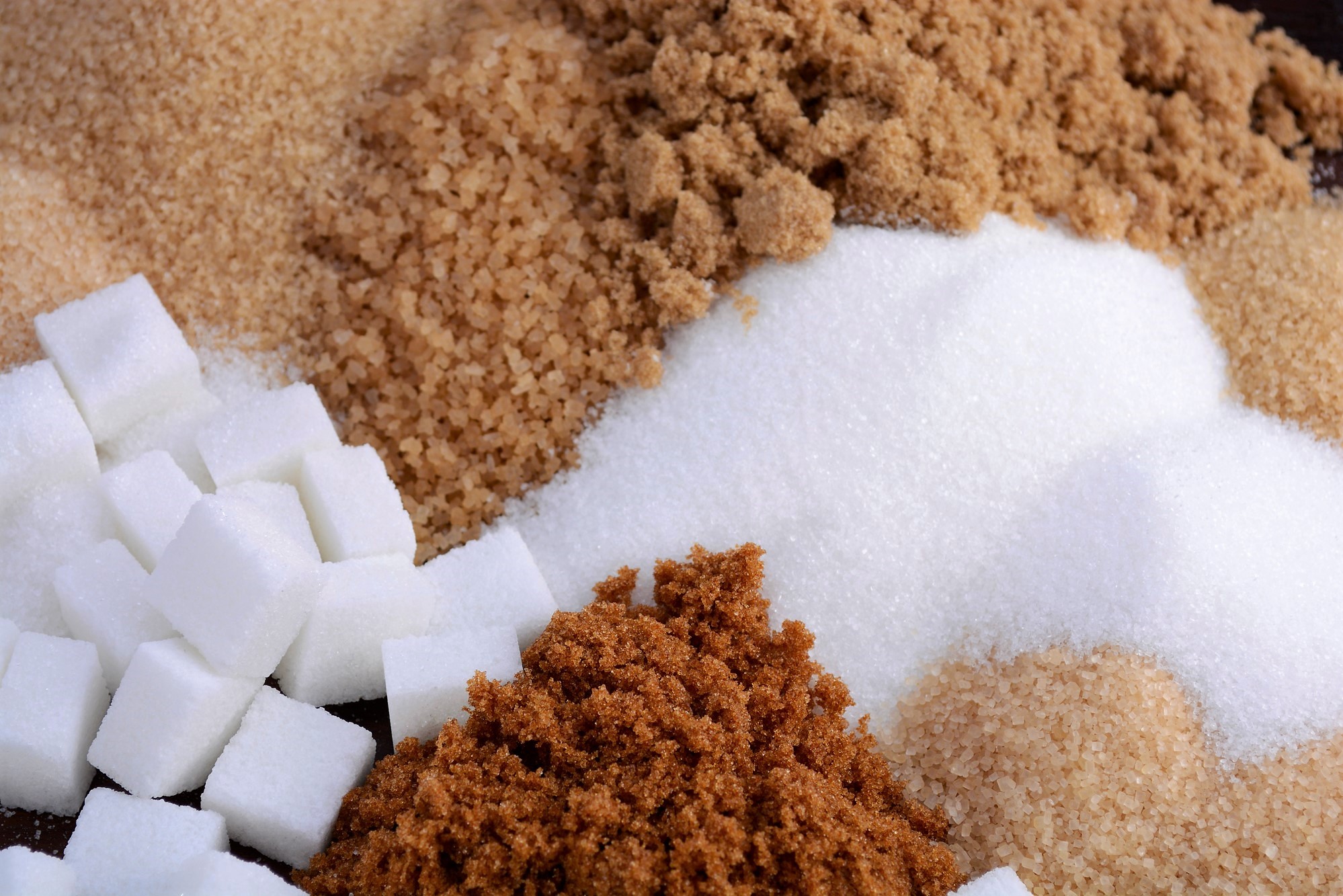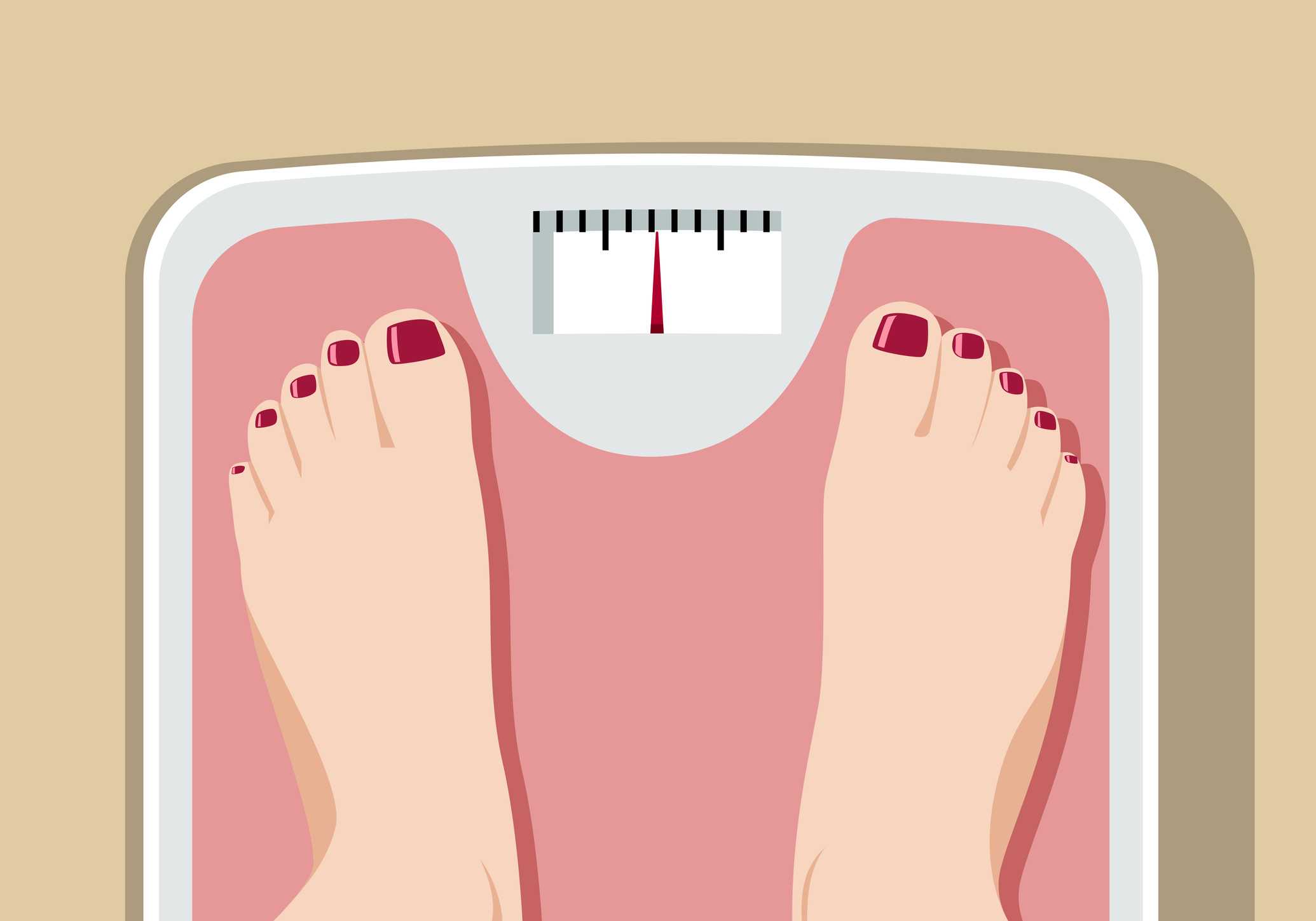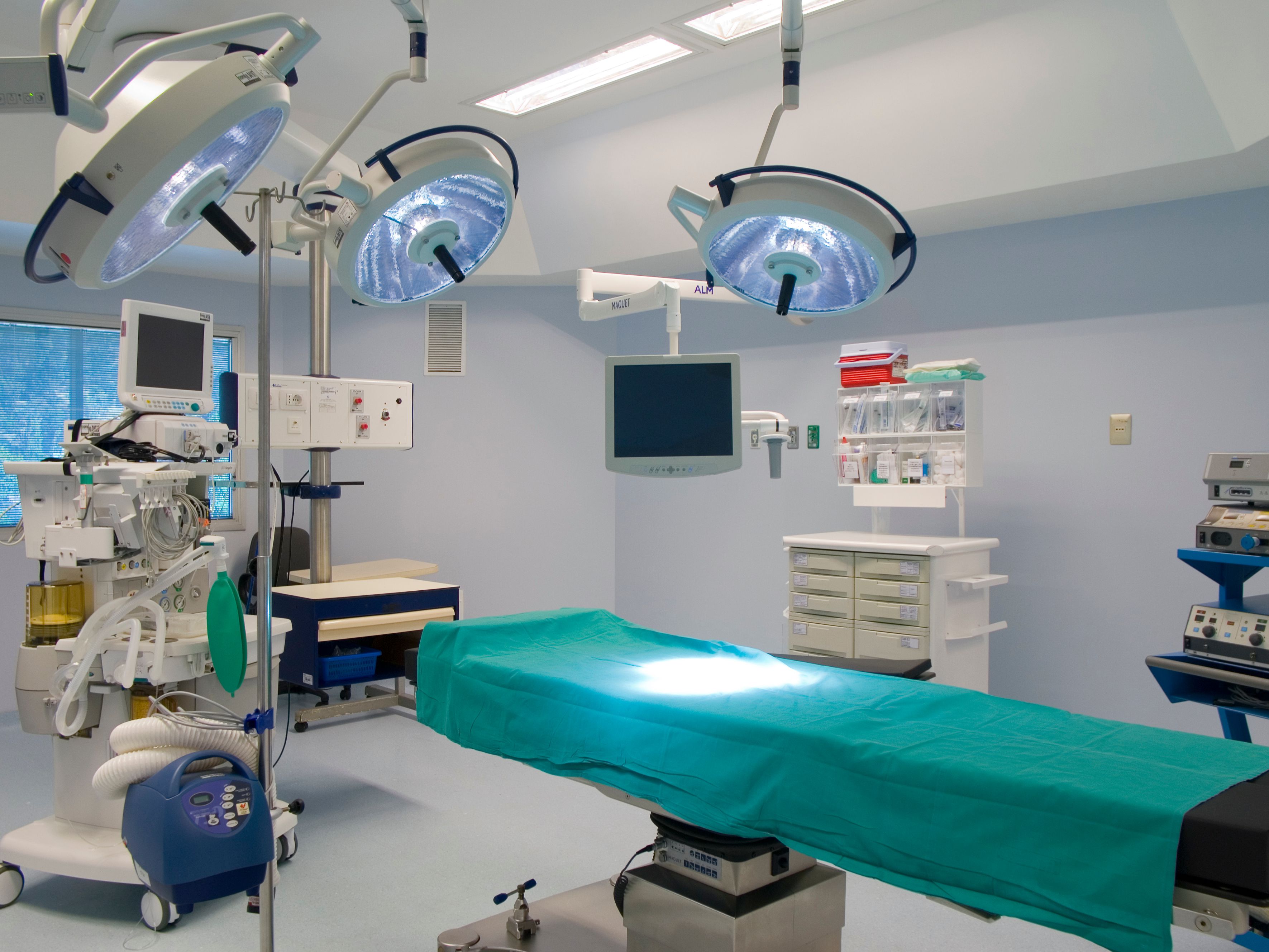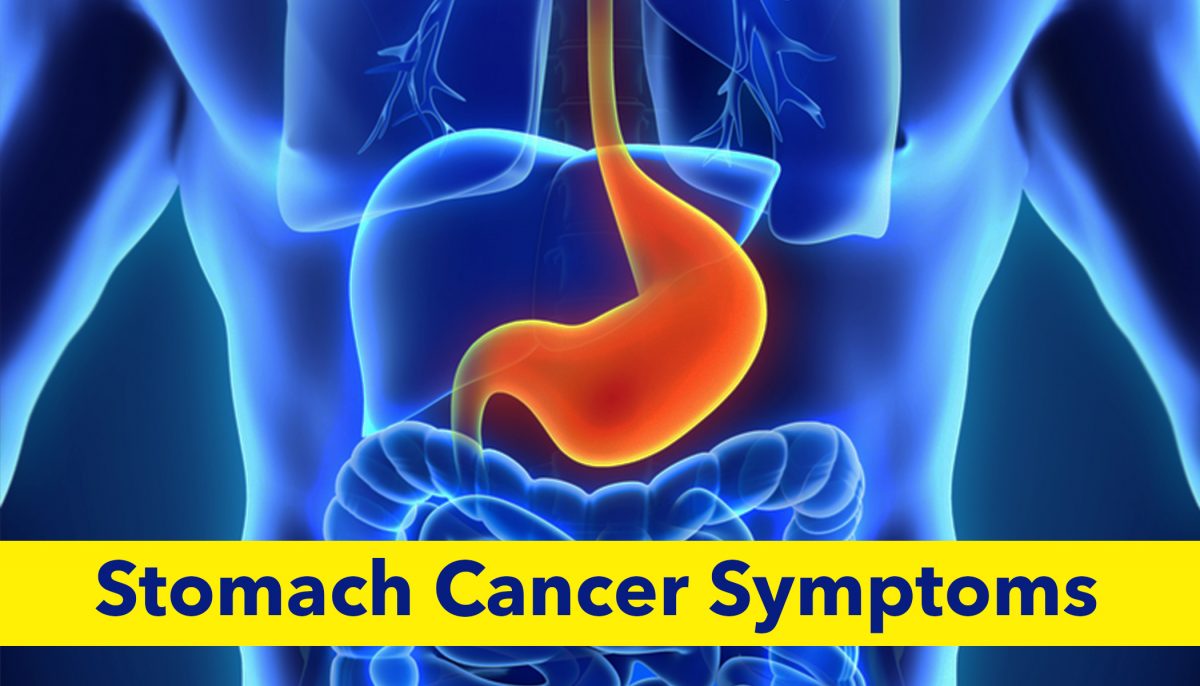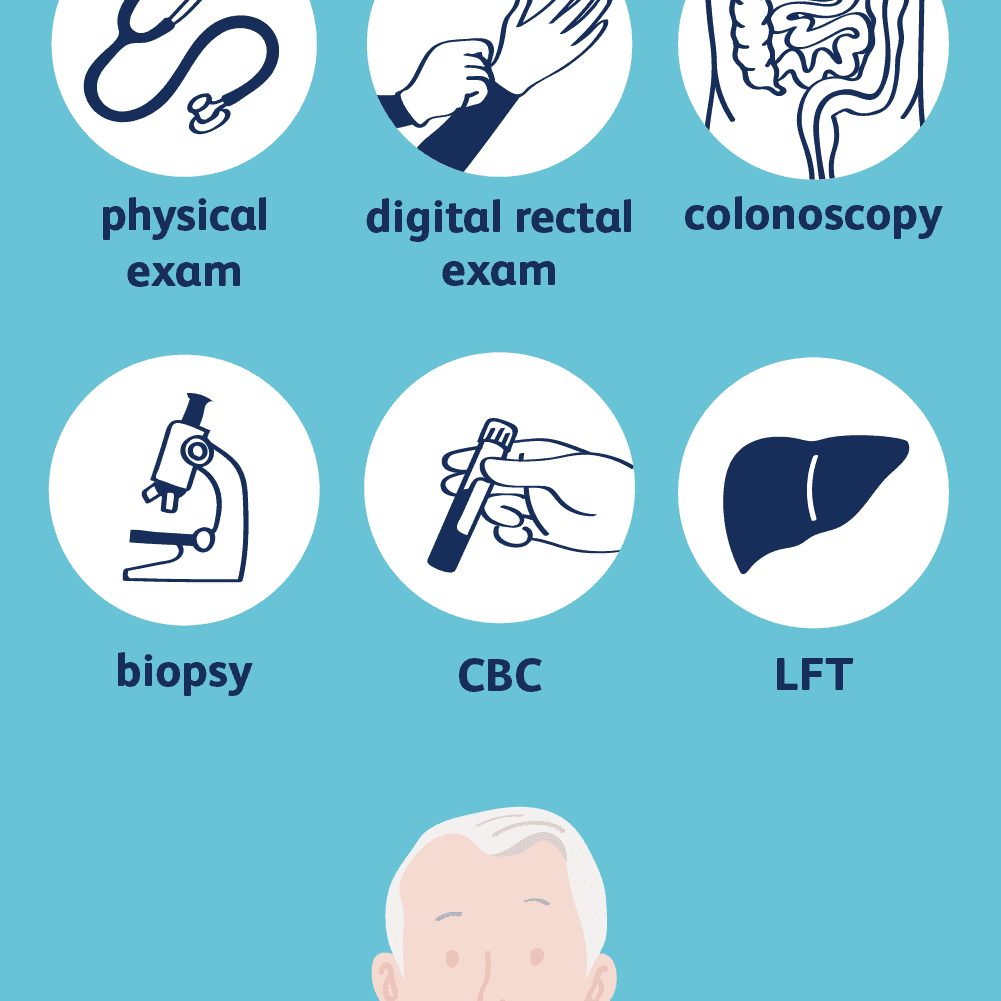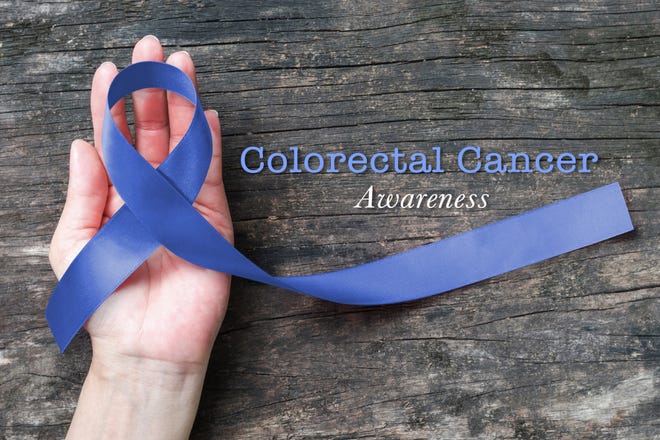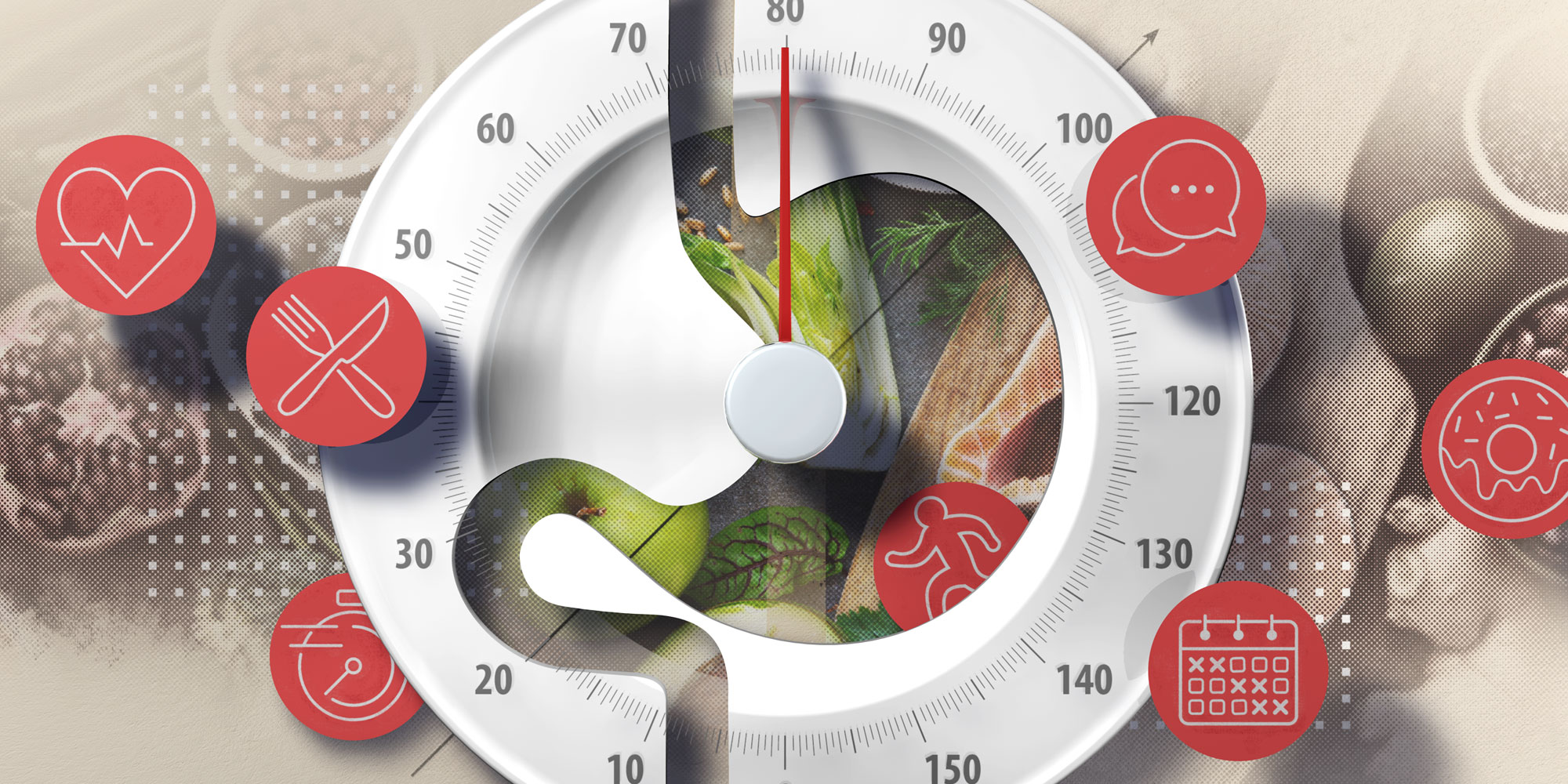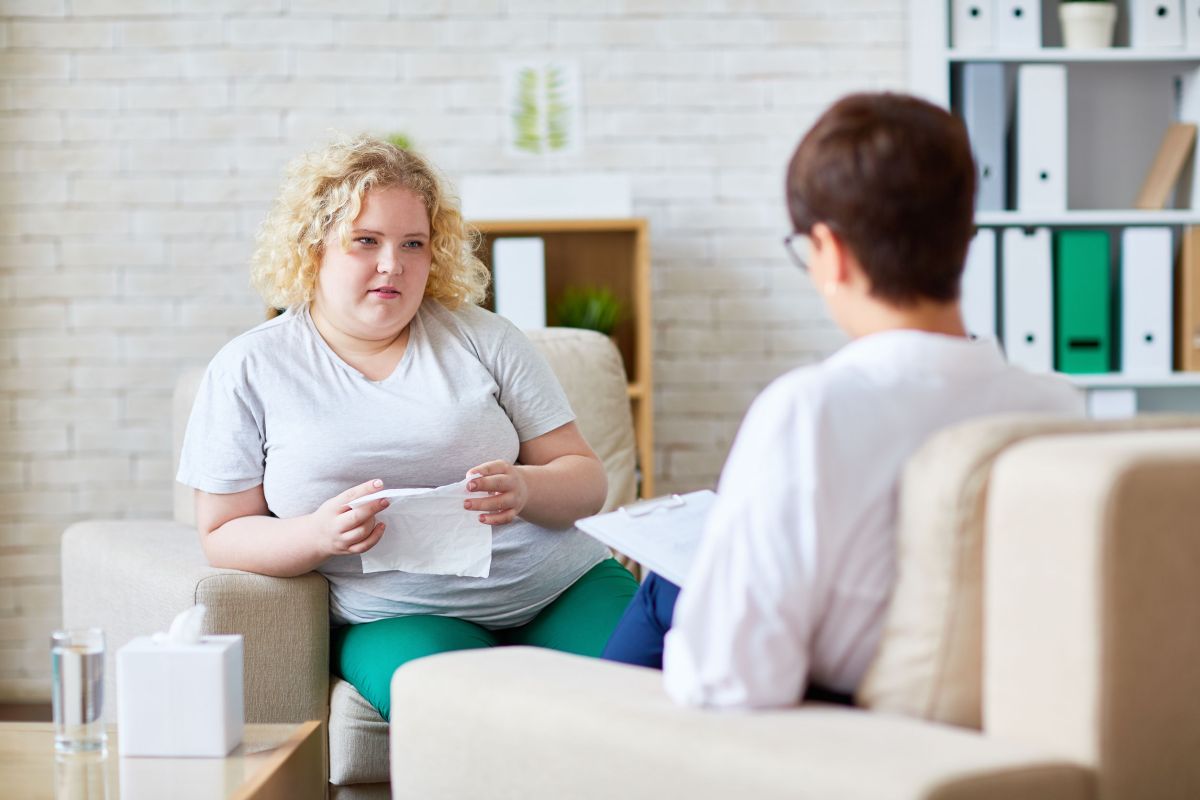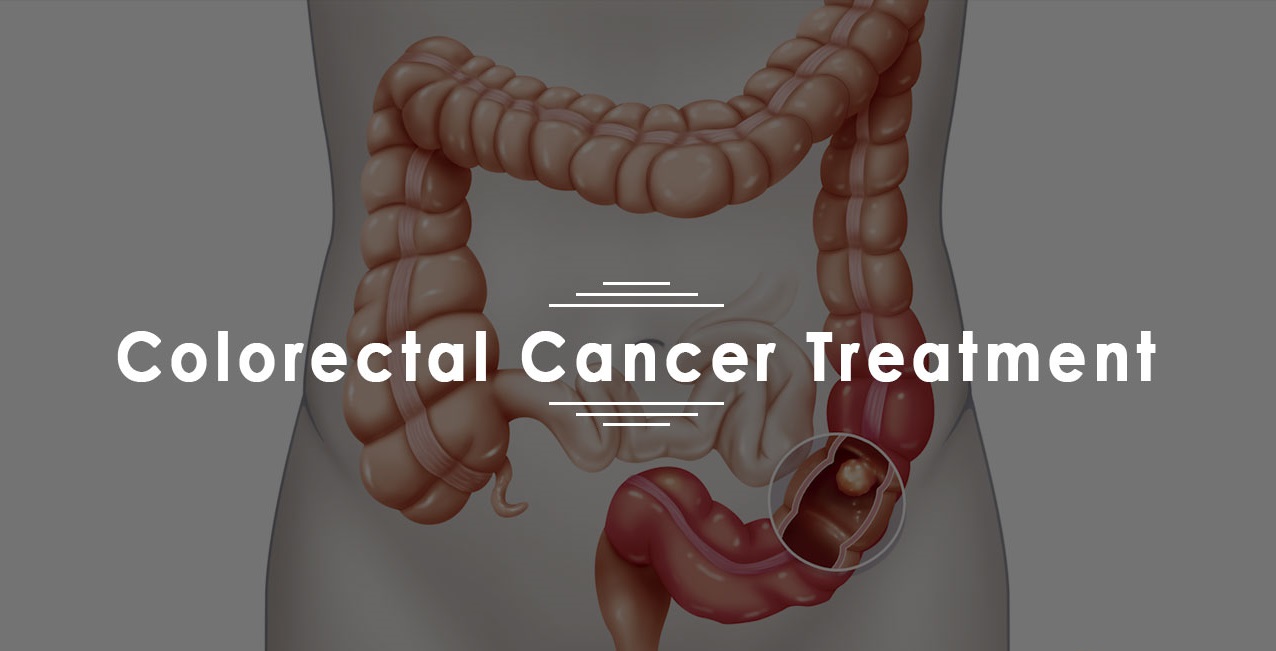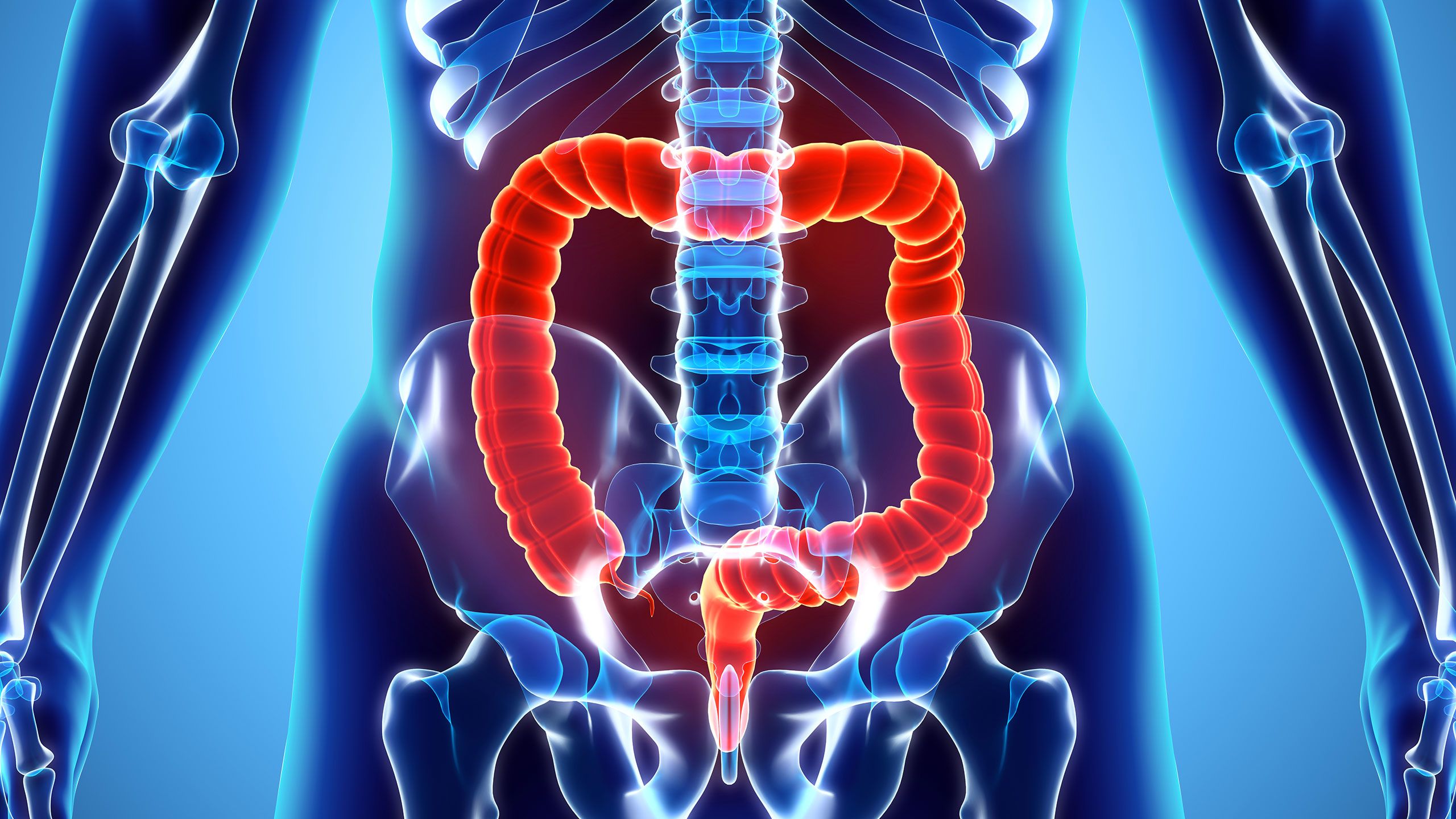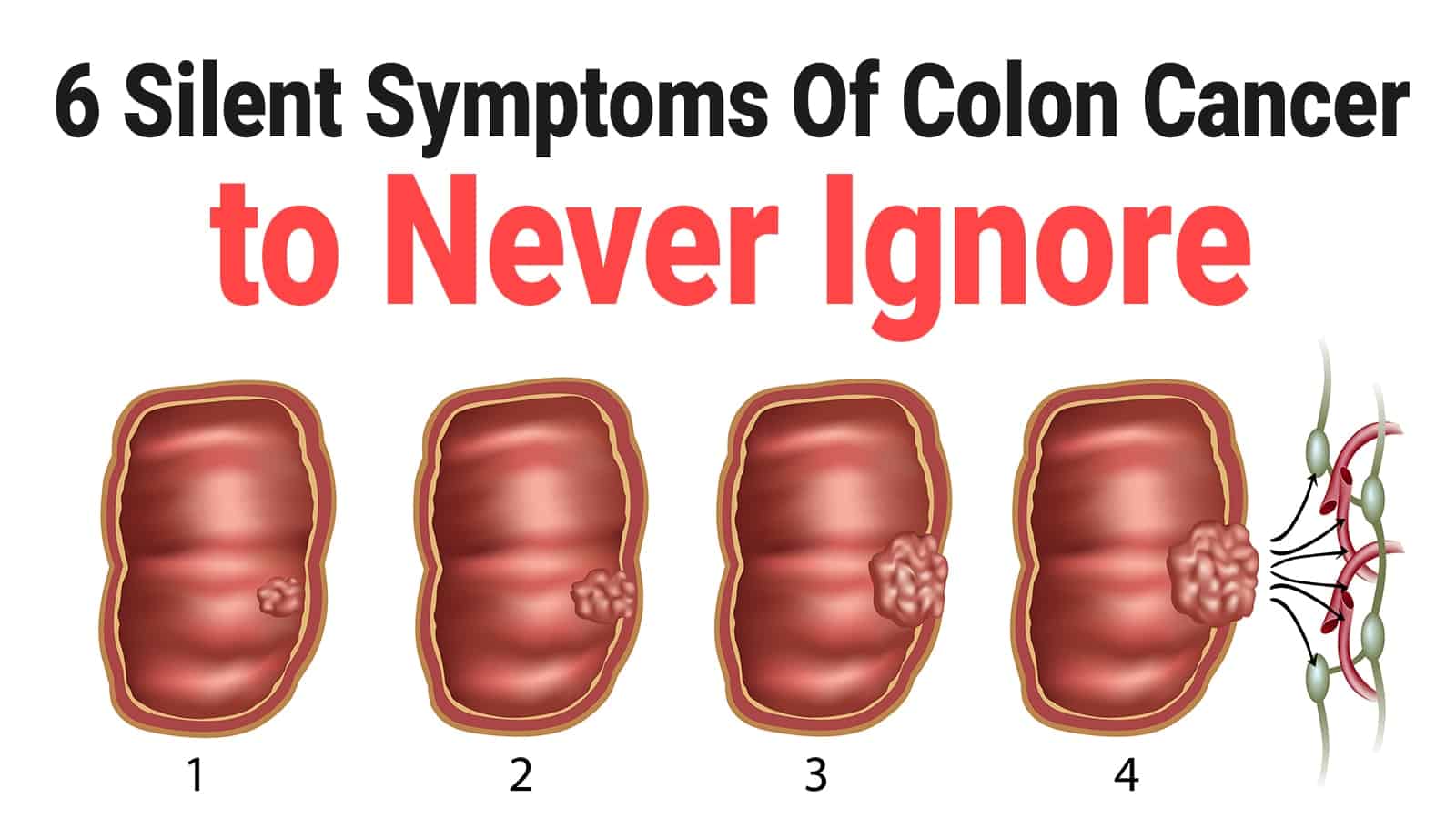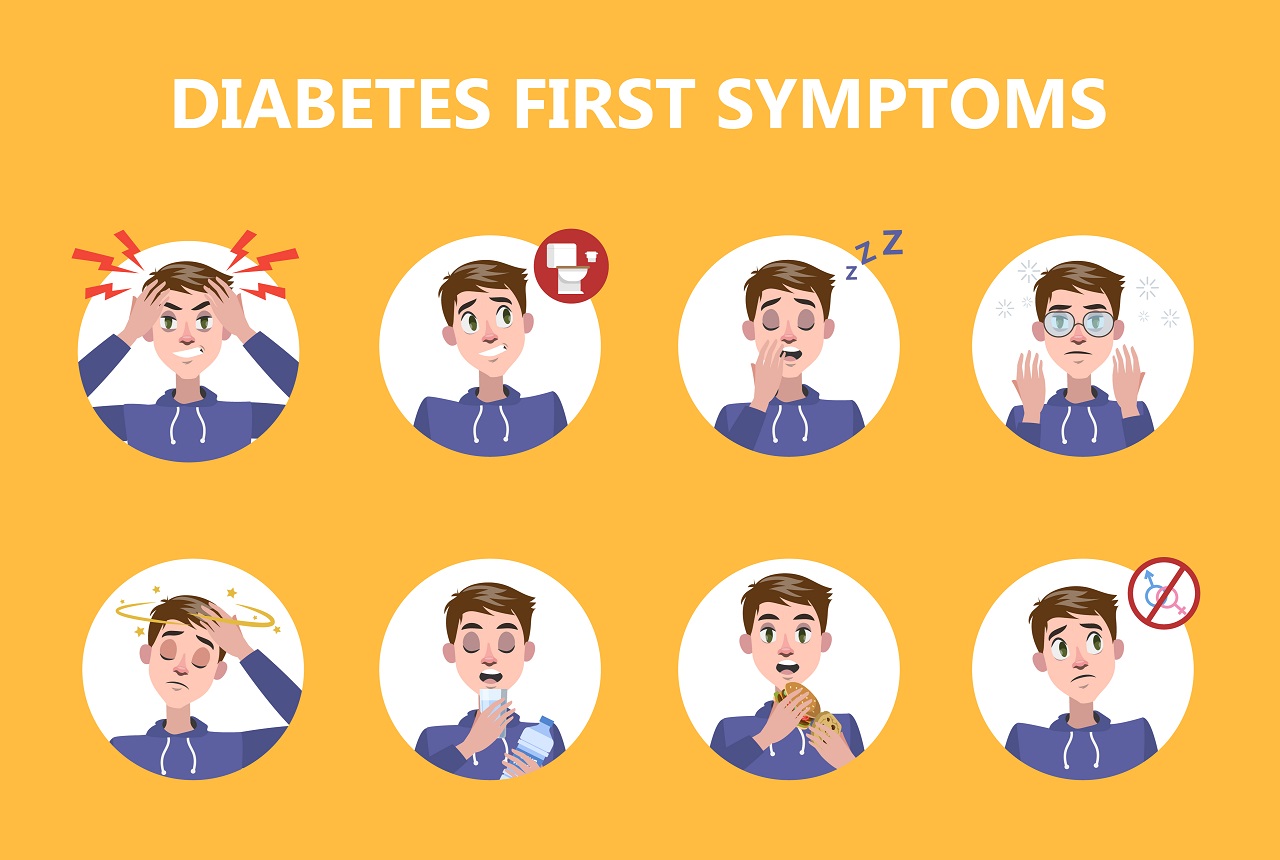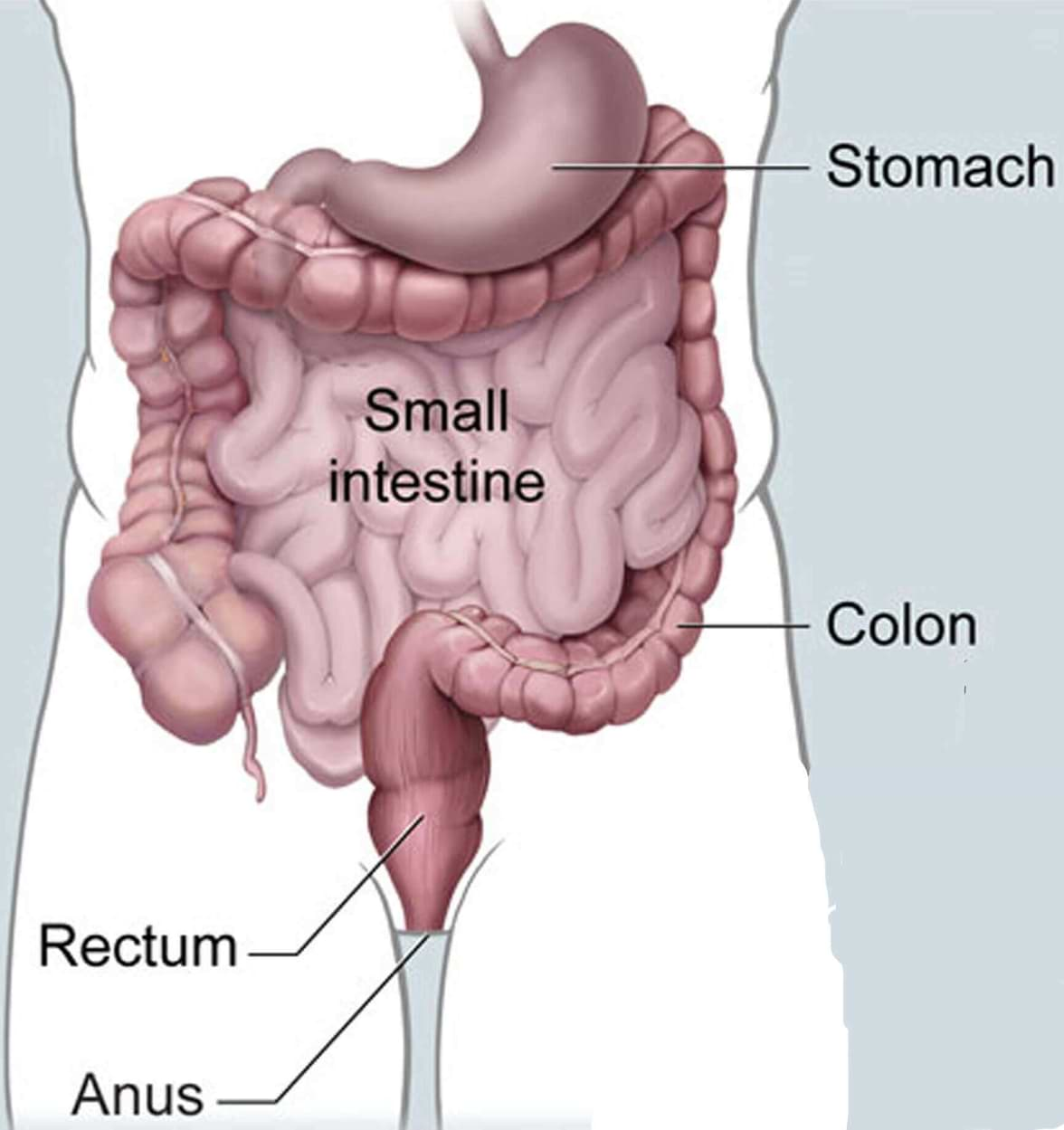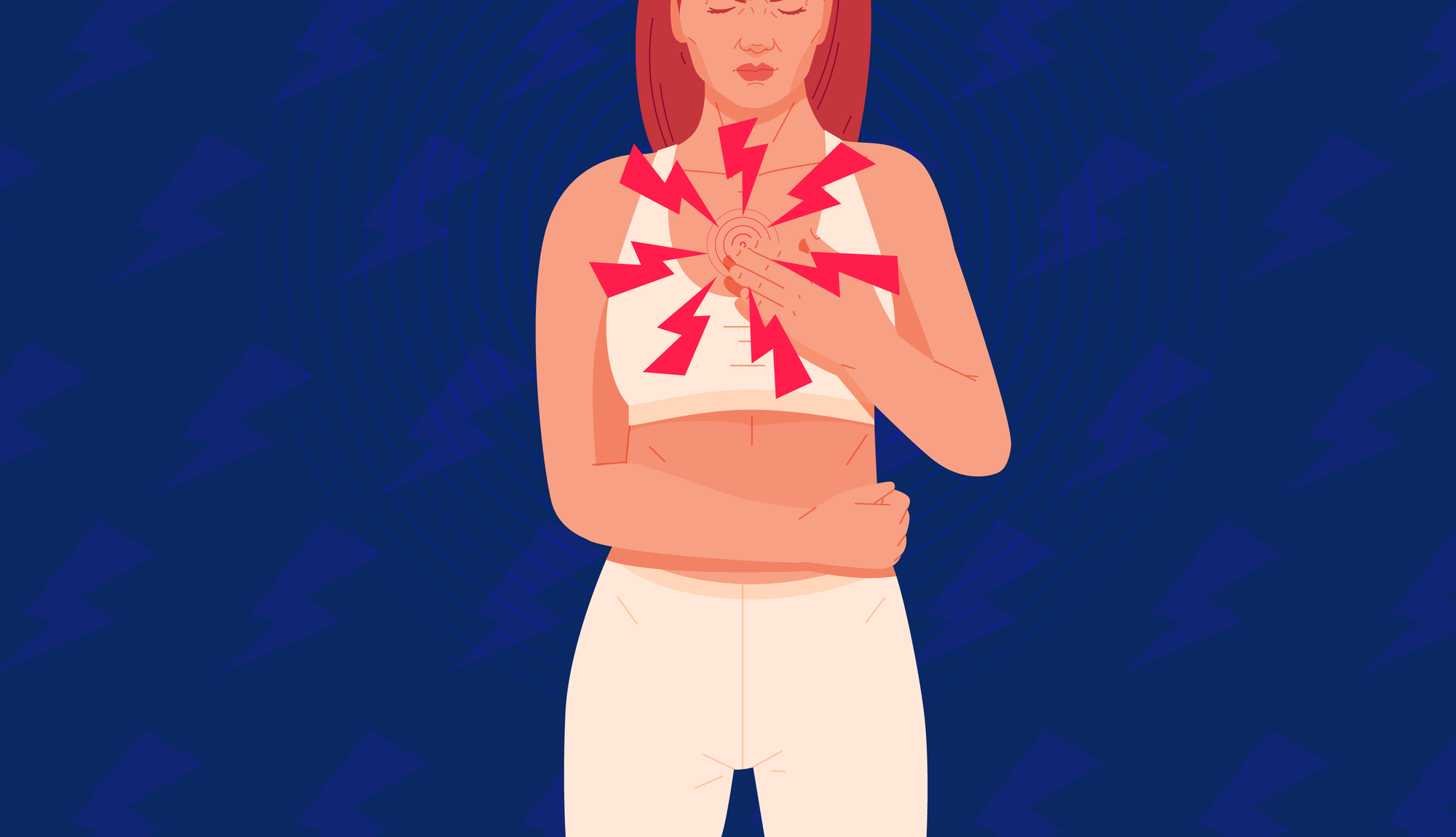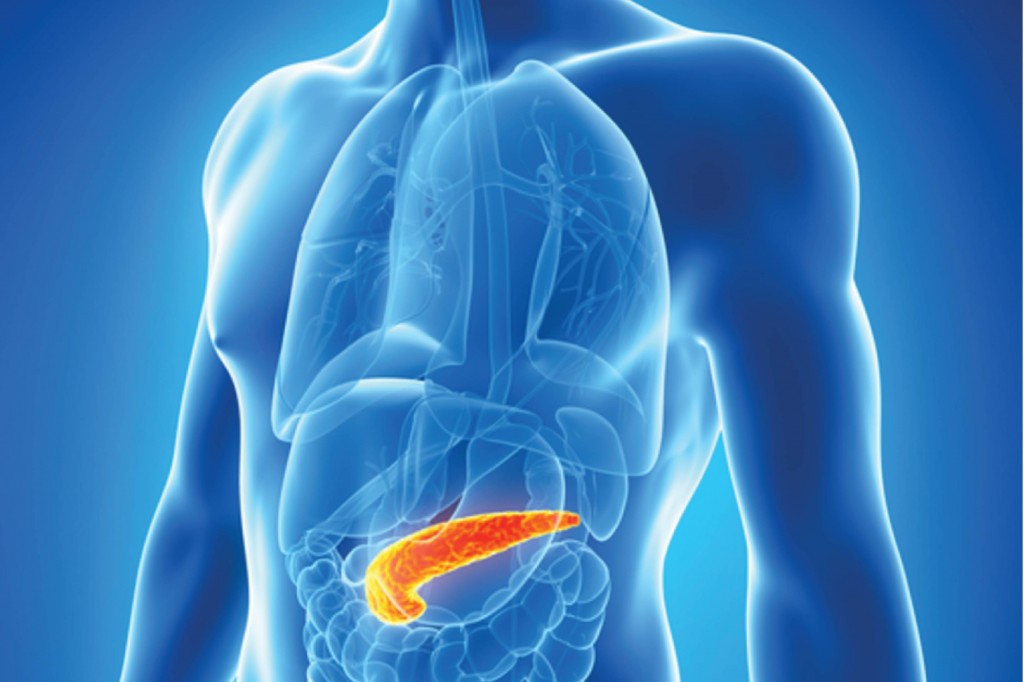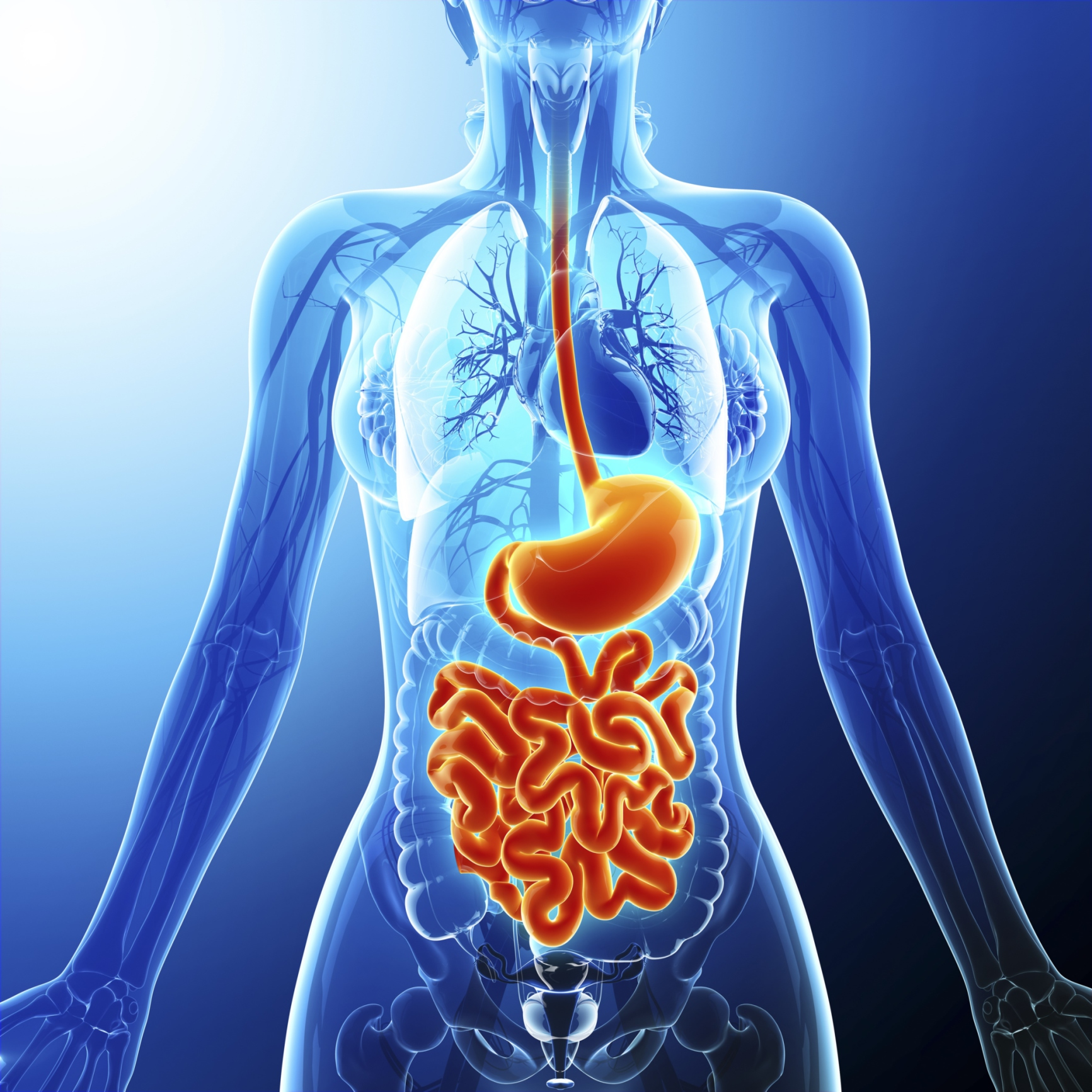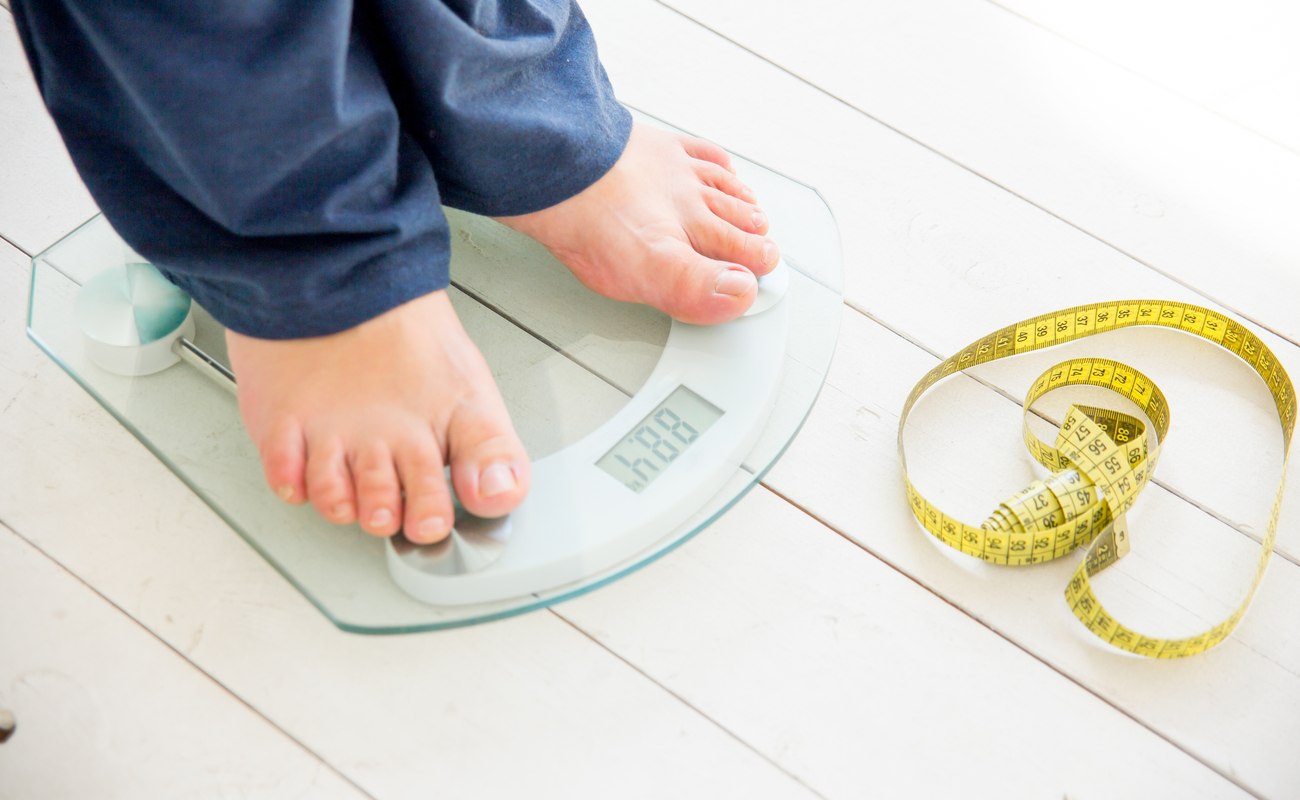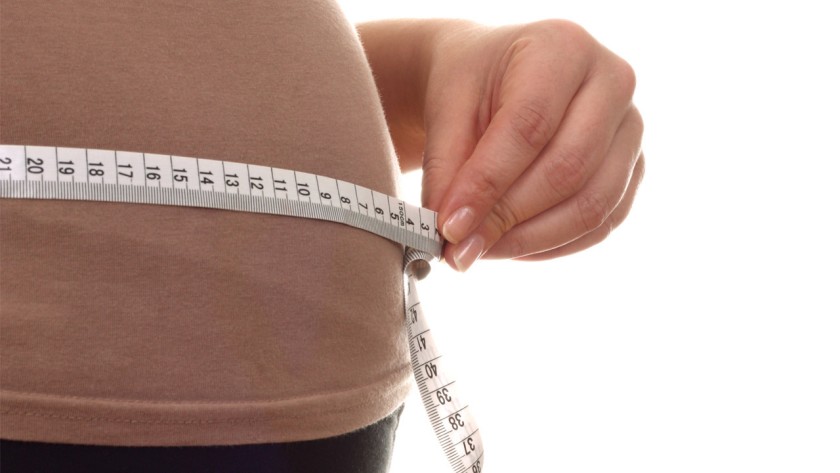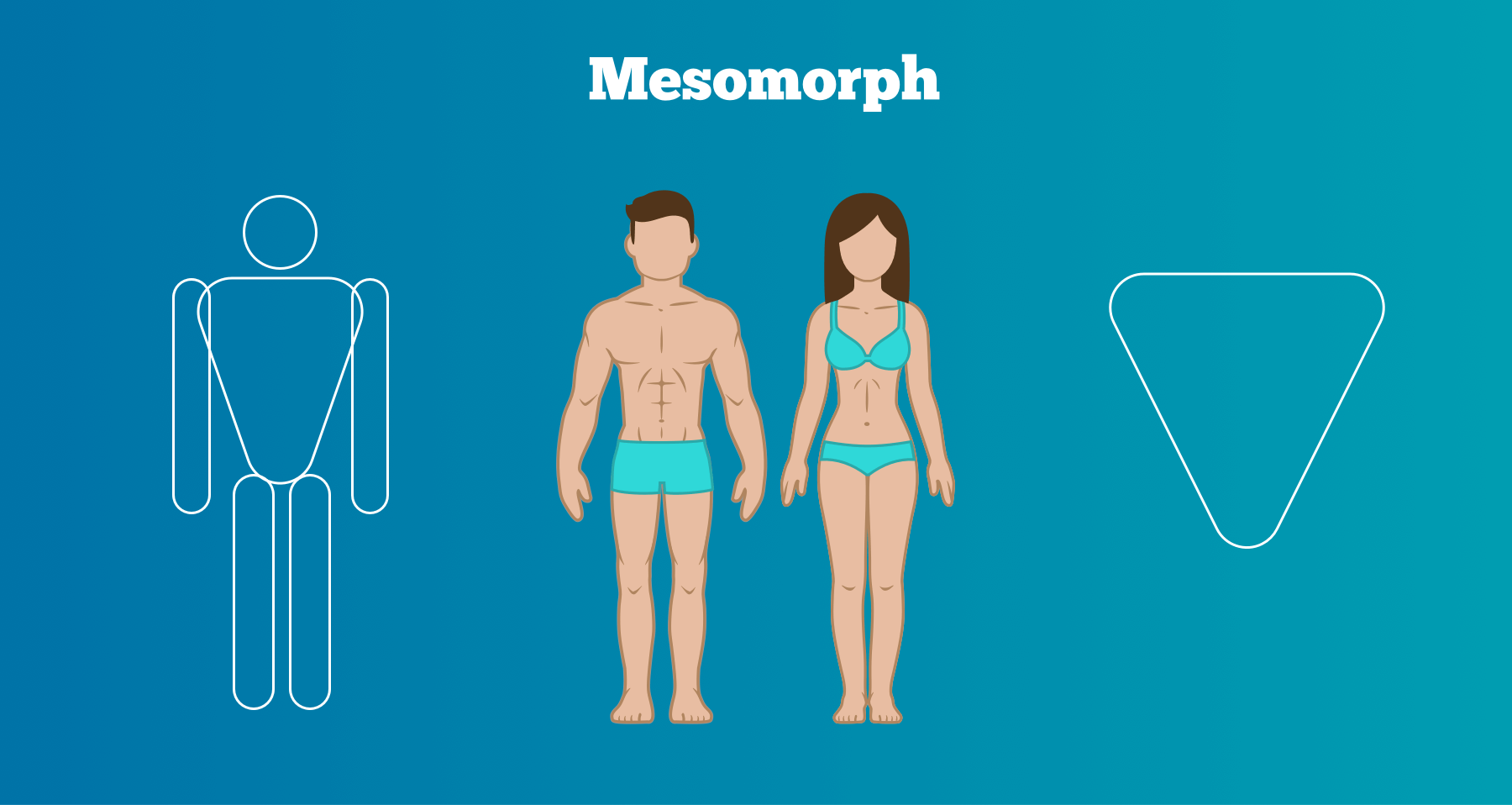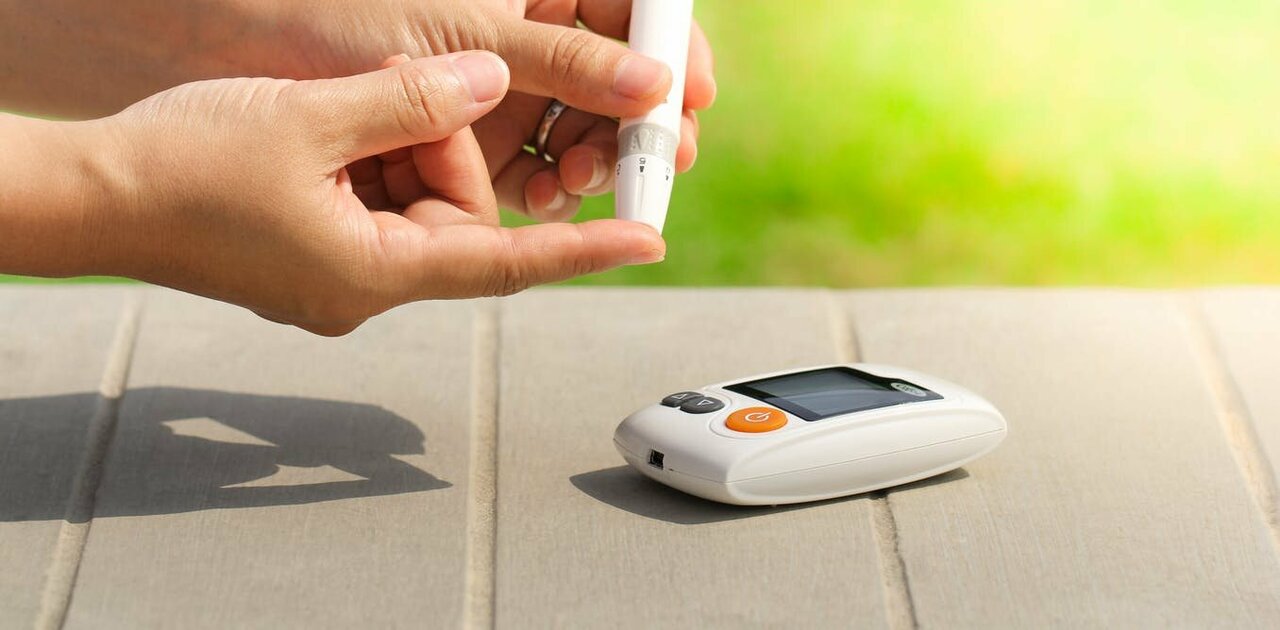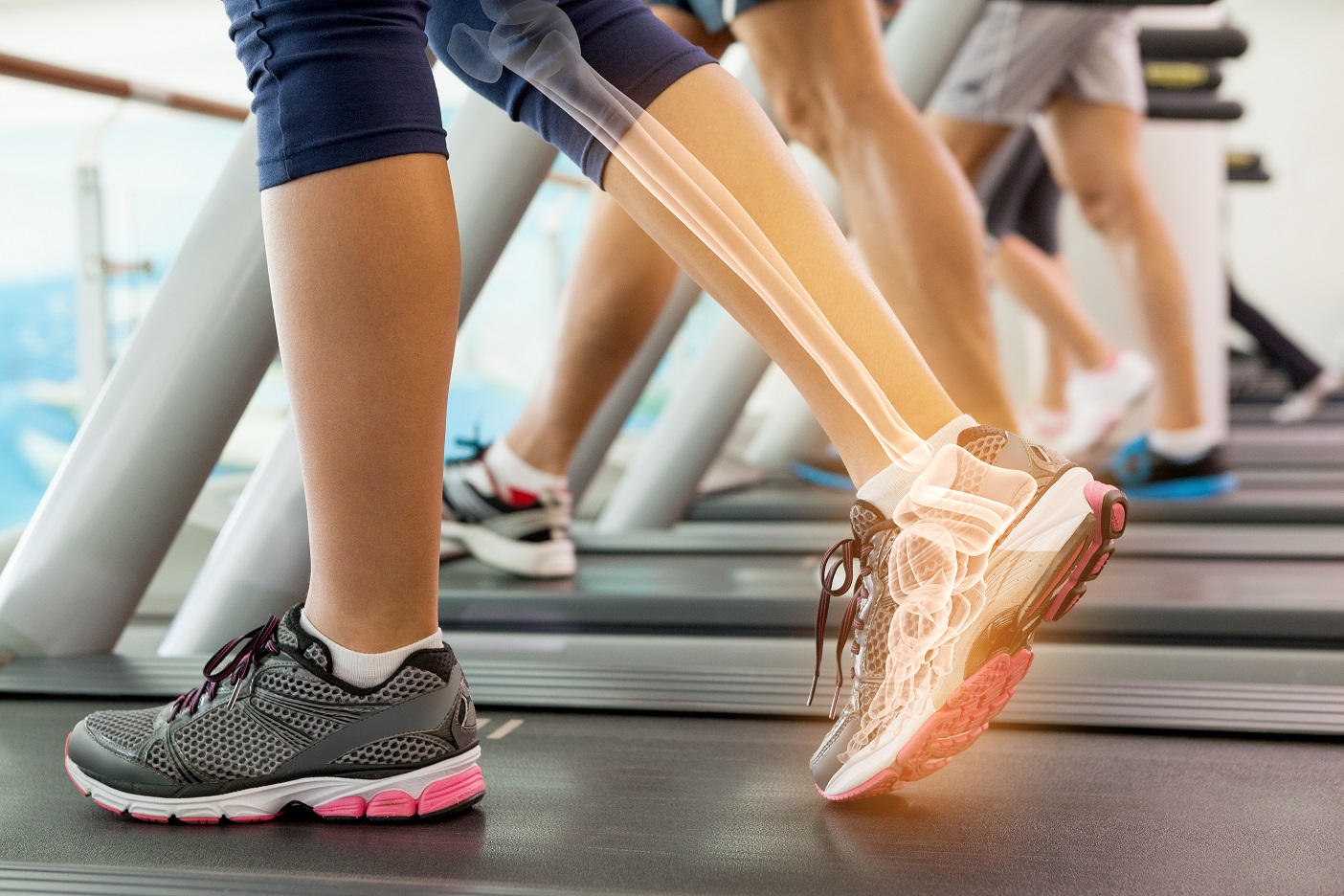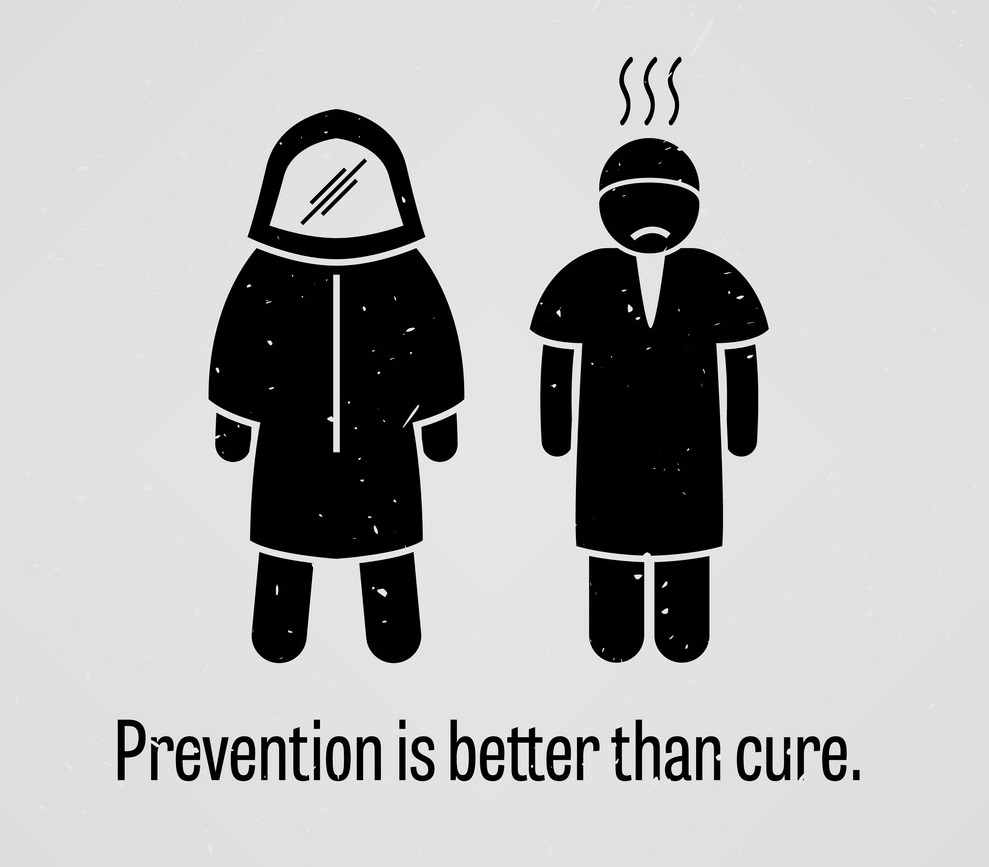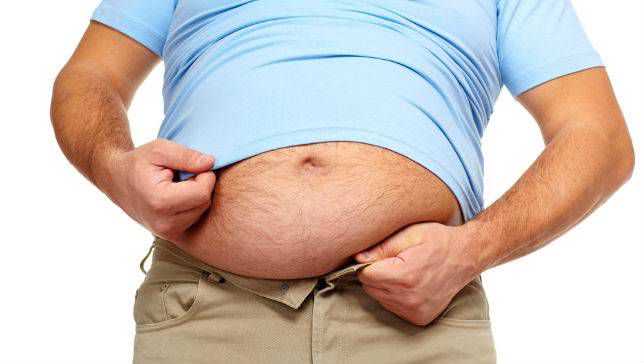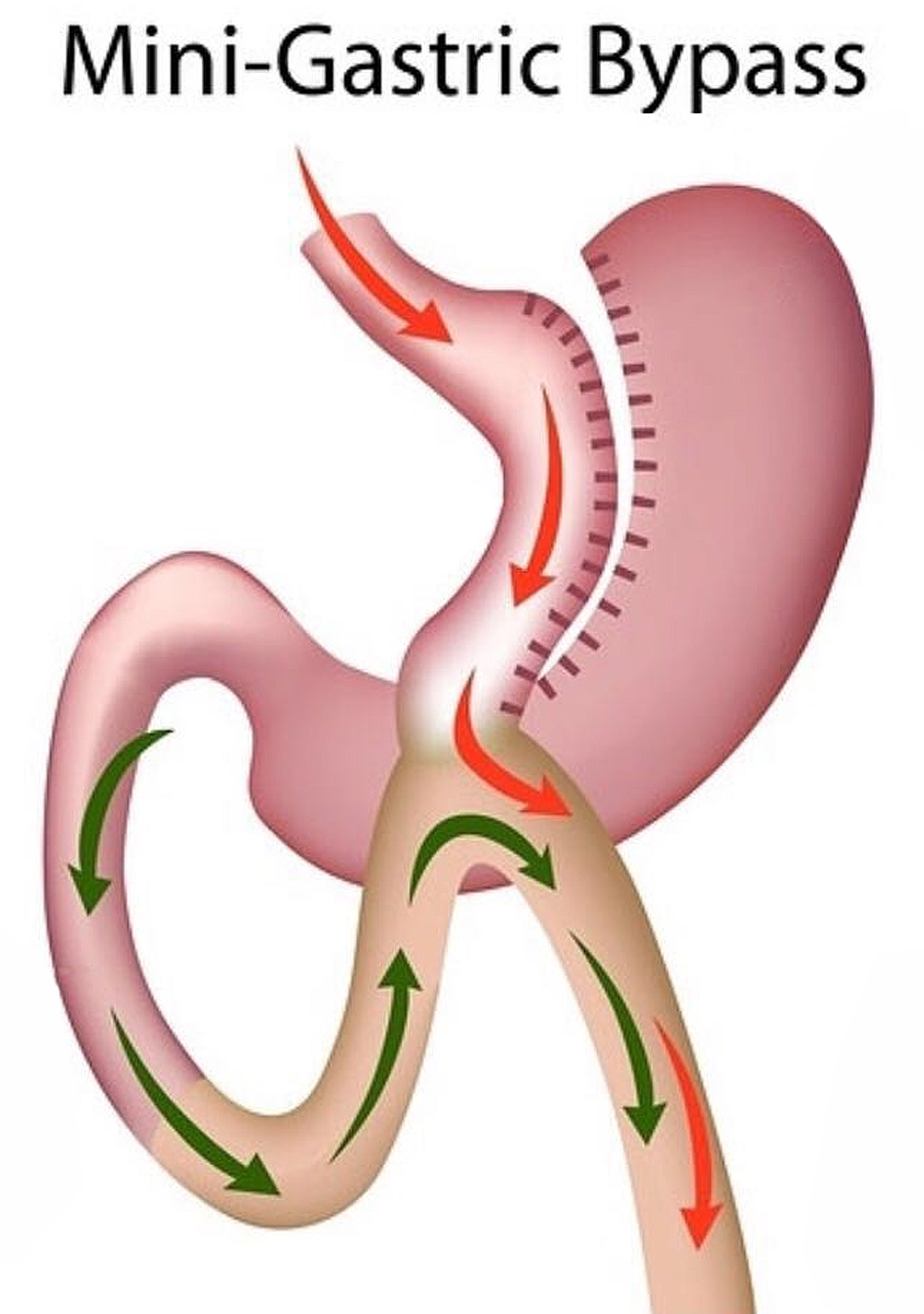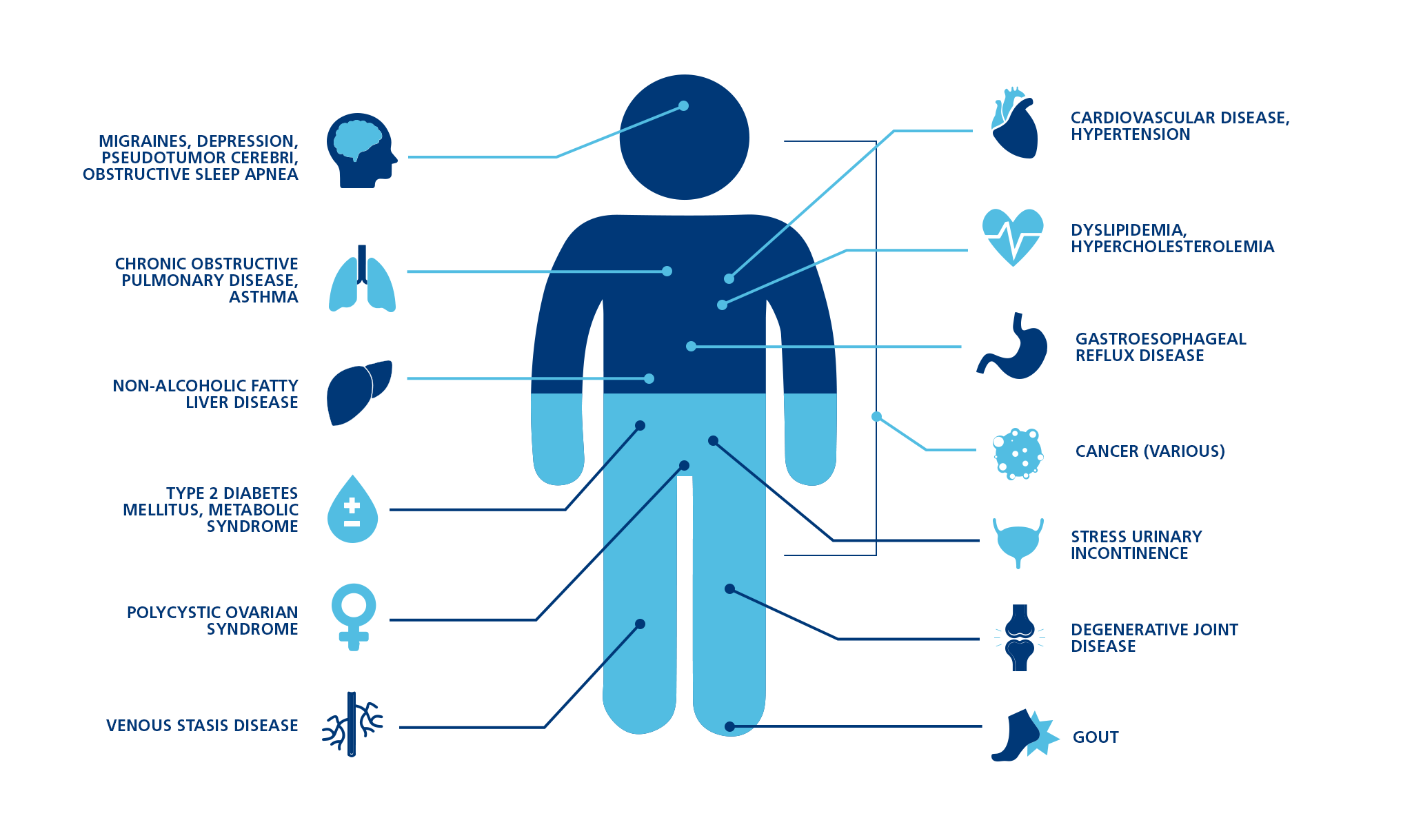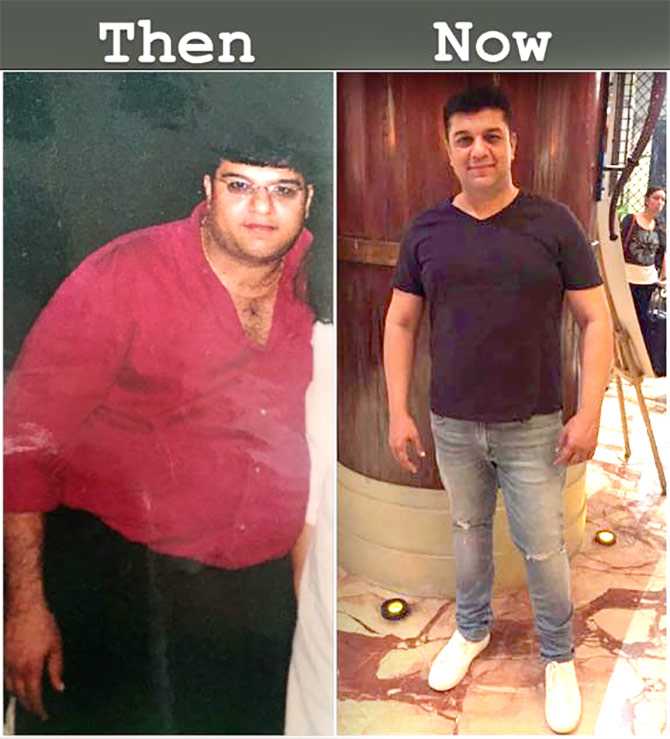Obesity And Gallbladder Stones- How are they related?
Obesity has been linked as a cause for many health conditions. Gallbladder stones being one of them.
Summary: 60 Second Read
This article covers:
Overview
Gallstones are rock-hard deposits that develop in the gallbladder, a small organ in the upper right abdomen just below the liver. Gallstones can be so small they’re barely visible, or as large as a golf ball. They can exist singly or by the hundreds. And they can be asymptomatic or excruciatingly painful.
Probable Causes
Gallstones are formed when bile, which aids in the digestion of fat, contains too much cholesterol or bilirubin and not enough bile acids or lecithin (substances that allow water- and oil-based liquids to mix).
Cholesterol gallstones are the most prevalent type, but stones made from bilirubin (called “pigment gallstones”) are also common.
How Obesity is related to Gallstones
Obesity can lead to gallstones because it alters the balance of cholesterol versus lecithin versus bile acids in the gallbladder.
- Excess body weight also makes it more difficult for the gallbladder to empty and this allows cholesterol-rich bile to accumulate and harden into stones.
- A high-fat western diet may predispose to cholesterol-rich crystals or stones in the bile by increasing cholesterol crystal number or growth. This is noticed by researchers that obese children with biliary pancreatitis having a higher likelihood of stones than sludge.
- Gall bladder stasis from increasing intervals between meals in an attempt to lose weight or prevent obesity.
- Obesity may also affect diagnosis of gallstones, as one study reports a decreased sensitivity of MRCP (magnetic resonance cholangio-pancreatography) in detecting gallstone in obese and overweight patients.
Tips on losing weight safely to reduce the risk
Losing excess weight is a surefire way to reduce your risk of gallstones. Most experts agree that slow, steady weight loss is preferable to crash diets, which is especially important when it comes to gallstones.
Rapid weight loss can trigger gallstones for the same reasons as obesity- it alters the balance of cholesterol, lecithin, and bile acids, and prevents the gallbladder from emptying adequately.
People who have had bariatric surgery are prime candidates for gallstones because they tend to lose a significant amount of weight in the first three to six months. The type of surgery doesn’t matter, it’s the weight loss that precipitates stones rather than the actual surgery.
Gallstones are such a common occurrence after bariatric surgery that patients are routinely given a medication that helps prevent stone formation by decreasing cholesterol production and dissolving it in bile.
Weight loss of ½ to 2 kg per week is a good goal for most people. Modest weight loss not only helps prevent gallstones, it also encourages new habits that can help put an end to losing and regaining weight repeatedly- and weight cycling is another risk factor for gallstones.
When it comes to gallstone prevention, the type of food you eat doesn’t really matter, the important thing is to avoid eating too much. That being said, extremely low-fat diets are not a great idea because they inhibit gallbladder contractions, making it harder for the gallbladder to empty and allowing bile to accumulate and calcify instead of being released into the small intestine.
Weight loss is best achieved with increased activity and a sustainable diet that doesn’t leave you feeling hungry, fatigued, or deprived.
- Plan your meals in advance, especially when eating out. Menus are often posted online, which makes this a lot easier.
- Keep a food journal. People who log everything they consume within 15 minutes of eating lose more weight than those who either don’t keep a journal or who wait to record their entries.
- Create a file (online or hard copy) of your favorite low-calorie recipes, and try to always have a stash of key ingredients in your fridge or cupboard.
- Keep healthy, low-calorie snacks in your home, office, car, bag — wherever! This will help you stay on track when the munchies hit and the only thing around is junk food.
- Identify and address “triggers” for unhealthy eating. This may be as simple as moving a candy dish off your coffee table or as challenging as getting to the bottom of why you eat when stressed or bored.
- Eat only until you’re satisfied, not until you’re stuffed. If you eat slowly and mindfully, you’re less likely to overeat because it takes about 15 to 20 minutes for your brain to register that your stomach is full.
- Try not to multitask while eating. Turn off the TV, power down your computer, and don't take or make calls during meals.
- Make sure you get enough sleep. Sleep deprivation sets you up for weight gain by increasing hunger and decreasing your ability to resist comfort foods.
Bottom line
No one is perfect. You can’t always control what, where, and how you eat. The occasional extra piece of pizza or a couch potato day will not ruin your weight loss efforts or result in a spontaneous gallstone.
Just try to learn from the experience so you can prevent it from happening again, and then get right back to your healthy eating and exercise plan.
Learn more about Gallbladder Stone Surgery by our specialist.
To book online consultation click on the link below-
Reference:
- https://www.mayoclinic.org/diseases-conditions/gallstones/symptoms-causes/syc-20354214
- https://www.niddk.nih.gov/health-information/digestive-diseases/gallstones/dieting
- https://www.ncbi.nlm.nih.gov/pmc/articles/PMC6640854/

